Similar presentations:
Changing weather. Unit 8.3
1.
Changing weather [weðə]Unit 8.3
2.
What’s the weather [weðə]like today?
How’s the weather today?
3.
What are the shops like inLondon?
How are the shops in
London?
4. Please ask these questions
5.
1.Какая еда (the food)
в Лондоне?
6.
1.What’s the food like in
London?
How’s the food?
7.
2. Какие гостиницы (thehotels) в Лондоне?
8.
2. What’re the hotels likein London?
How are the hotels?
9.
3. Какие парки (theparks) в Лондоне?
10.
3. What’re the parks likein London?
How are the parks?
11.
4. Какие музеи (themuseums) в Лондоне?
12.
4. What’re the museumslike in London?
How’re the museums?
13.
5. Какие люди (thepeople) в Лондоне?
14.
5. What’re the people likein London?
How are the people?
15. Exercise 1 Page 84
16. Match the symbols with the weather [weðə] descriptions
17.
It’s foggy -It’s snowing
туманно
It’s warm
It’s cold
It’s sunny
It’s raining
It’s windy
[windi] ветрено
It’s cloudy
[klaudi] - облачно
18.
19.
It’s foggyIt’s snowing
It’s warm
It’s cold
It’s sunny
It’s raining
It’s windy
[windi]
It’s cloudy
20. It’s warm
21. It’s warm
22.
23.
It’s foggyIt’s snowing
It’s warm
It’s cold
It’s sunny
It’s raining
It’s windy
[windi]
It’s cloudy
24. It’s cold
25. It’s cold
26.
27.
It’s foggyIt’s snowing
It’s warm
It’s cold
It’s sunny
It’s raining
It’s windy
[windi]
It’s cloudy
28.
It’s windy29. It’s windy [windi] - ветрено
30.
31.
It’s foggyIt’s snowing
It’s warm
It’s cold
It’s sunny
It’s raining
It’s windy
[windi]
It’s cloudy
32.
It’s cloudy33.
It’s cloudy [klaudi] облачно34.
35.
It’s foggyIt’s snowing
It’s warm
It’s cold
It’s sunny
It’s raining
It’s windy
[windi]
It’s cloudy
36.
It’s foggy37.
It’s foggy - туманно38.
39.
It’s foggyIt’s snowing
It’s warm
It’s cold
It’s sunny
It’s raining
It’s windy
[windi]
It’s cloudy
40.
It’s snowing41.
It’s snowing42.
43.
It’s foggyIt’s snowing
It’s warm
It’s cold
It’s sunny
It’s raining
It’s windy
[windi]
It’s cloudy
44.
It’s sunny45.
It’s sunny46.
47.
It’s foggyIt’s snowing
It’s warm
It’s cold
It’s sunny
It’s raining
It’s windy
[windi]
It’s cloudy
48. It’s raining
49. It’s raining
50. Exercise 2A Page 84
51. Listen to some people talking about the weather [weðə] in their countries
52. Page 155 Track 2.14
53. 1. Before you read about Scotland
54.
In the south [sauθ] ofScotland
55. In the north [no:θ] of Scotland In the highlands [hailəndz]
56.
Quite [kwait] warm –довольно тепло
57. Read about Scotland
58. W – woman A – Ailsa
59.
W: Ailsa, what’s theweather like in Scotland
right now?
60.
A: In the south of Scotlandit’s quite warm and sunny,
but in the north, in the
highlands, there’s still snow
on the mountains
61.
2. Before you read aboutCanada
62.
Actually [æktʃuəli]- на самомделе
63.
15 degrees [di’gri:z]- 15градусов
64. Read about Canada
65. W – woman H – Heather
66.
W: What’s the weather likein Canada at the moment?
H: Well, it’s summertime in
Canada right now
67.
H: But it’s actually not thatwarm. It’s 15 degrees
[di’gri:z] and really foggy
today
68. 3. Before you read about Norway
69.
Late summer70. W – woman S – Stig
71. Read about Norway
72.
W: Hi, Stig. What’s theweather like over there?
S: At the moment in
Norway it’s late summer.
And today it’s warm and
sunny
73. 4. Before you read about Brazil
74.
Really hot and sunny75. Read about Brazil
76. W – woman A – Amber
77.
W: Amber, what’s theweather like in Brazil now?
A: Well, this morning it was
really hot and sunny, but
now it’s raining
78.
Track 2.1479. Exercise 2B Page 84
80. Listen again and complete the summaries
81. 1. 2. In the south it’s quite …. and sunny, but in the north there’s still … on the mountains
82. 1. 2. In the south it’s quite warm and sunny, but in the north there’s still snow on the mountains
83. 3. 4. It’s not that warm. It’s 15 … and really …. today
84. 3. 4. It’s not that warm. It’s 15 degrees and really foggy today
85. 5. 6. It’s late …. and today it’s warm and …..
86. 5. 6. It’s late summer and today it’s warm and sunny
87. 7. 8. This morning it was really …. and sunny, but now it’s …..
88. 7. 8. This morning it was really hot and sunny, but now it’s raining
89. Before ld, nd we read o as [ou] and i as [ai]
90. Child, mild, gold, hold, told, sold, mold, bold
91. Find, rind, blind, kind, bind, hind
92. Exercise 3B Page 84
93.
[o] [ou]94. 1. cold [kould] – gold [gould]
95. 2. top [top] – told [tould]
96. 3. snow [snou] – hot [hot]
97. 4. not [not] – lot [lot]
98.
Track 2.1699. Exercise 4 Page 84
100. 1. What’s happening in the photos on page 84?
101.
What’s the weather like?102.
It’s snowing and it’sfoggy
103.
2. Which cities are they?104.
105.
It’s London andManchester
106.
3. What time of year is it?107.
108.
It’s winter109.
4. Is the weather usuallylike this in these cities?
110.
111.
No, it isn’t112. Exercise 5A Page 84
113. Read the text quickly and match it with one of the photos
114. Before you read paragraph 1
115. Climate [klaimit] - климат
116. Seem – казаться
117. Extremes [iks’tri:mz] – экстремальные случаи
118. Read paragraph 1
119.
Many people say theclimate [klaimit] is
changing
120.
It certainly seems thatthere’re several examples of
unusually hot and cold
conditions [kən’diʃənz]
from the last few [fju:] years
121. Before you read paragraph 2
122. Heat [hi:t] wave – волна жары
123. Temperature [tempritʃə] – температура
124. Athens [æθinz] – Афины
125. 46 degrees [dig’ri:z]– 46 градусов
126. Celius [selsius] – по шкале Целсия
127. Power [pauə] cut – отключение электричества
128. Complete [kəm’pli:t] darkness – полная темнота
129. Read paragraph 2
130.
Recently there was anextreme [iks’tri:m] summer
heat wave in Greece.
Temperatures [tempritʃəz]
in Athens [æθinz] reached
46 degrees Celsius
131.
And 15 people diedbecause of the heat. There
were power cuts because so
many people turned on their
air conditioners
132.
As a result, thousands ofpeople spent the evening in
complete darkness
133. Before you read paragraph 3
134. Mild [maild] - мягкий
135. Below [bi’lou] zero- ниже нуля
136. Melt - таять
137. Read paragraph 3
138.
The south of Britain usuallyhas a mild [maild] winter,
but last year it was
extremely [iks’tri:mli] cold.
It snowed in London
139.
And the temperature[tempritʃə] remained below
zero for several weeks, so
the snow didn’t melt
140.
Because of the snow and icethe buses and trains stopped,
so a lot of people didn’t get
to work
141. Exercise 5B Page 85
142. Read the text again and answer the questions
143.
1. How hot was Athens[æθinz] recently?
144.
Recently there was anextreme [iks’tri:m] summer
heat wave in Greece.
Temperatures [tempritʃəz]
in Athens [æθinz] reached
46 degrees Celsius
145.
46 degrees Celsius146.
2. Why was it dark in theevening?
147.
And 15 people diedbecause of the heat. There
were power cuts because so
many people turned on their
air conditioners
148.
Because of power [pauə]cuts
149.
3. How long was thetemperature [tempritʃə]
below zero in London?
150.
And the temperature[tempritʃə] remained below
zero for several weeks, so
the snow didn’t melt
151.
For several weeks152.
4. Why didn’t some peopleget to work?
153.
Because of the snow and icethe buses and trains stopped,
so a lot of people didn’t get
to work
154.
Because the buses andtrains stopped
155. Exercise 6 Page 85
156. Match the words with their meanings
157.
mildchange from solid to liquid
heat wave
when there’s no electricity
heat
machines that make the air
cold
a short period of very hot
weather
the noun from hot
power cut
air
conditioners
melt
not extreme, not very hot or
cold
158. 1. Mild [maild] – not extreme, not very hot or cold
159.
mildchange from solid to liquid
heat wave
when there’s no electricity
heat
machines that make the air
cold
a short period of very hot
weather
the noun from hot
power cut
air
conditioners
melt
not extreme, not very hot or
cold
160. 2. Heat wave– a short period of very hot weather (d)
161.
mildchange from solid to liquid
heat wave
when there’s no electricity
heat
machines that make the air
cold
a short period of very hot
weather
the noun from hot
power cut
air
conditioners
melt
not extreme, not very hot or
cold
162. 3. Heat – the noun from “hot” (e)
163.
mildchange from solid to liquid
heat wave
when there’s no electricity
heat
machines that make the air
cold
a short period of very hot
weather
the noun from hot
power cut
air
conditioners
melt
not extreme, not very hot or
cold
164. 4. Power cuts – when there’s no electricity (b)
165.
mildchange from solid to liquid
heat wave
when there’s no electricity
heat
machines that make the air
cold
a short period of very hot
weather
the noun from hot
power cut
air
conditioners
melt
not extreme, not very hot or
cold
166. 5. Air conditioners – machines that make the air cold (c)
167.
mildchange from solid to liquid
heat wave
when there’s no electricity
heat
machines that make the air
cold
a short period of very hot
weather
the noun from hot
power cut
air
conditioners
melt
not extreme, not very hot or
cold
168. 6. Melt – change from solid to liquid [likwid] (жидкий) (a)
169. Exercise 7 Page 85
170. Nouns and adjectives Which adjectives do these nouns come from?
171. 1. Tiredness [taiədnəs] ?
172. 1. Tiredness [taiədnəs] - tired
1. Tiredness [taiədnəs] tired173. 2. Happiness?
174. 2. Happiness - happy
175. 3. Fitness?
176. 3. Fitness - fit
177. 4. Sickness?
178. 4. Sickness - sick
179. 5. Baldness [bo:ldnəs]?
180. 5. Baldness [bo:ldnəs] – bald (лысый)
181. 6. Craziness?
182. 6. Craziness – crazy (сумасшедший)
183.
184.
185. We use Present Simple for actions that happen often, every year, etc
186. We always eat a pizza on Friday evenings
187. We use Present Continuous for actions happening now
188. We’re having our pizza now
189. Page 87
190. Exercise 8A Page 85
191. Listen to a phone conversation
192. Page 156 Track 2.18
193. Before you read
194. Hardly ever [evə] – почти нет
195. Crazy – безумный
196. At least [li:st] – по меньшей мере
197. Depressed [di’prest] – в депрессии
198. I suppose [sə’pouz]– я думаю (считаю, полагаю)
199. J – Jan (in New York) L – Luke (in London) (A telephone conversation)
200.
J: HelloL: Jan, it’s Luke
J: Luke? You don’t usually
call at this time. You always
phone in the evenings
201.
L: I know. But I am not atwork. I am at home
J: Oh, are you sick?
L: No, but I can’t get into
the office
202.
L: The underground isn’tworking today
J: Really? Why?
L: It’s snowing here
J: Snowing! So what?
203.
L: Well, it’s really snowinga lot. So the trains and buses
aren’t [a:nt] running. People
can’t get to work and lots of
people are staying at home
204.
J. But it snows all throughthe winter in New York.
Nothing stops because of
that!
L: I know. But it hardly ever
snows in London
205.
L: It’s a shock for usJ: That’s crazy!
L: Well, at least [li:st], it
isn’t raining
J: yes. I hate rainy weather
206.
J: I always feel sad anddepressed when the sky is
gray and there’s no sun
L: I know what you mean.
London is always gray in
December and January
207.
J: Yeah, I prefer snowreally. Everything looks so
beautiful
L: Mm. I suppose so
208. Exercise 8B Page 85
209.
1. Luke is phoning Janfrom the office
210.
L: I know. But I am not atwork. I am at home
J: Oh, are you sick?
L: No, but I can’t get into
the office
211.
1. Luke is phoning Janfrom home
212.
2. In London, lots ofpeople are staying at home
today
213.
L: Well, it’s really snowinga lot. So the trains and buses
aren’t running. People can’t
get to work and lots of
people are staying at home
214.
2. In London, lots of peopleare staying at home today
215.
3. It hardly ever snows inNew York
216.
J. But it snows all throughthe winter in New York.
Nothing stops because of
that!
L: I know. But it hardly ever
snows in London
217.
3. It often snows in NewYork
218.
4. It’s raining in London219.
L: It’s a shock for usJ: That’s crazy!
L: Well, at least, it isn’t
raining
J: Yes. I hate rainy weather
220.
4. It’s snowing in London221.
5. Jan hates rain222.
L: It’s a shock for usJ: That’s crazy!
L: Well, at least, it isn’t
raining
J: Yes. I hate rainy weather
223.
5. Jan hates rain224. Exercise 8C Page 85
225. Discuss these questions
226.
1. Jan says she likessnow. Why?
227.
Everything looks sobeautiful
228.
2. Do you like winterweather?
229.
Yes, I doNo, I don’t
230.
2. What’s the weather likein your country in winter?
231.
It snows a lot and it’salways cold
232.
3. Do you think theweather is changing?
233.
Yes, I doNo, I don’t
234. Exercise 9 Page 85
235. Underline the verbs in the Present Continuous
236. The underground isn’t working today
237. It snows all through the winter in New York
238. The trains and buses aren’t running
239. You always phone in the evenings
240. Exercise 10 Page 85
241. Choose the correct form of the verbs in the sentences
242. 1. At the moment it rains/ is raining
243. 1. At the moment it is raining
244. 2. We never take/ are taking the bus to work
245. 2. We never take the bus to work
246. 3. I always carry/ am carrying my umbrella in winter
247. 3. I always carry my umbrella in winter
248. 4. It’s hot so Kevin doesn’t wear/ isn’t wearing a coat today
249. 4. It’s hot so Kevin isn’t wearing a coat today
250. 5. We study/’re studying a new tense in the English class
251. 5. We’re studying a new tense in the English class
252. 6. My parents don’t drink/ aren’t drinking coffee after 6 p.m
253. 6. My parents don’t drink coffee after 6 p.m.
254. Exercise 11 Page 85
255. Write what the people usually do and what they’re doing now
256. 1. Peter usually drives a bus. Today he’s sunbathing
257. 2. Laura usually walks to work.
258. What’s Laura doing today?
259.
She’s driving her new car260. 3. Sally usually cleans the house.
261. What’s Sally doing today?
262.
She’s playing footballtoday















![Match the symbols with the weather [weðə] descriptions Match the symbols with the weather [weðə] descriptions](https://cf4.ppt-online.org/files4/slide/n/N9c4AZ3XDLzFPBa1iyJ2QdGoqS7mI8gfw5rREC/slide-15.jpg)












![It’s windy [windi] - ветрено It’s windy [windi] - ветрено](https://cf4.ppt-online.org/files4/slide/n/N9c4AZ3XDLzFPBa1iyJ2QdGoqS7mI8gfw5rREC/slide-28.jpg)





















![Listen to some people talking about the weather [weðə] in their countries Listen to some people talking about the weather [weðə] in their countries](https://cf4.ppt-online.org/files4/slide/n/N9c4AZ3XDLzFPBa1iyJ2QdGoqS7mI8gfw5rREC/slide-50.jpg)



![In the north [no:θ] of Scotland In the highlands [hailəndz] In the north [no:θ] of Scotland In the highlands [hailəndz]](https://cf4.ppt-online.org/files4/slide/n/N9c4AZ3XDLzFPBa1iyJ2QdGoqS7mI8gfw5rREC/slide-54.jpg)
































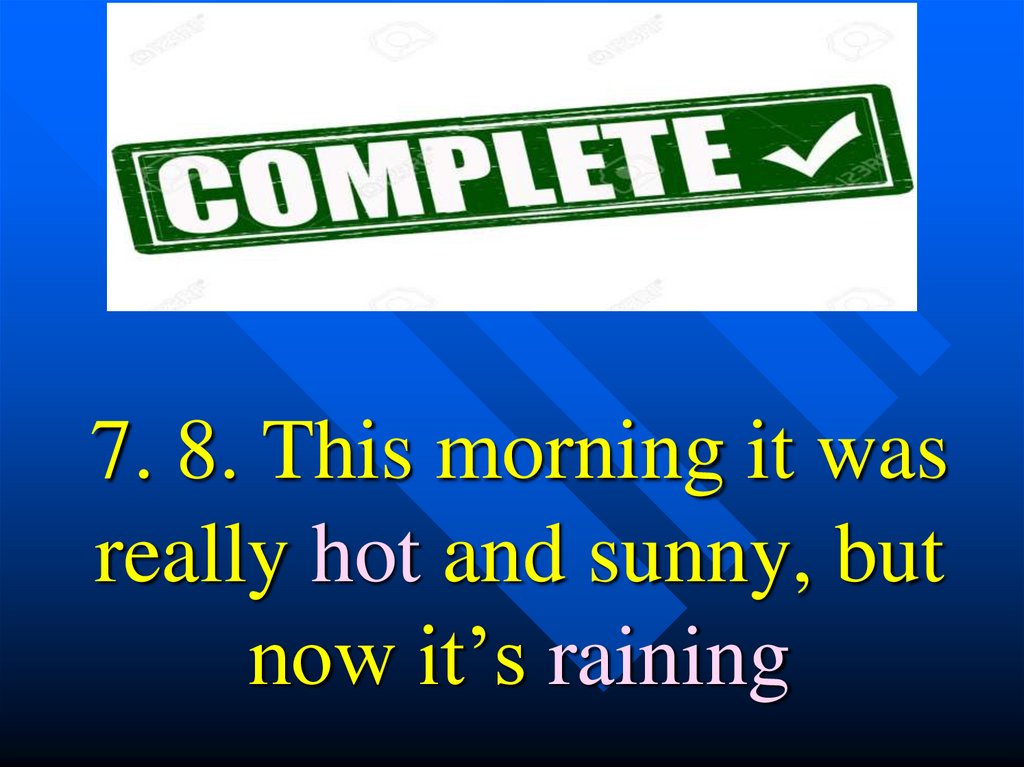
![Before ld, nd we read o as [ou] and i as [ai] Before ld, nd we read o as [ou] and i as [ai]](https://cf4.ppt-online.org/files4/slide/n/N9c4AZ3XDLzFPBa1iyJ2QdGoqS7mI8gfw5rREC/slide-88.jpg)
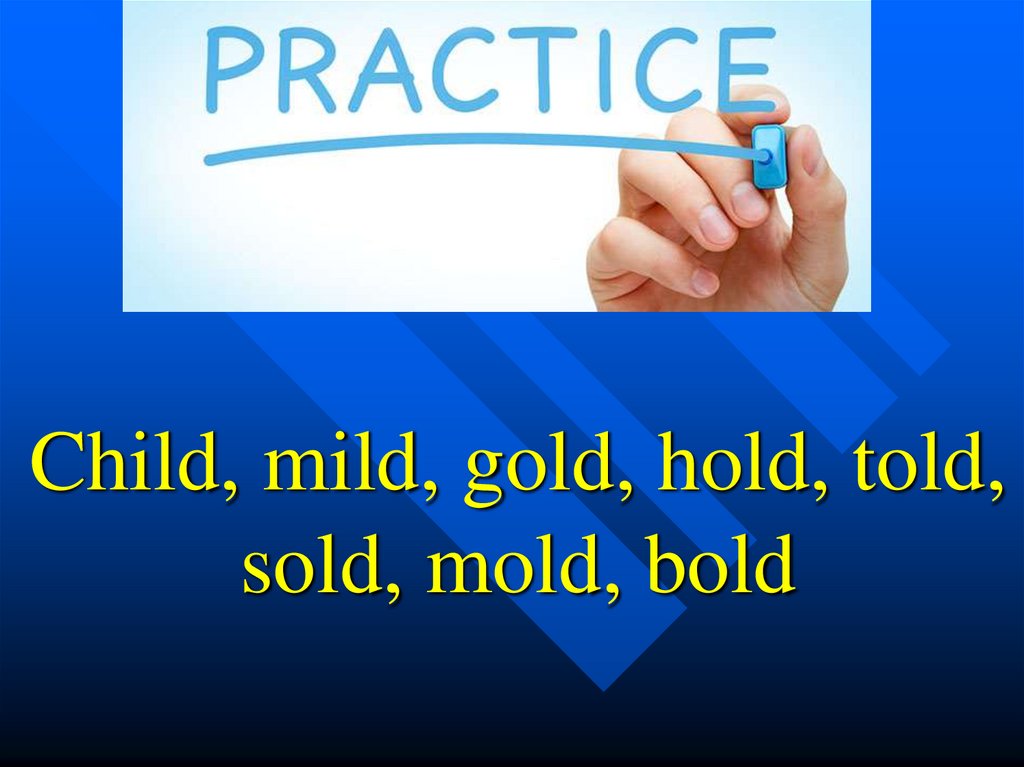
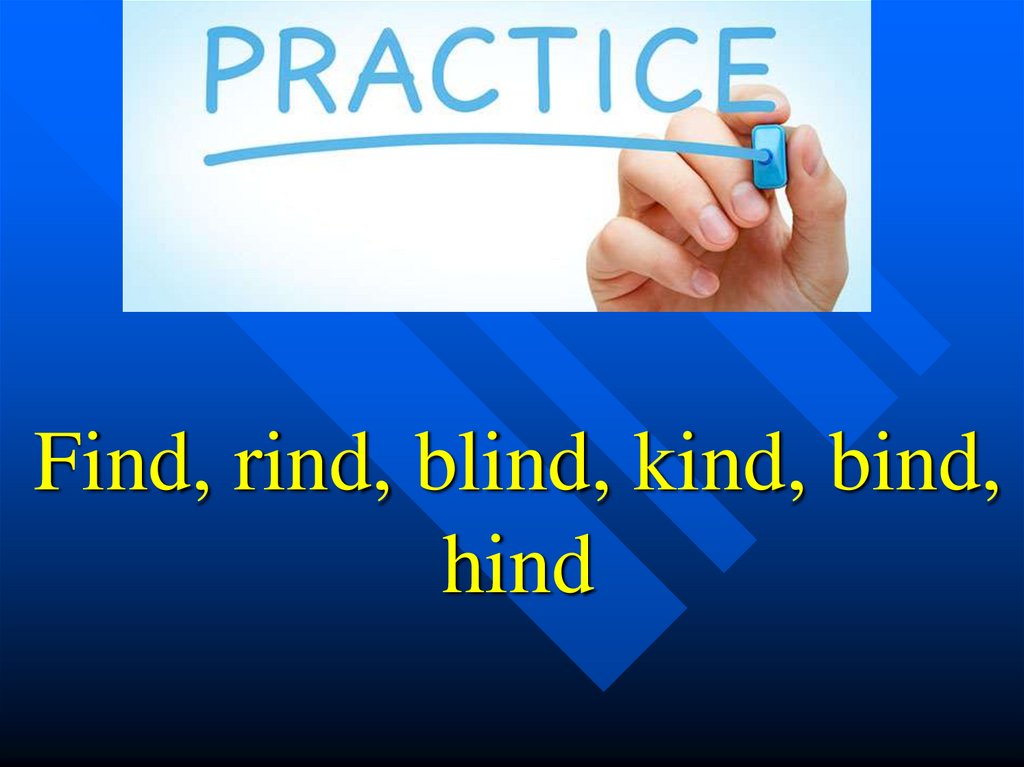
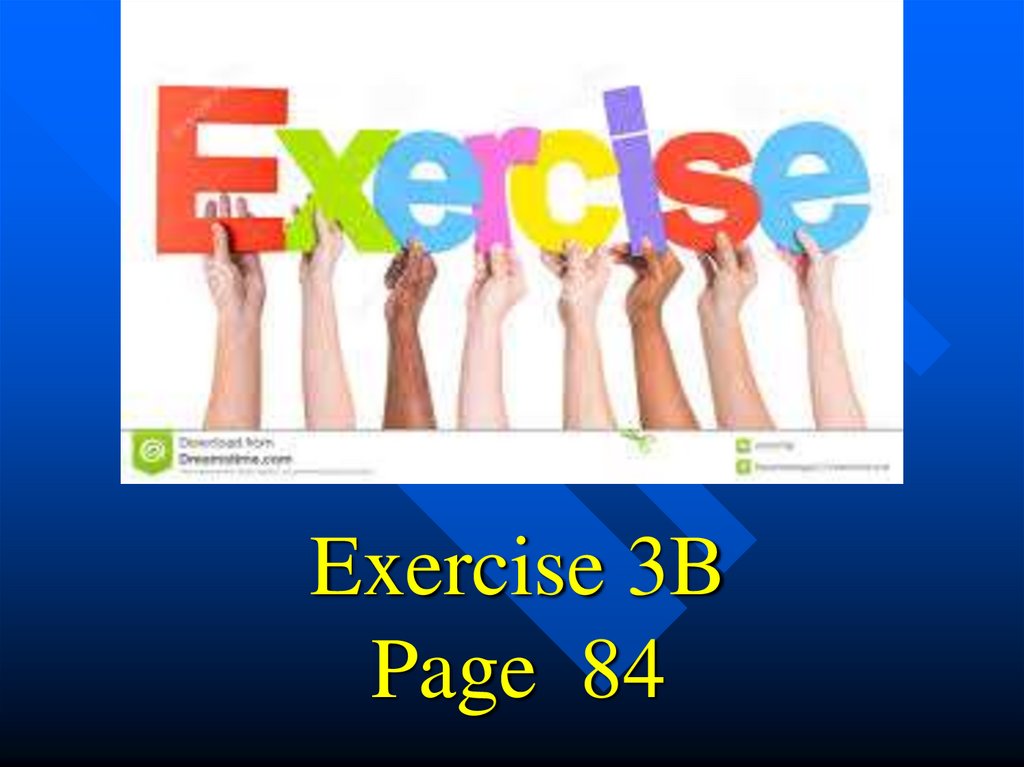
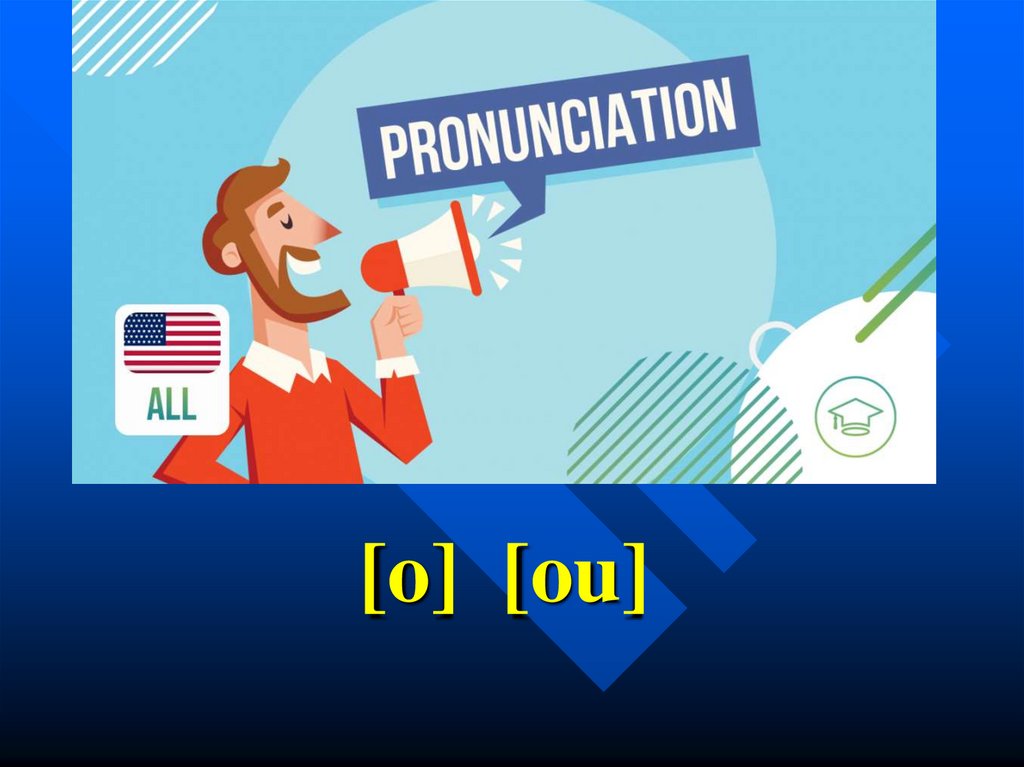
![1. cold [kould] – gold [gould] 1. cold [kould] – gold [gould]](https://cf4.ppt-online.org/files4/slide/n/N9c4AZ3XDLzFPBa1iyJ2QdGoqS7mI8gfw5rREC/slide-93.jpg)
![2. top [top] – told [tould] 2. top [top] – told [tould]](https://cf4.ppt-online.org/files4/slide/n/N9c4AZ3XDLzFPBa1iyJ2QdGoqS7mI8gfw5rREC/slide-94.jpg)
![3. snow [snou] – hot [hot] 3. snow [snou] – hot [hot]](https://cf4.ppt-online.org/files4/slide/n/N9c4AZ3XDLzFPBa1iyJ2QdGoqS7mI8gfw5rREC/slide-95.jpg)
![4. not [not] – lot [lot] 4. not [not] – lot [lot]](https://cf4.ppt-online.org/files4/slide/n/N9c4AZ3XDLzFPBa1iyJ2QdGoqS7mI8gfw5rREC/slide-96.jpg)
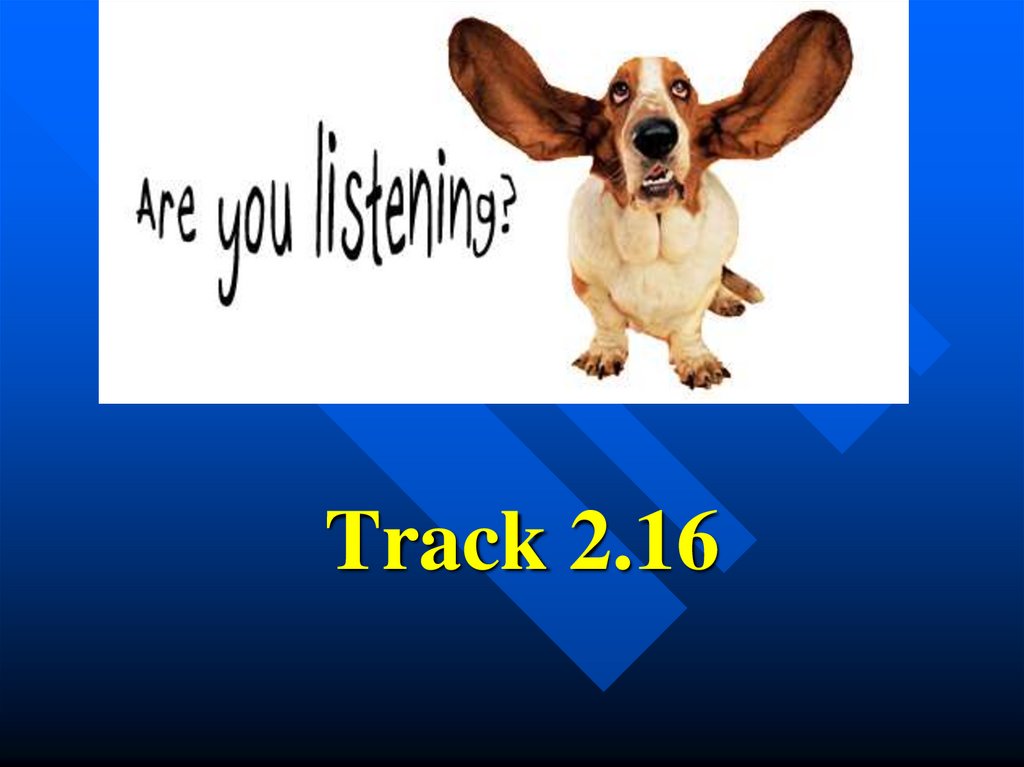
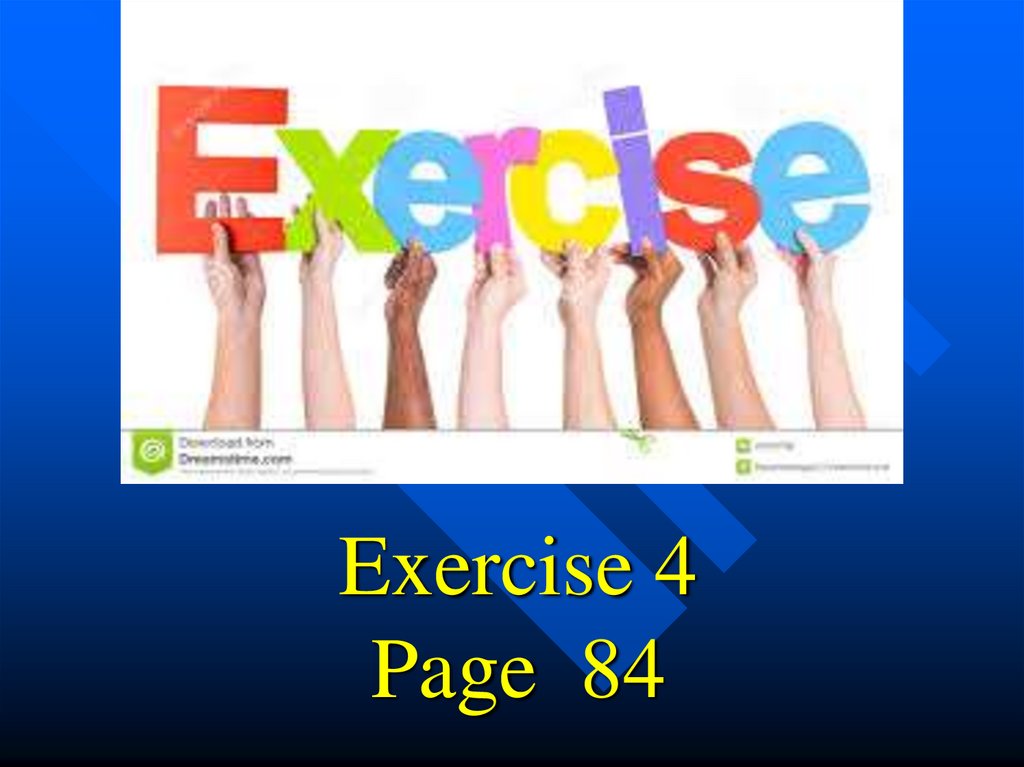
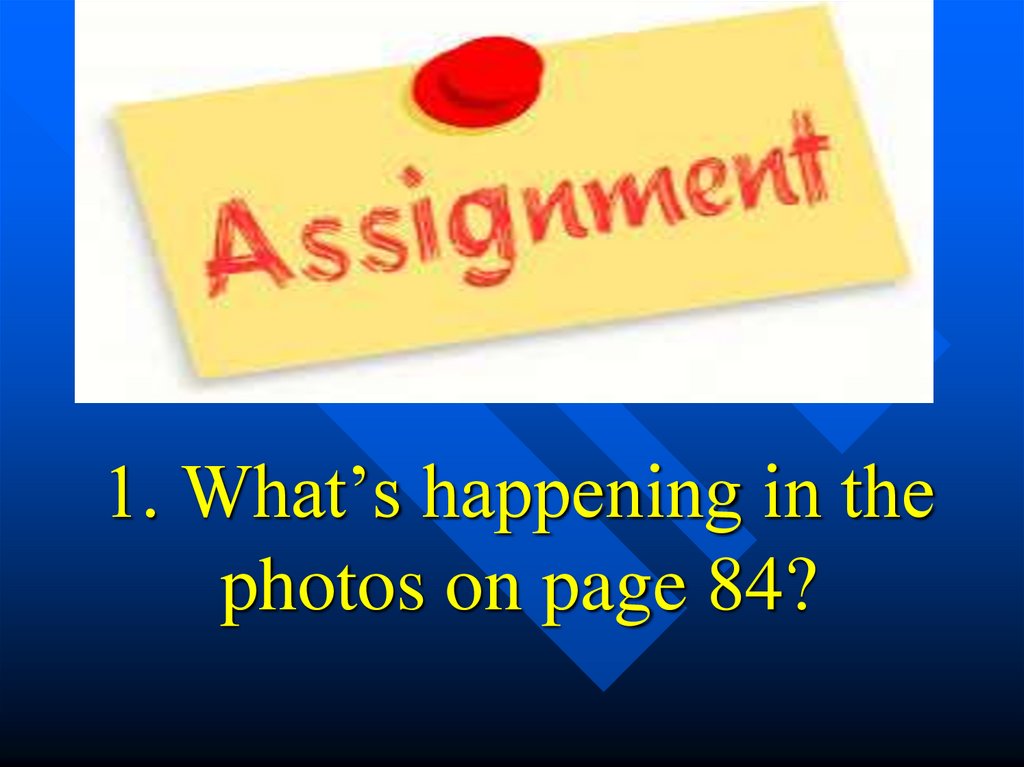

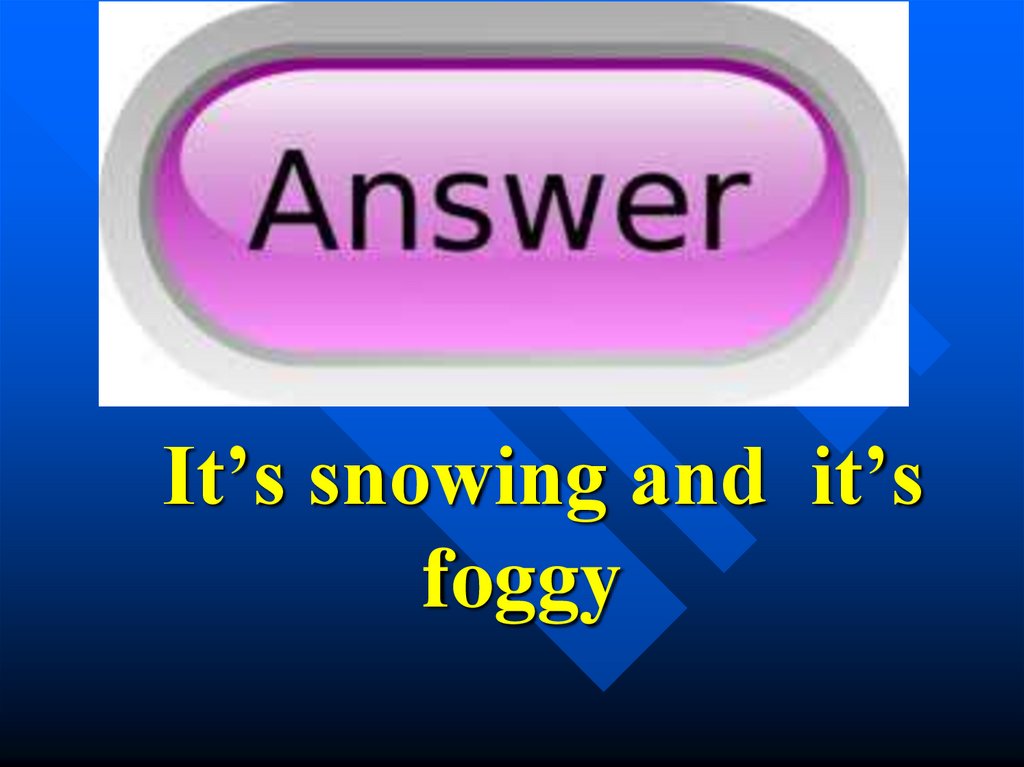
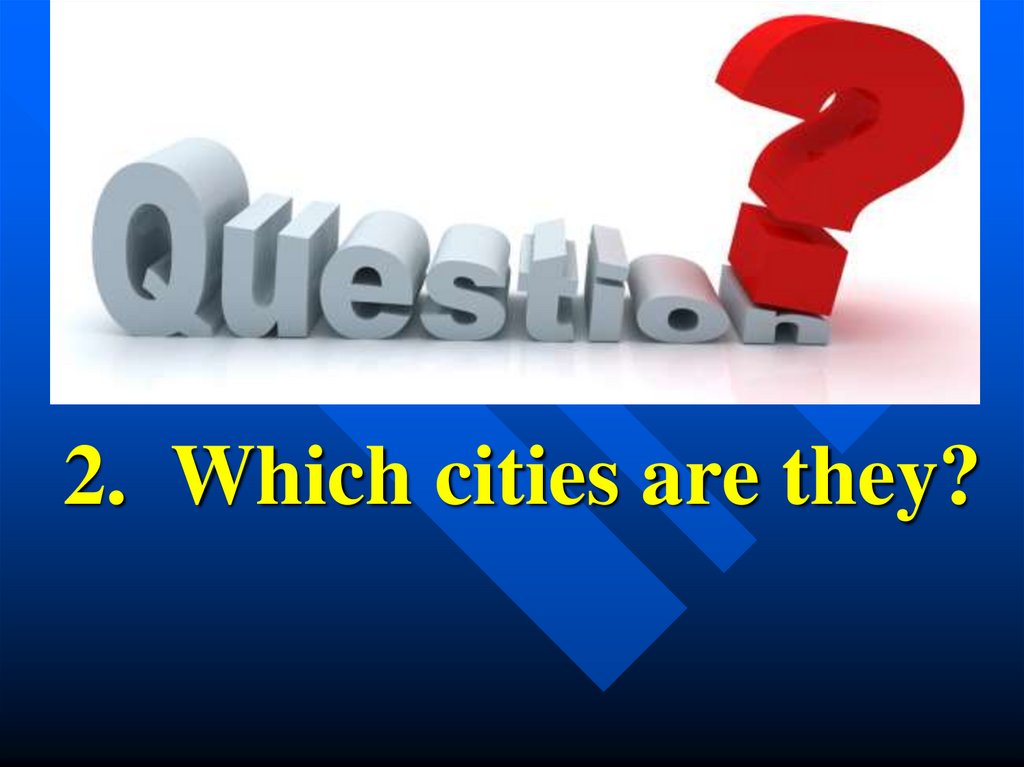
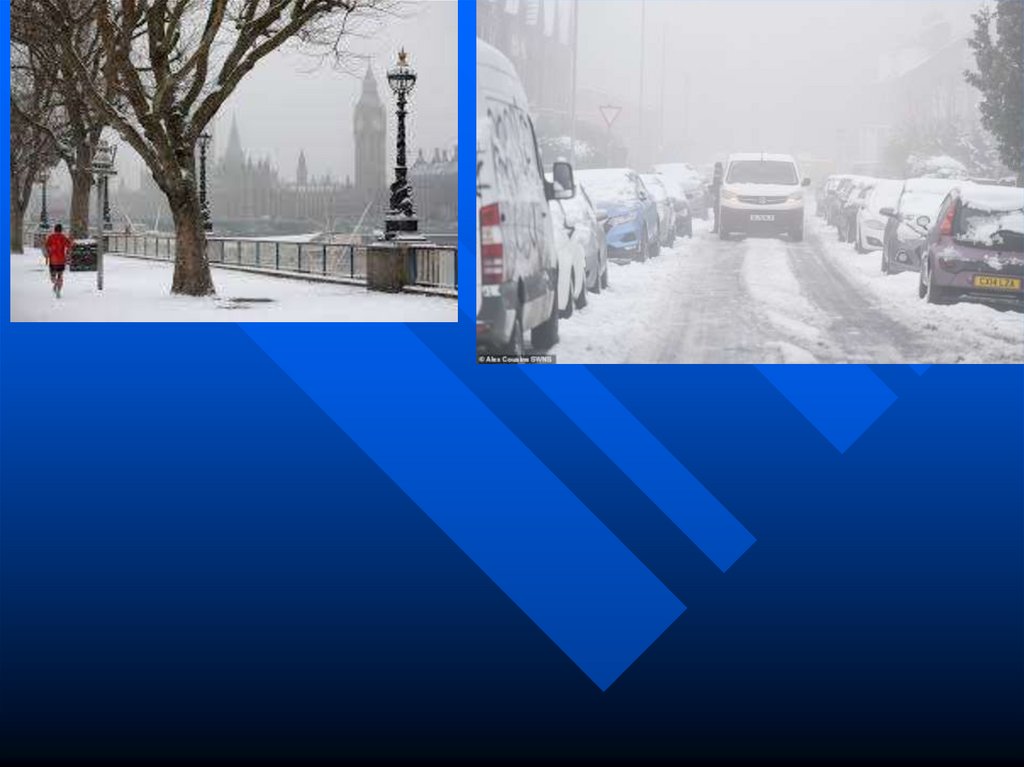
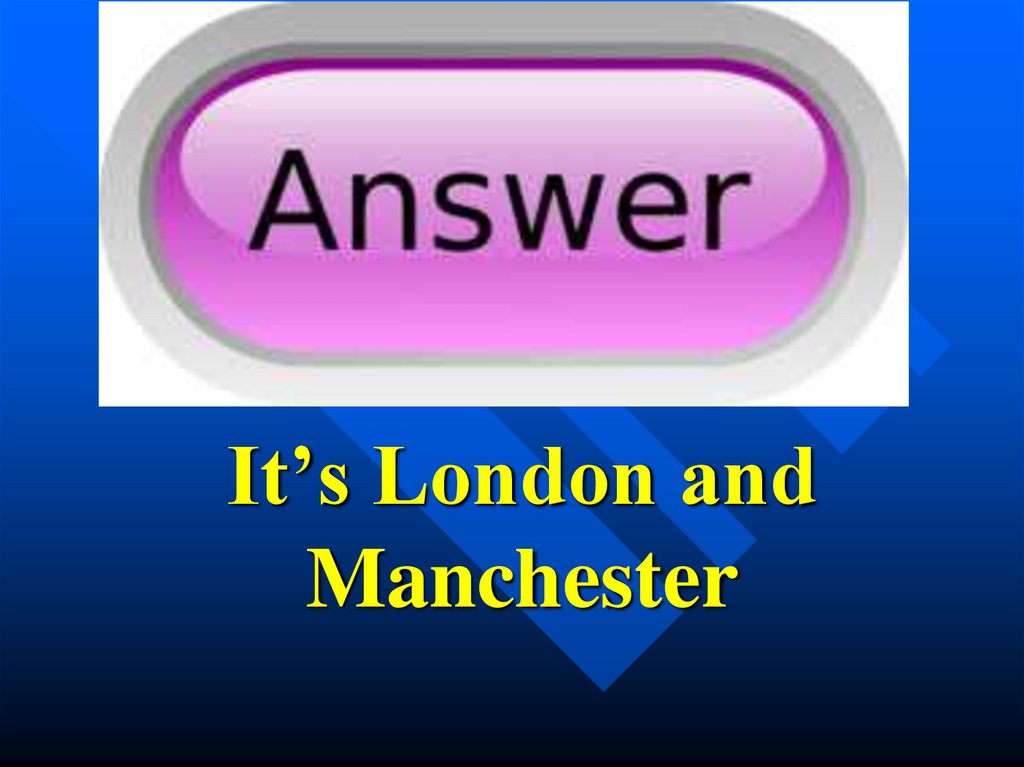

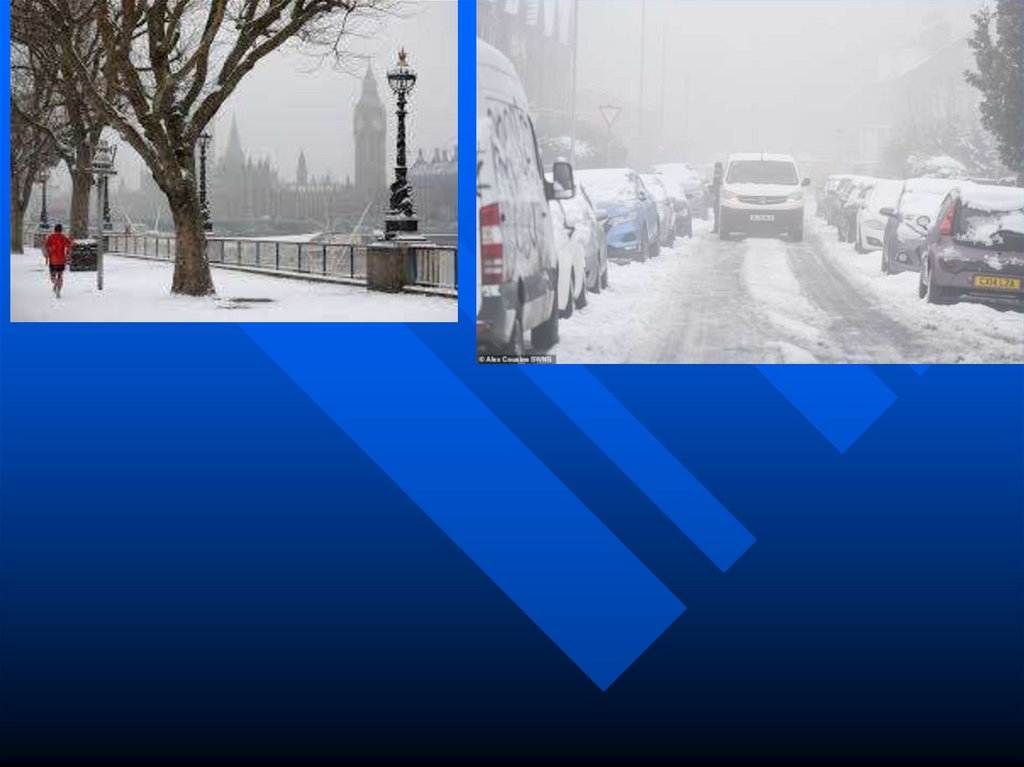
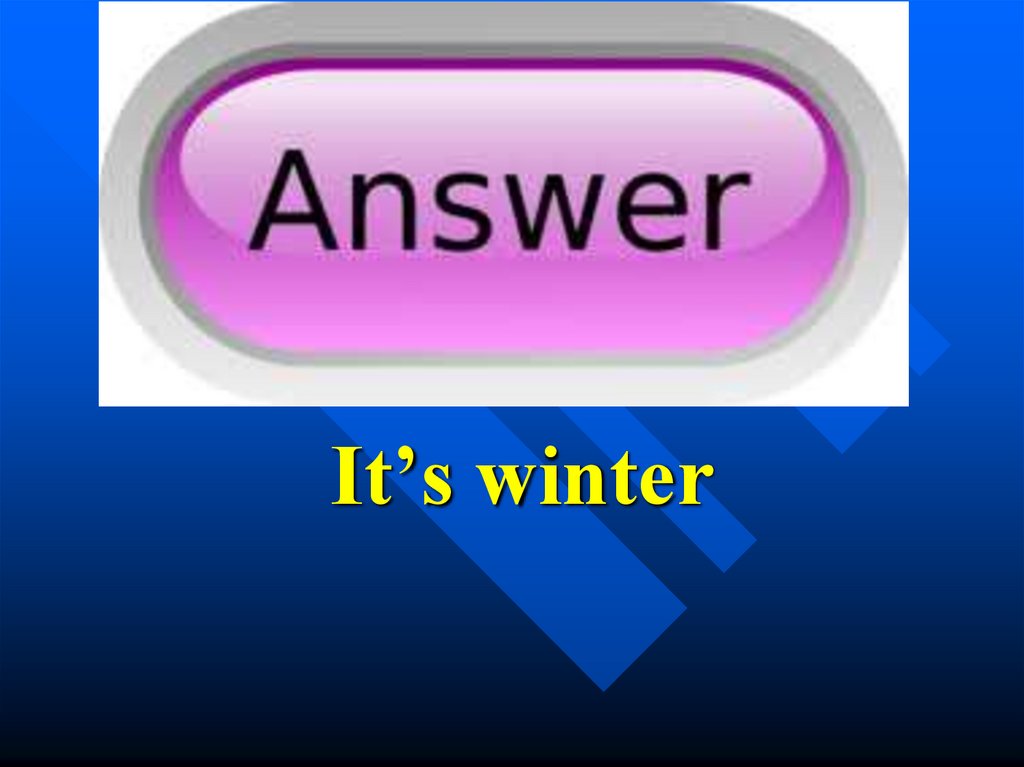
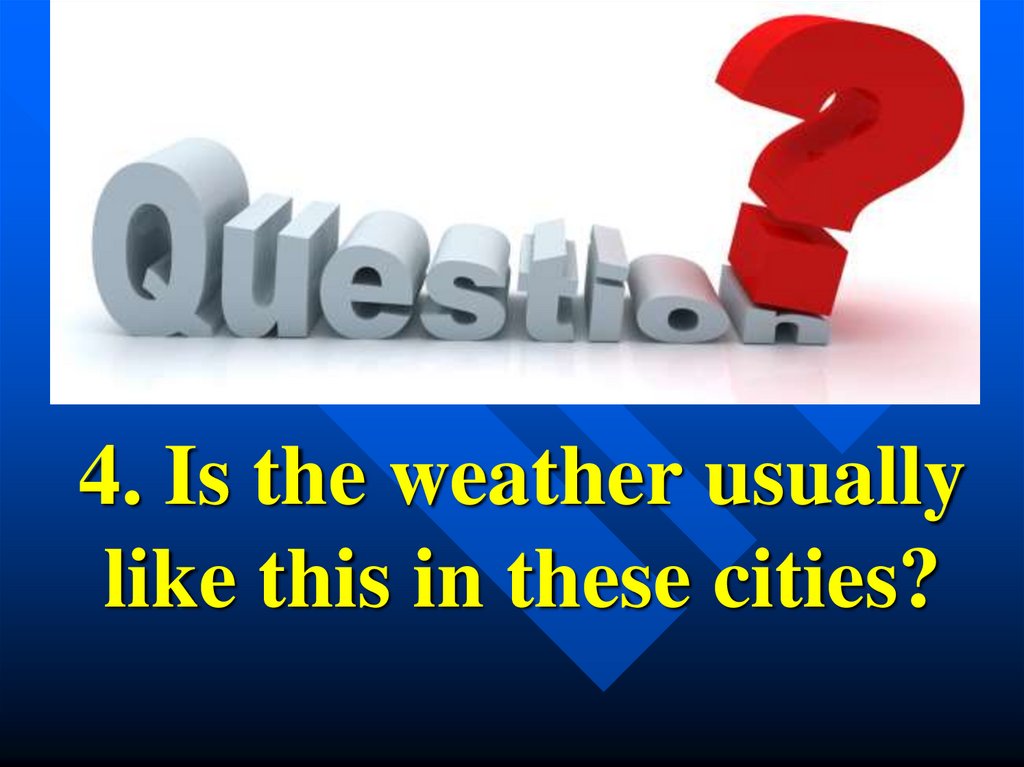


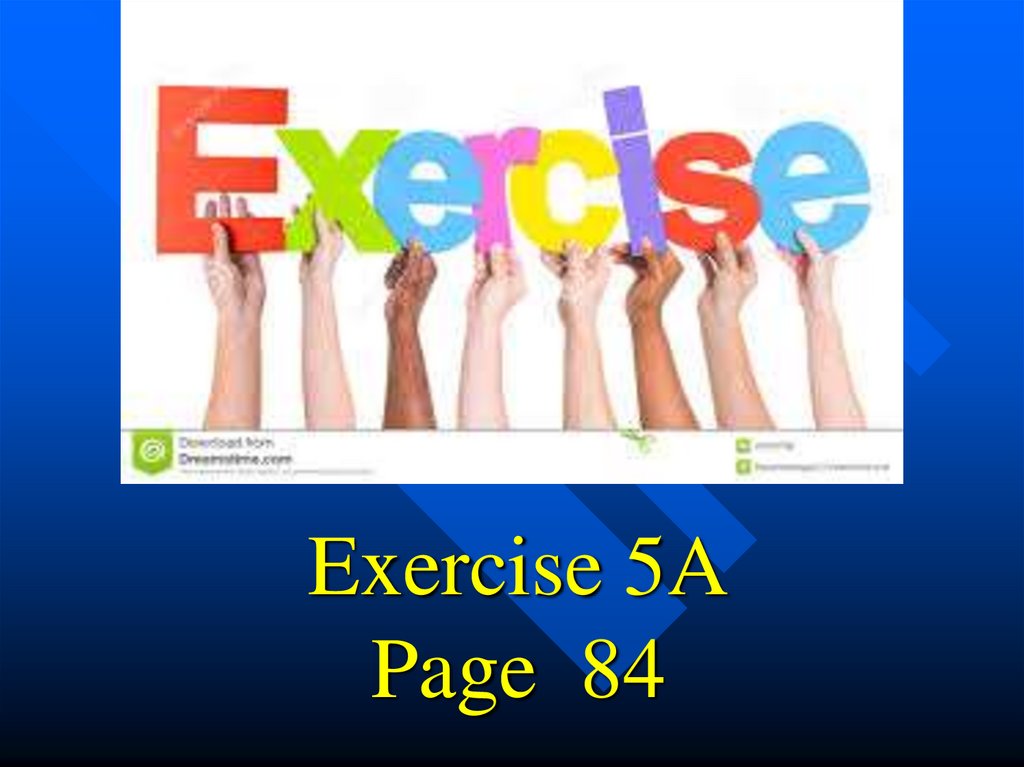


![Climate [klaimit] - климат Climate [klaimit] - климат](https://cf4.ppt-online.org/files4/slide/n/N9c4AZ3XDLzFPBa1iyJ2QdGoqS7mI8gfw5rREC/slide-114.jpg)
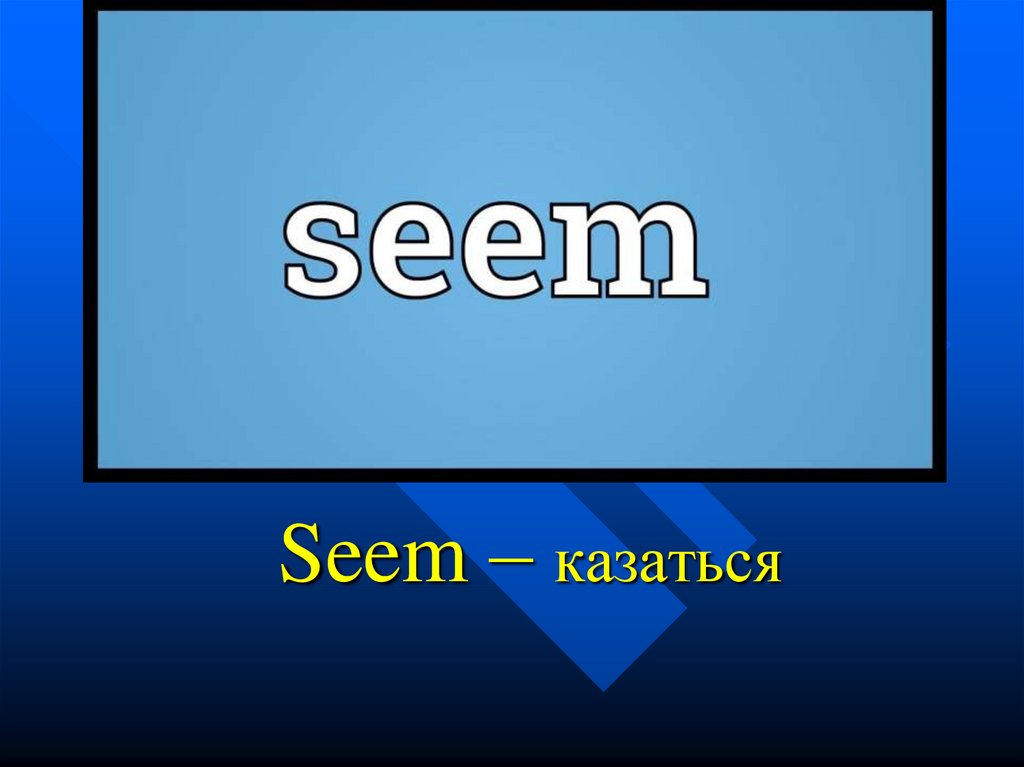
![Extremes [iks’tri:mz] – экстремальные случаи Extremes [iks’tri:mz] – экстремальные случаи](https://cf4.ppt-online.org/files4/slide/n/N9c4AZ3XDLzFPBa1iyJ2QdGoqS7mI8gfw5rREC/slide-116.jpg)


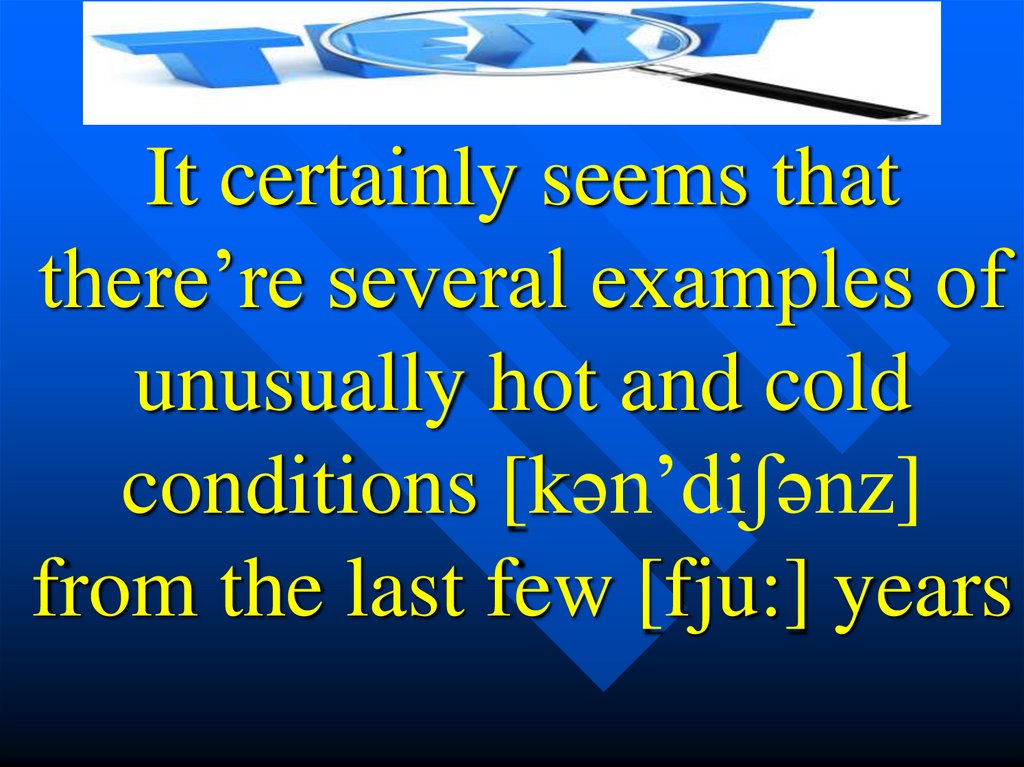

![Heat [hi:t] wave – волна жары Heat [hi:t] wave – волна жары](https://cf4.ppt-online.org/files4/slide/n/N9c4AZ3XDLzFPBa1iyJ2QdGoqS7mI8gfw5rREC/slide-121.jpg)
![Temperature [tempritʃə] – температура Temperature [tempritʃə] – температура](https://cf4.ppt-online.org/files4/slide/n/N9c4AZ3XDLzFPBa1iyJ2QdGoqS7mI8gfw5rREC/slide-122.jpg)
![Athens [æθinz] – Афины Athens [æθinz] – Афины](https://cf4.ppt-online.org/files4/slide/n/N9c4AZ3XDLzFPBa1iyJ2QdGoqS7mI8gfw5rREC/slide-123.jpg)
![46 degrees [dig’ri:z]– 46 градусов 46 degrees [dig’ri:z]– 46 градусов](https://cf4.ppt-online.org/files4/slide/n/N9c4AZ3XDLzFPBa1iyJ2QdGoqS7mI8gfw5rREC/slide-124.jpg)
![Celius [selsius] – по шкале Целсия Celius [selsius] – по шкале Целсия](https://cf4.ppt-online.org/files4/slide/n/N9c4AZ3XDLzFPBa1iyJ2QdGoqS7mI8gfw5rREC/slide-125.jpg)
![Power [pauə] cut – отключение электричества Power [pauə] cut – отключение электричества](https://cf4.ppt-online.org/files4/slide/n/N9c4AZ3XDLzFPBa1iyJ2QdGoqS7mI8gfw5rREC/slide-126.jpg)
![Complete [kəm’pli:t] darkness – полная темнота Complete [kəm’pli:t] darkness – полная темнота](https://cf4.ppt-online.org/files4/slide/n/N9c4AZ3XDLzFPBa1iyJ2QdGoqS7mI8gfw5rREC/slide-127.jpg)

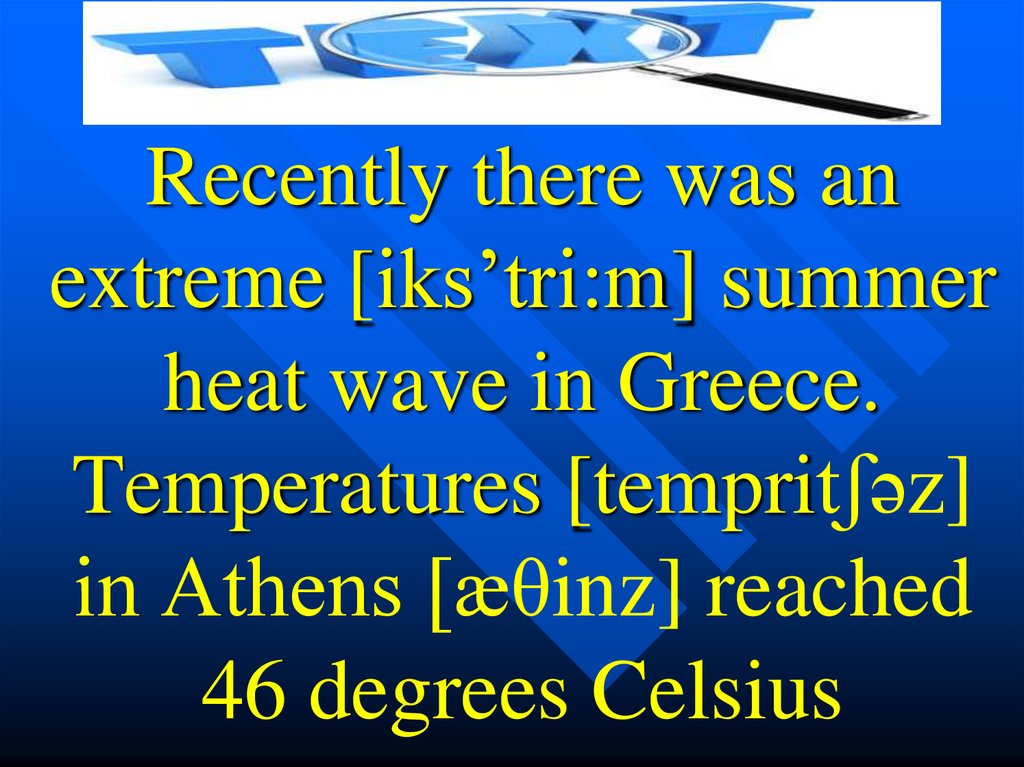
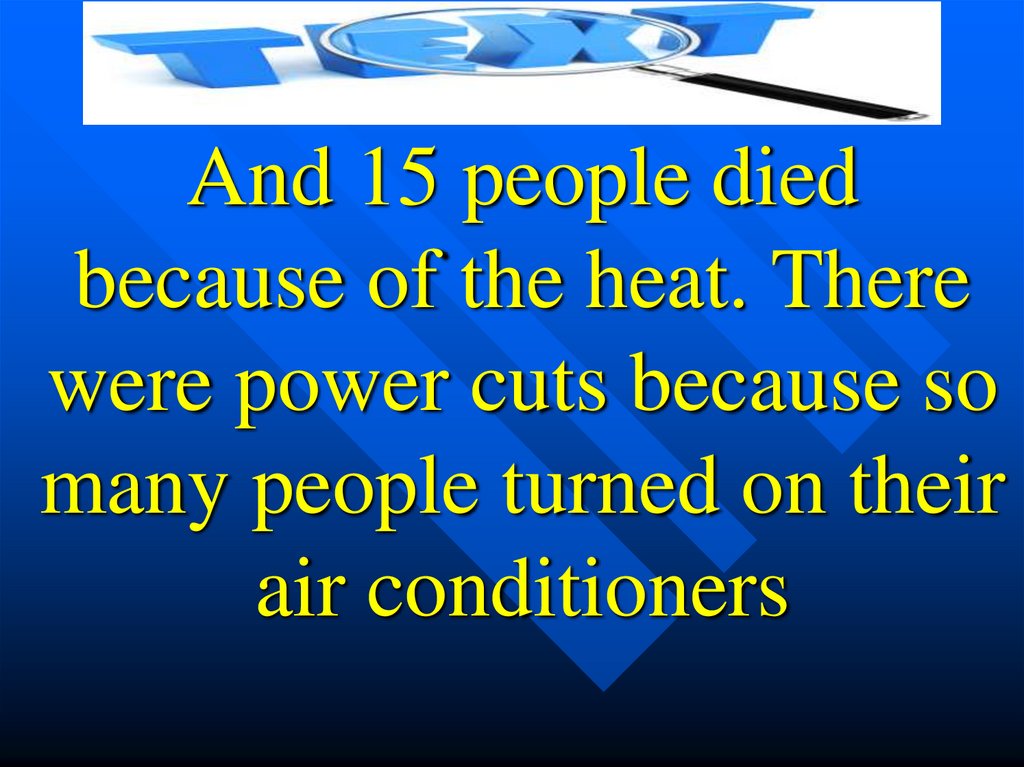


![Mild [maild] - мягкий Mild [maild] - мягкий](https://cf4.ppt-online.org/files4/slide/n/N9c4AZ3XDLzFPBa1iyJ2QdGoqS7mI8gfw5rREC/slide-133.jpg)
![Below [bi’lou] zero- ниже нуля Below [bi’lou] zero- ниже нуля](https://cf4.ppt-online.org/files4/slide/n/N9c4AZ3XDLzFPBa1iyJ2QdGoqS7mI8gfw5rREC/slide-134.jpg)
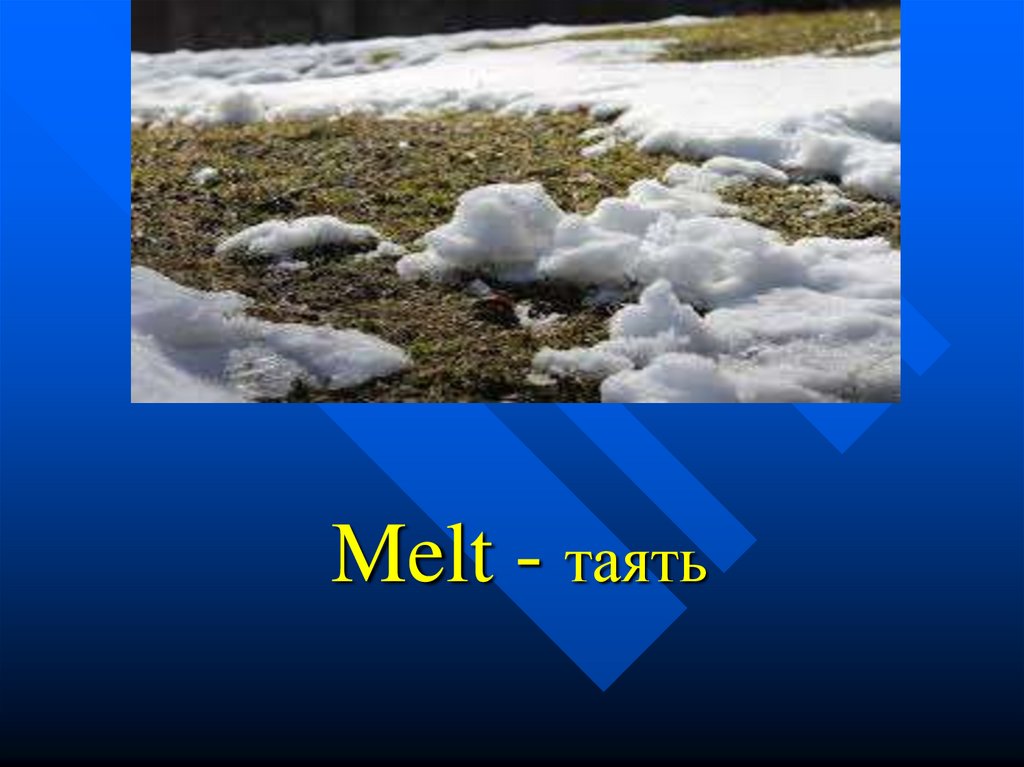

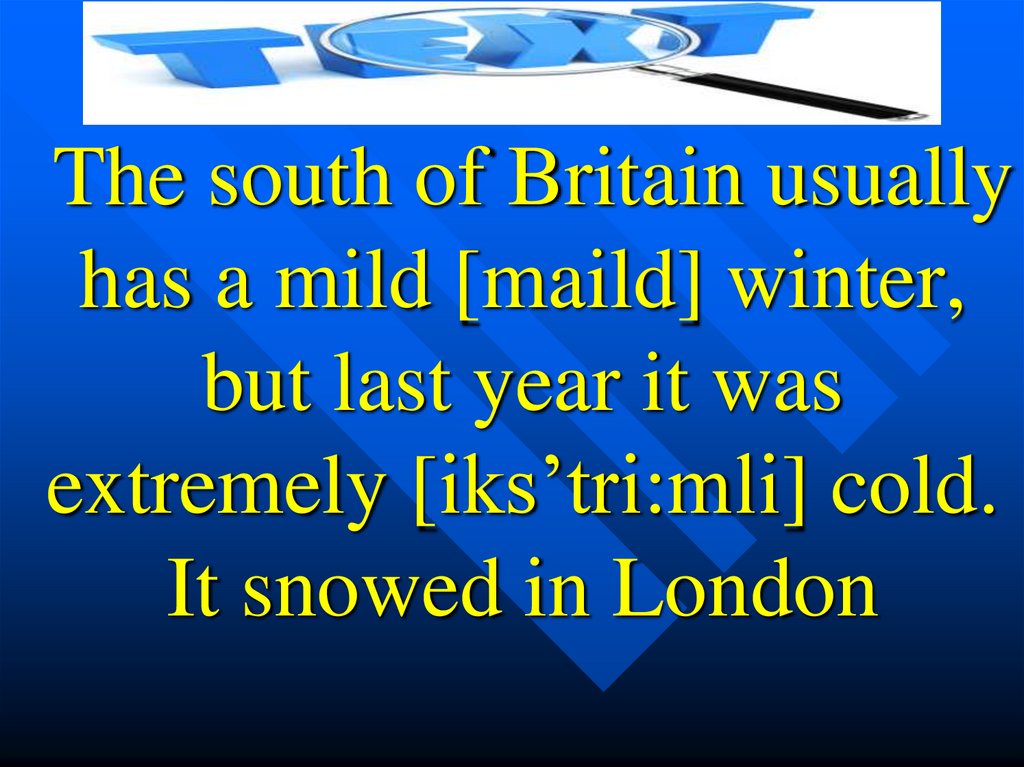
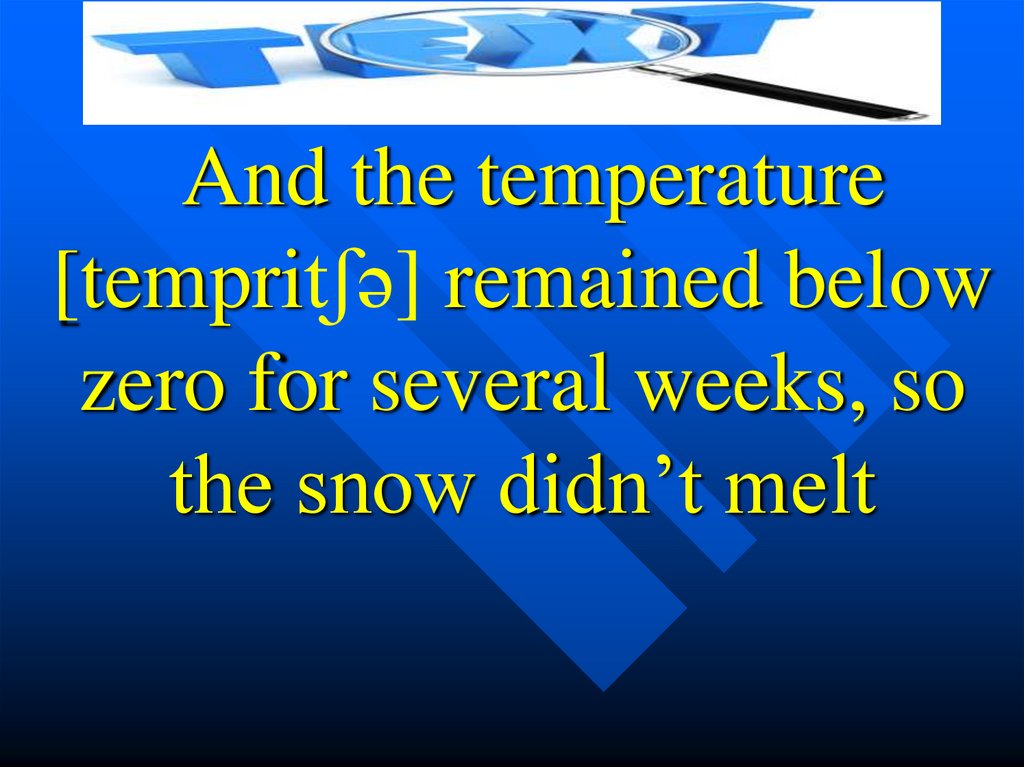


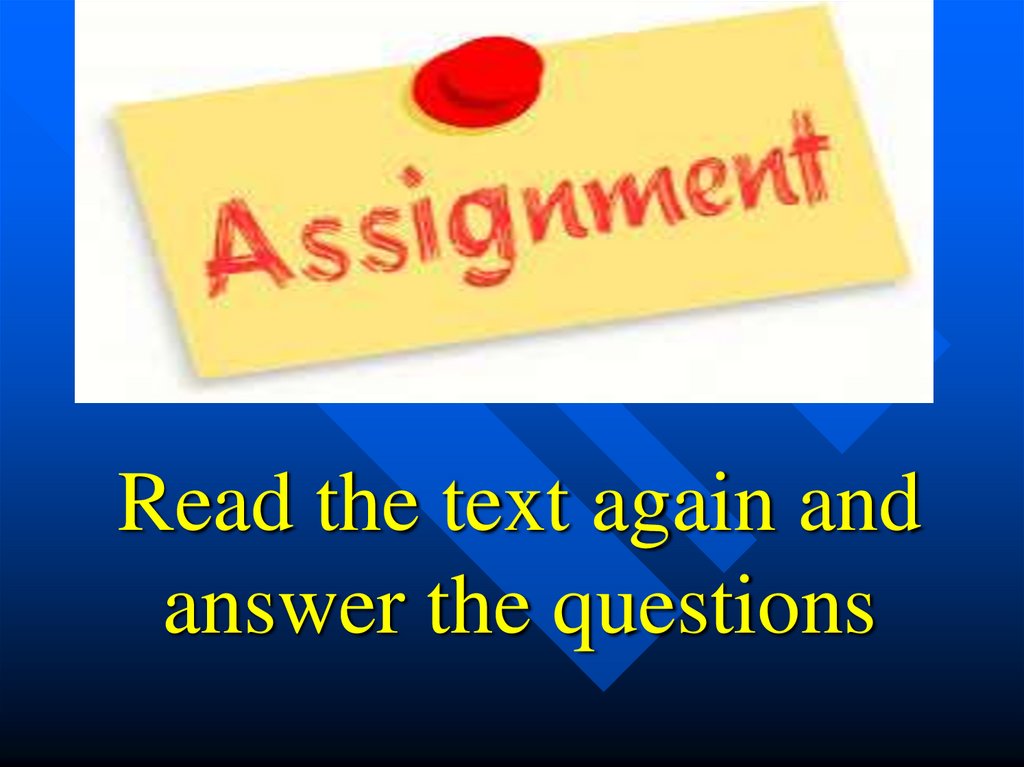
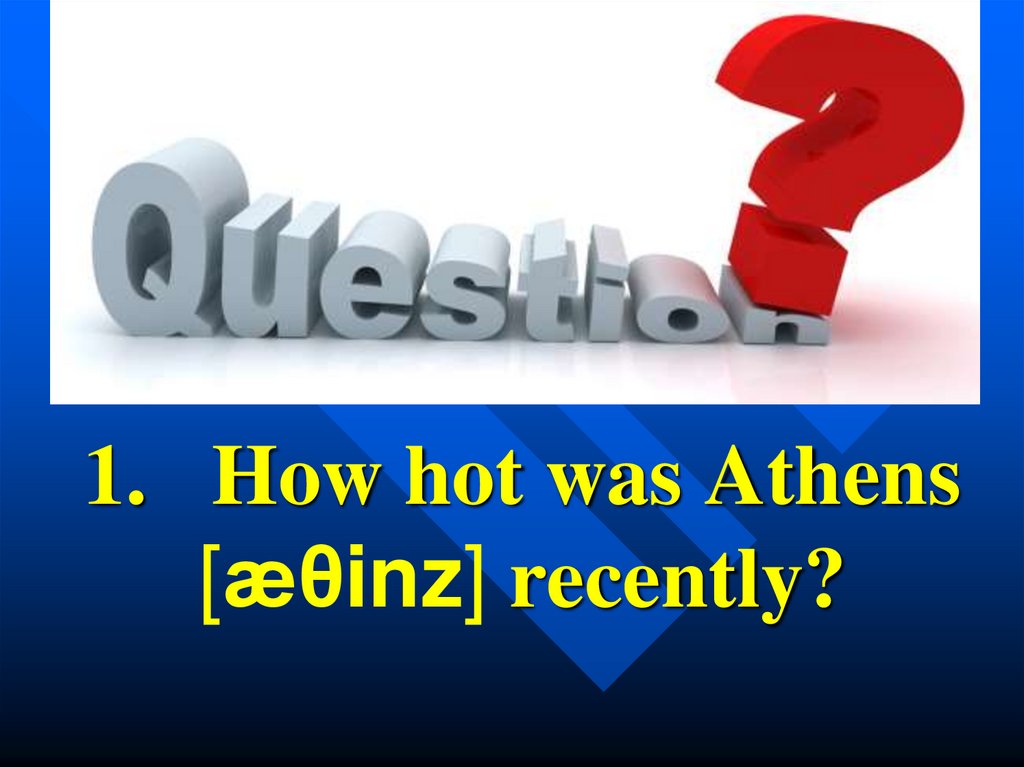
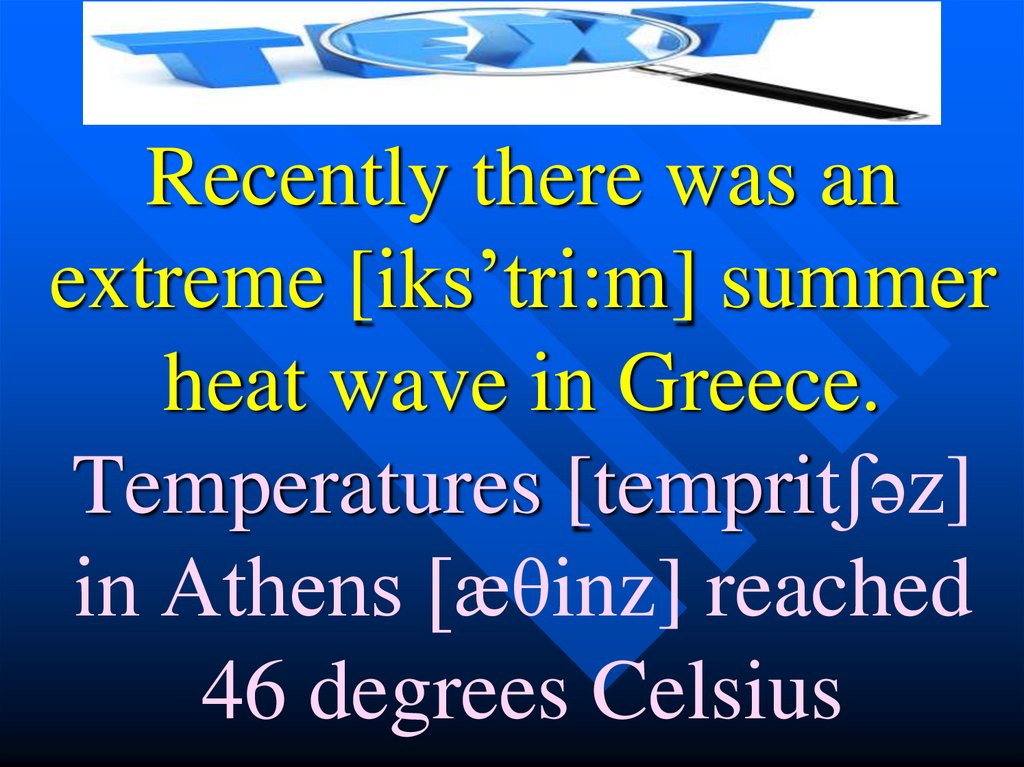

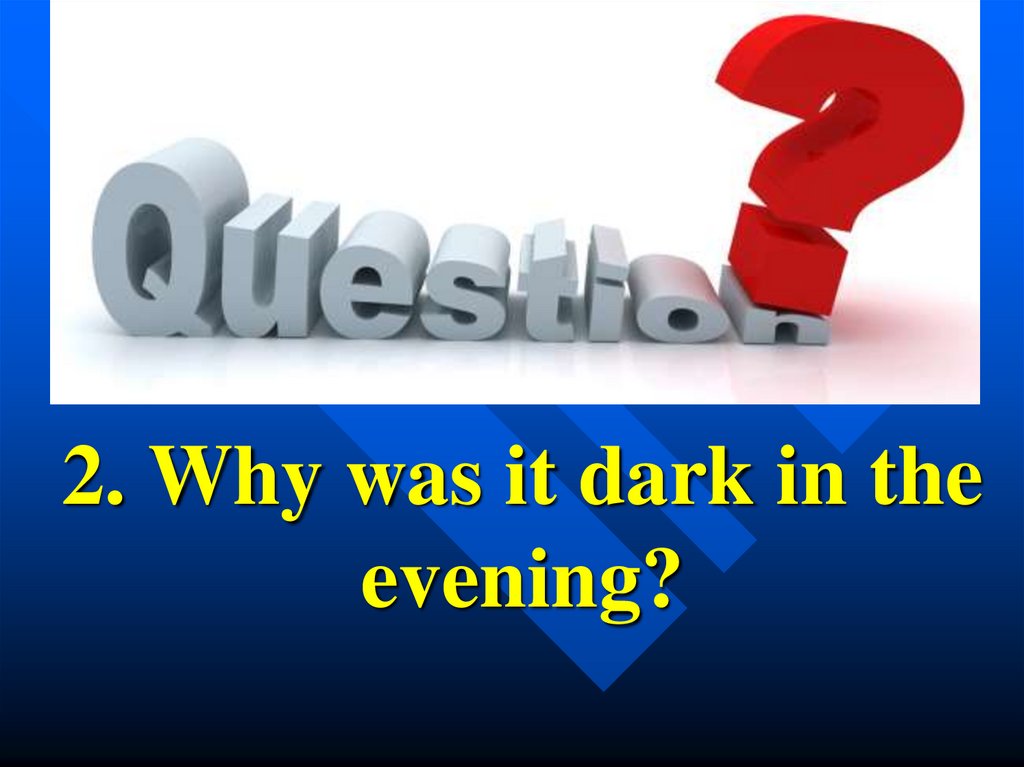
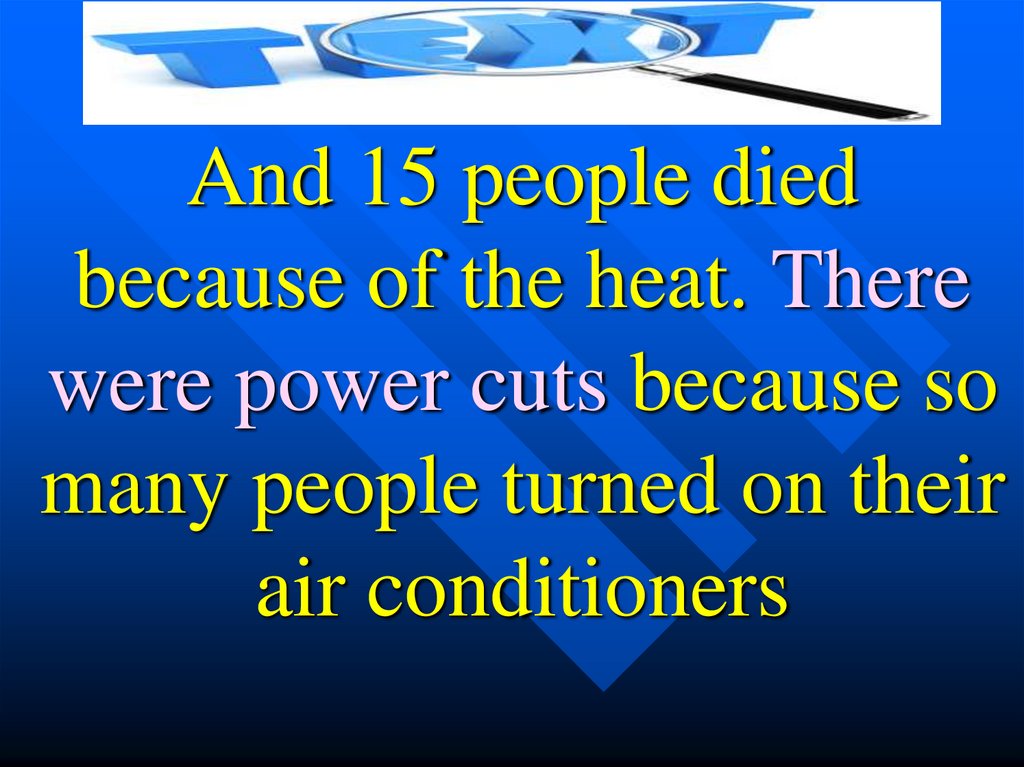
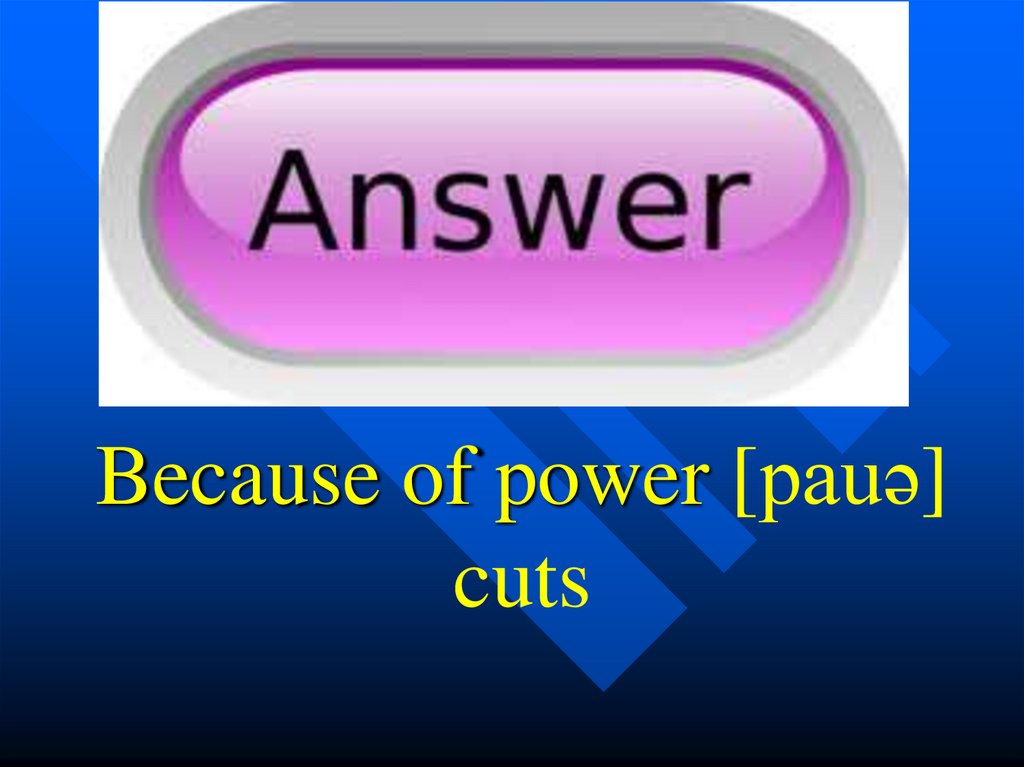

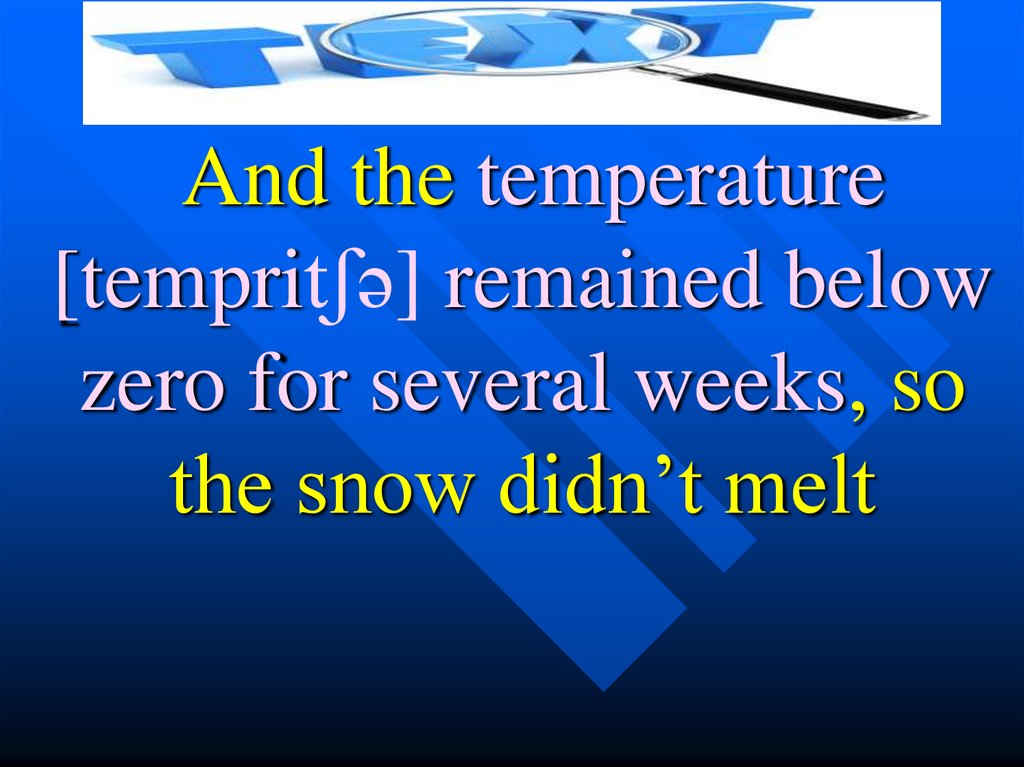
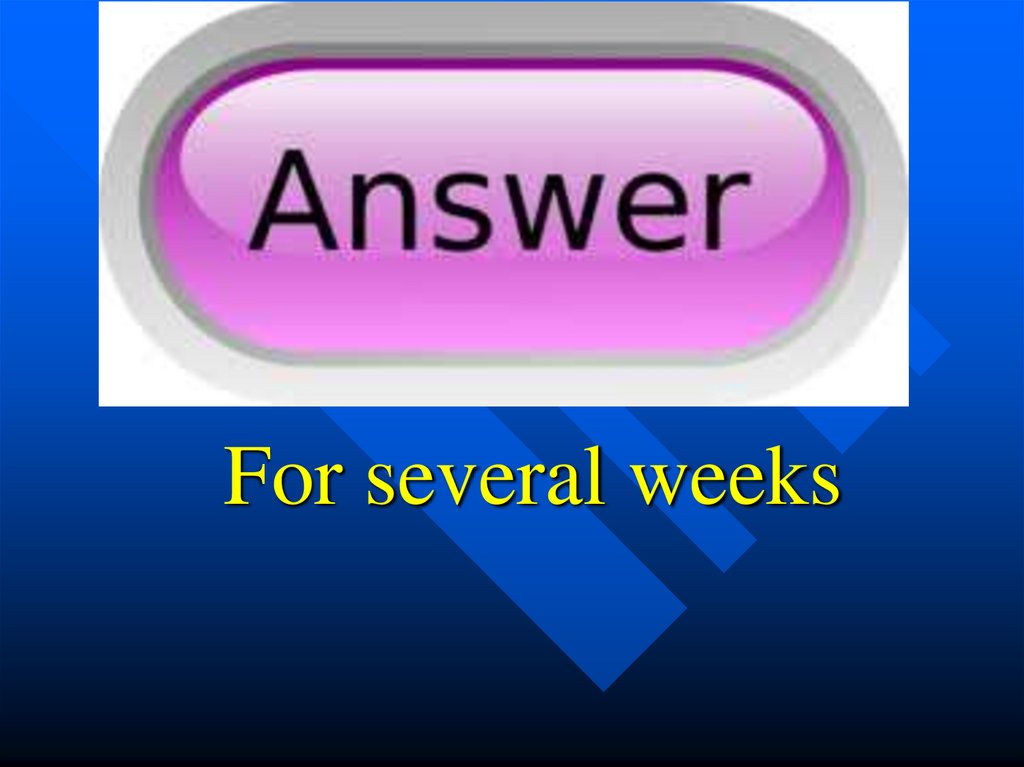

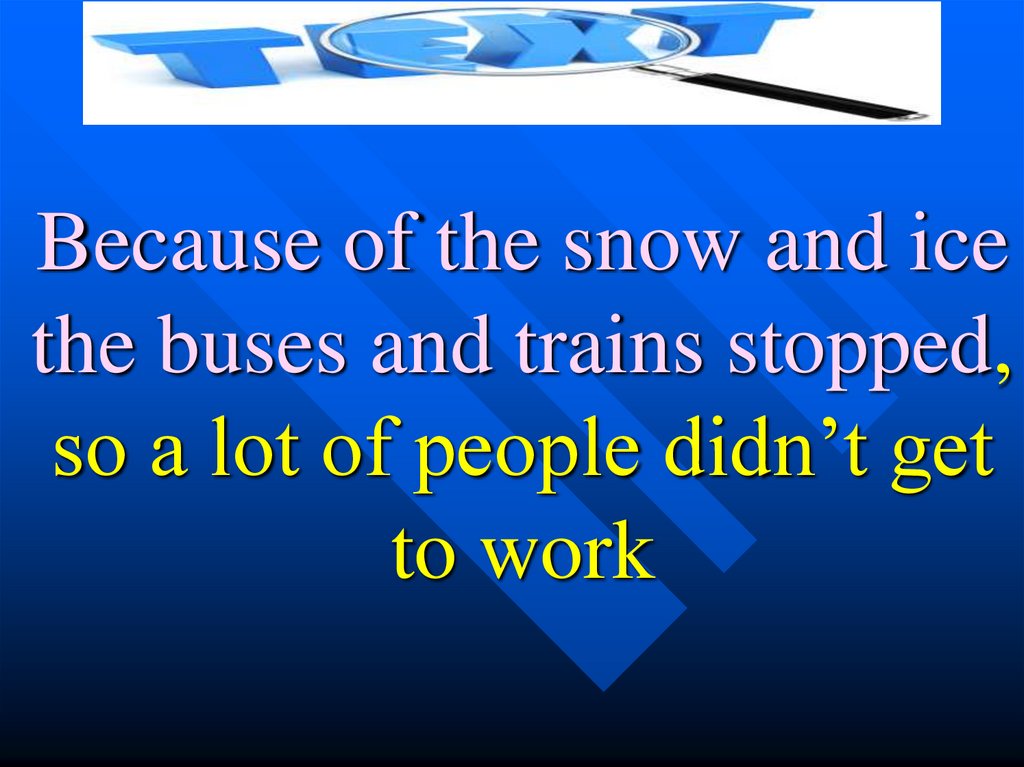

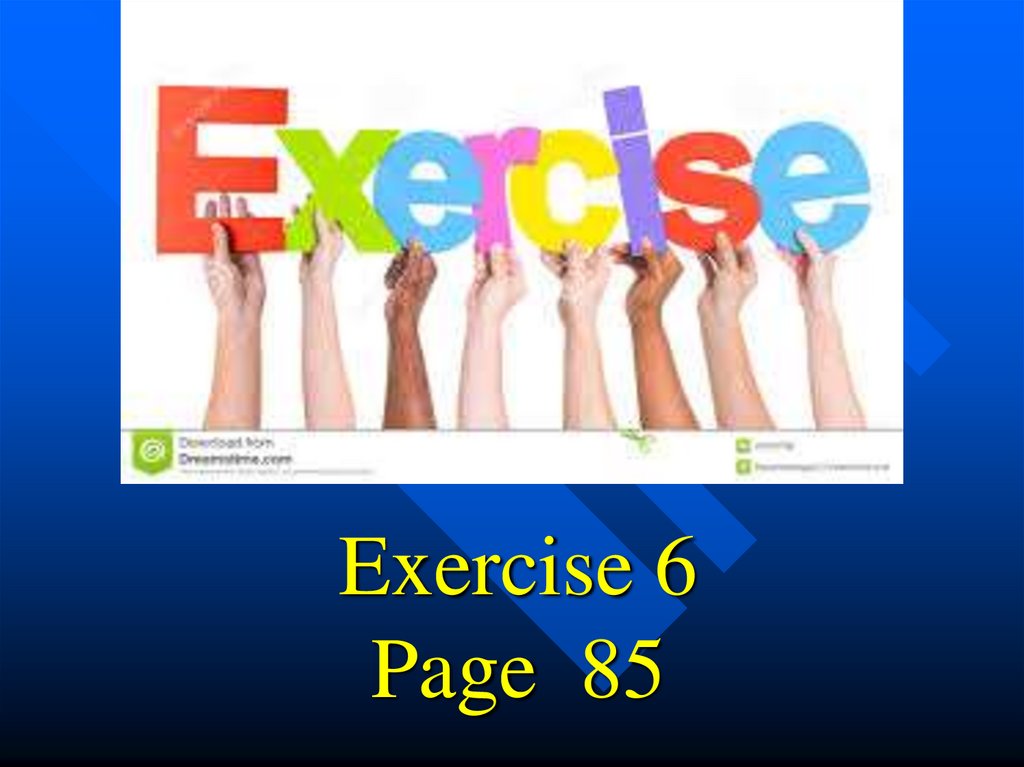
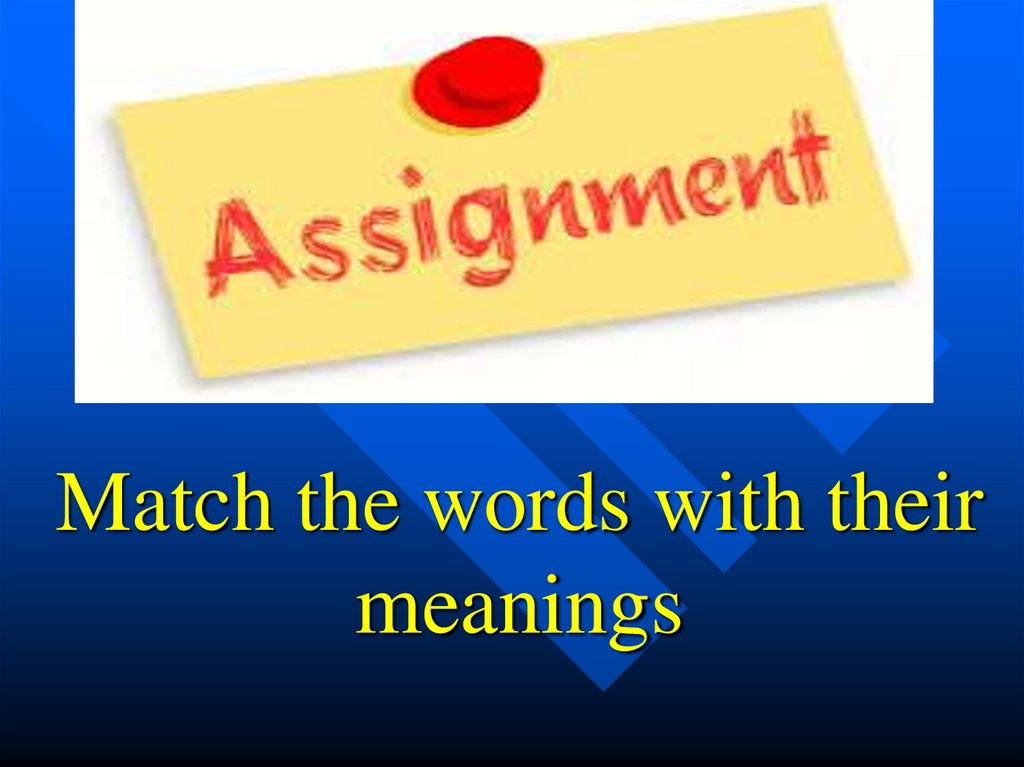
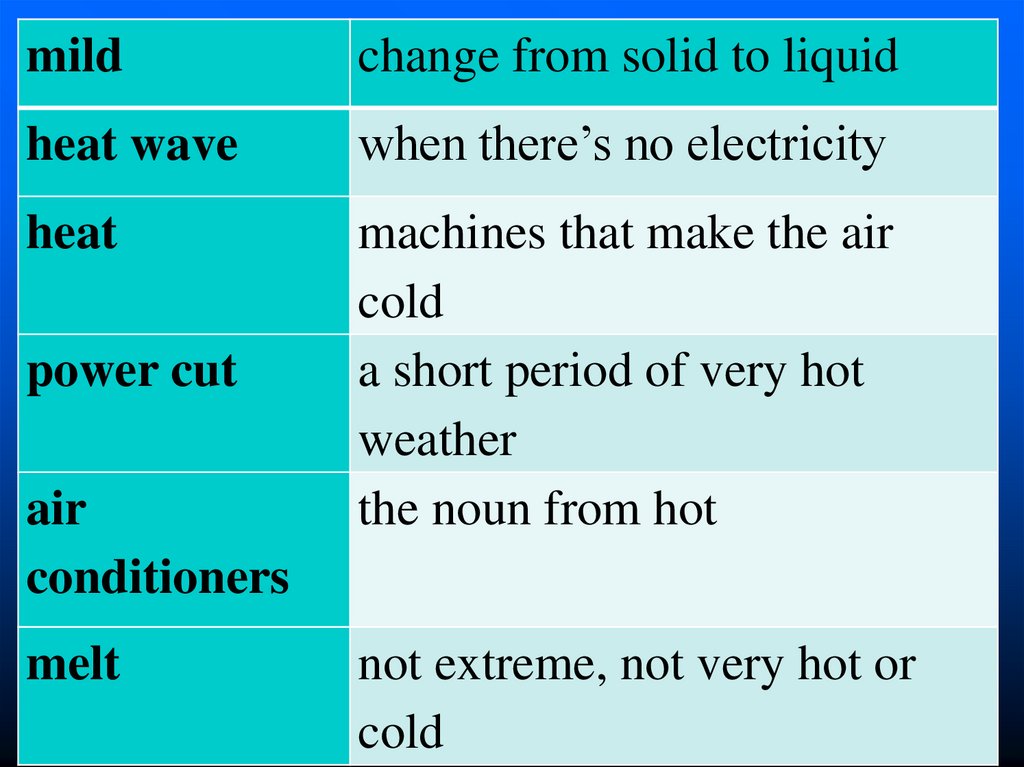
![1. Mild [maild] – not extreme, not very hot or cold 1. Mild [maild] – not extreme, not very hot or cold](https://cf4.ppt-online.org/files4/slide/n/N9c4AZ3XDLzFPBa1iyJ2QdGoqS7mI8gfw5rREC/slide-157.jpg)
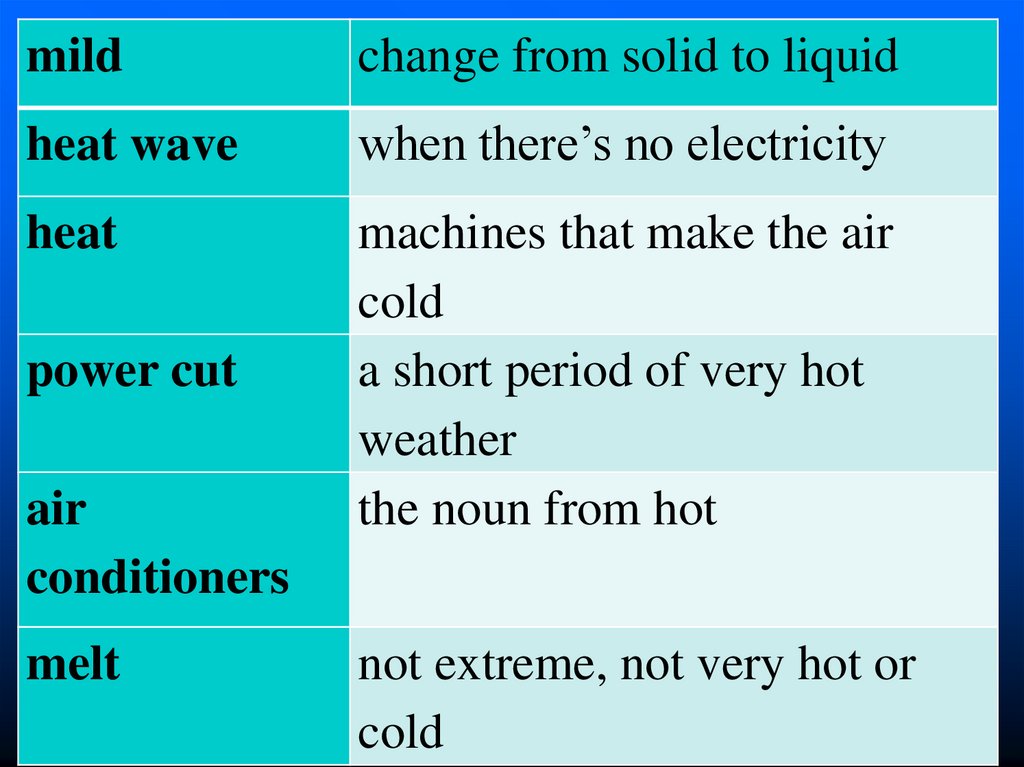
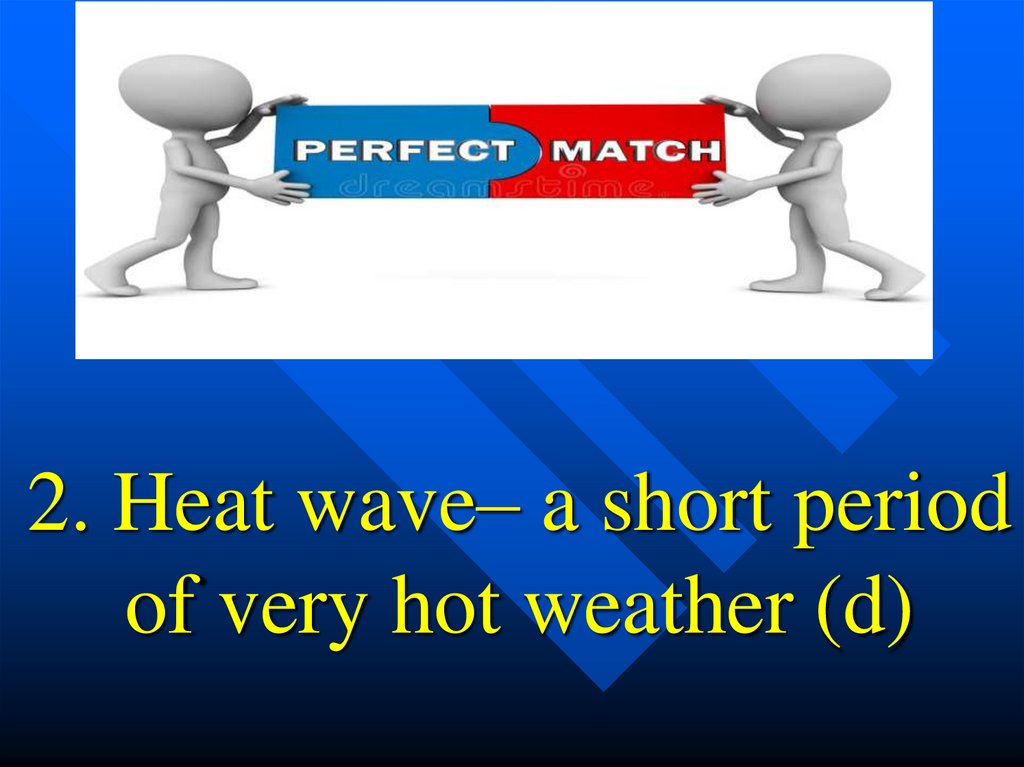
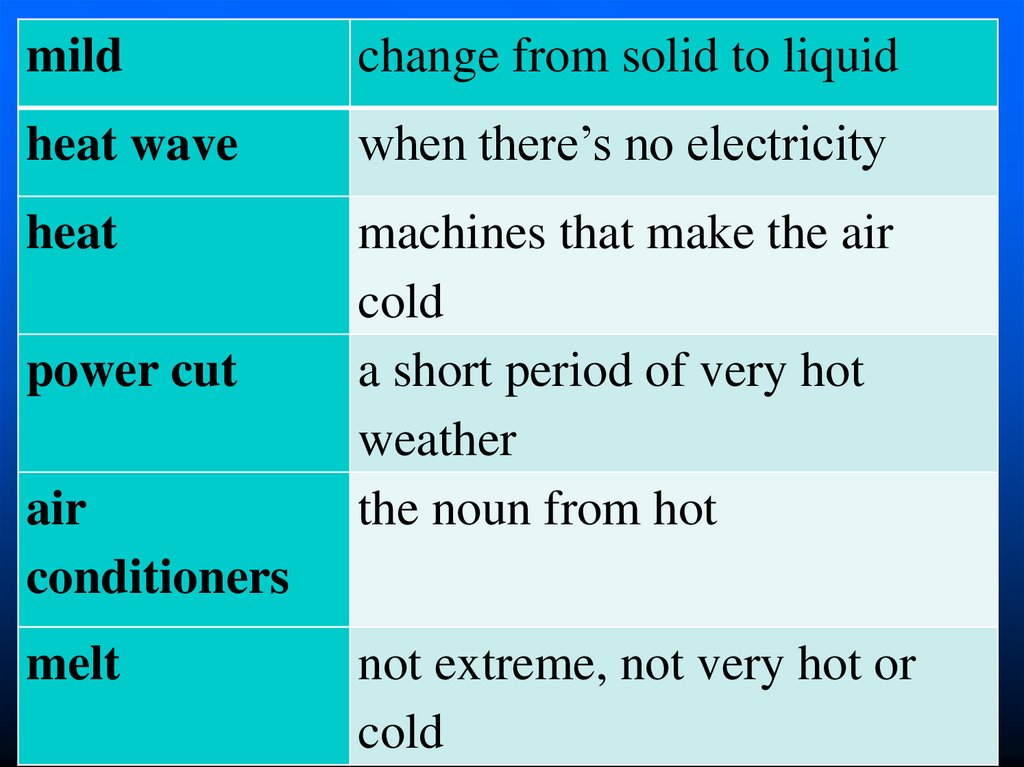
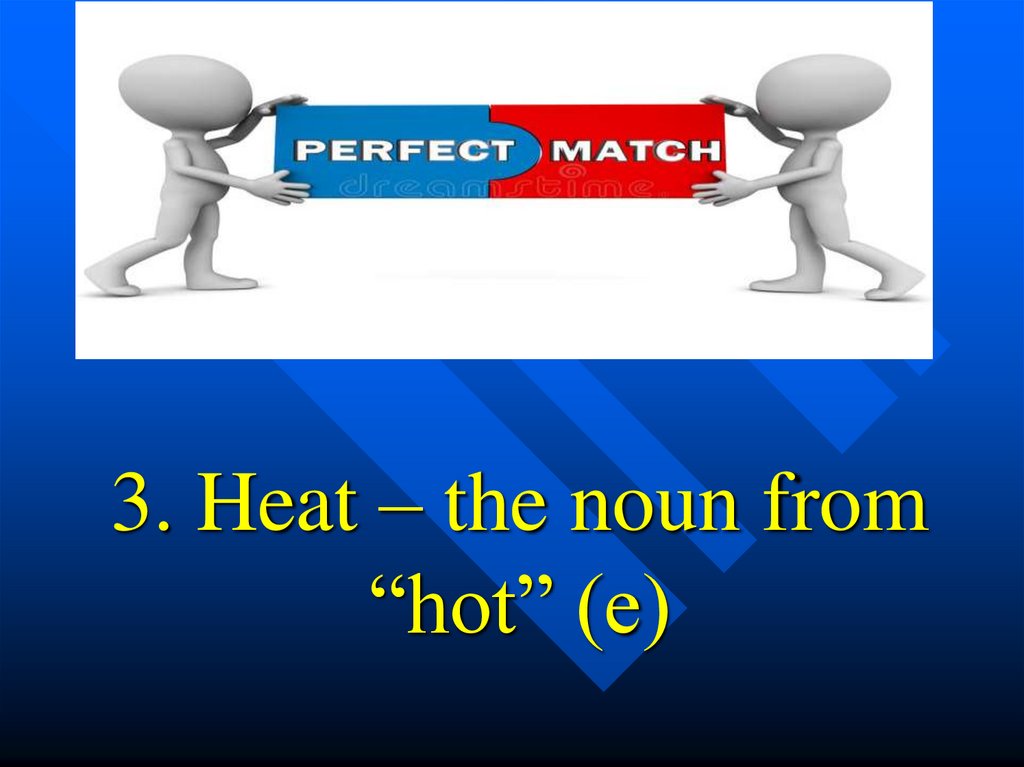
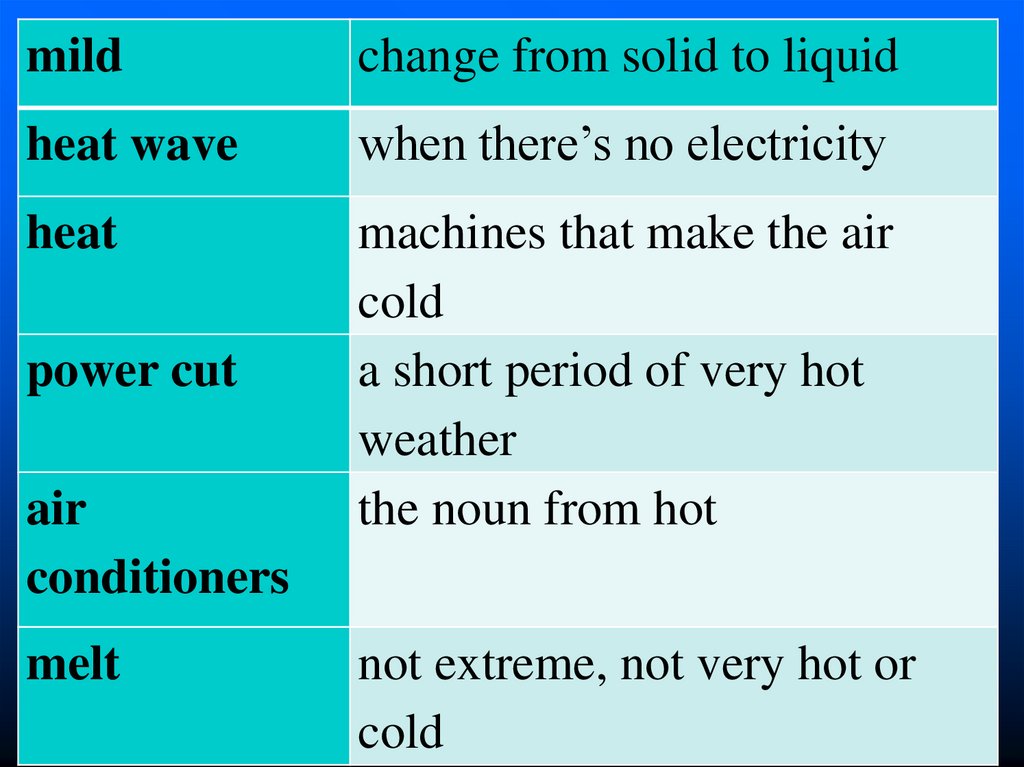



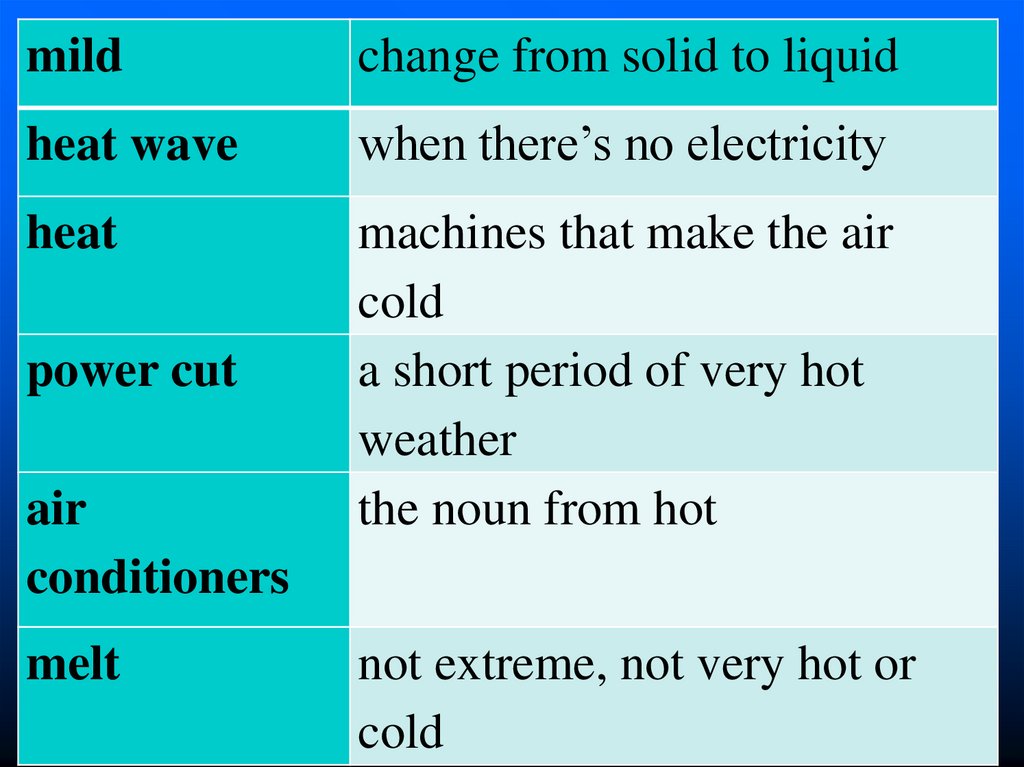
![6. Melt – change from solid to liquid [likwid] (жидкий) (a) 6. Melt – change from solid to liquid [likwid] (жидкий) (a)](https://cf4.ppt-online.org/files4/slide/n/N9c4AZ3XDLzFPBa1iyJ2QdGoqS7mI8gfw5rREC/slide-167.jpg)
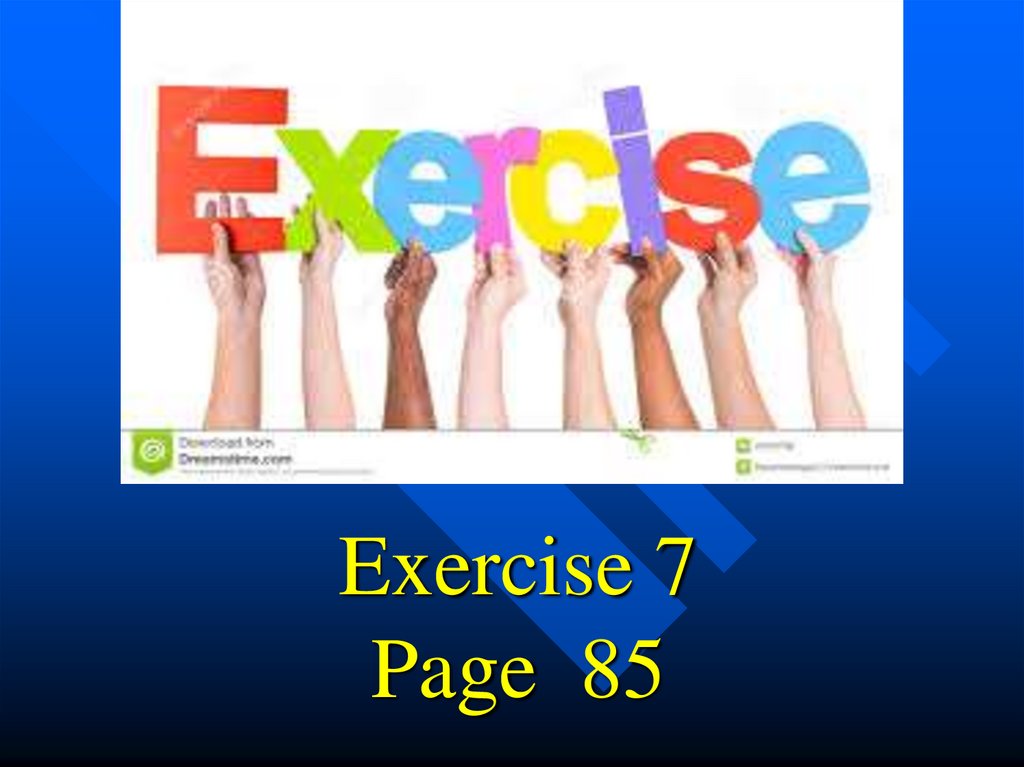

![1. Tiredness [taiədnəs] ? 1. Tiredness [taiədnəs] ?](https://cf4.ppt-online.org/files4/slide/n/N9c4AZ3XDLzFPBa1iyJ2QdGoqS7mI8gfw5rREC/slide-170.jpg)
![1. Tiredness [taiədnəs] - tired 1. Tiredness [taiədnəs] - tired](https://cf4.ppt-online.org/files4/slide/n/N9c4AZ3XDLzFPBa1iyJ2QdGoqS7mI8gfw5rREC/slide-171.jpg)
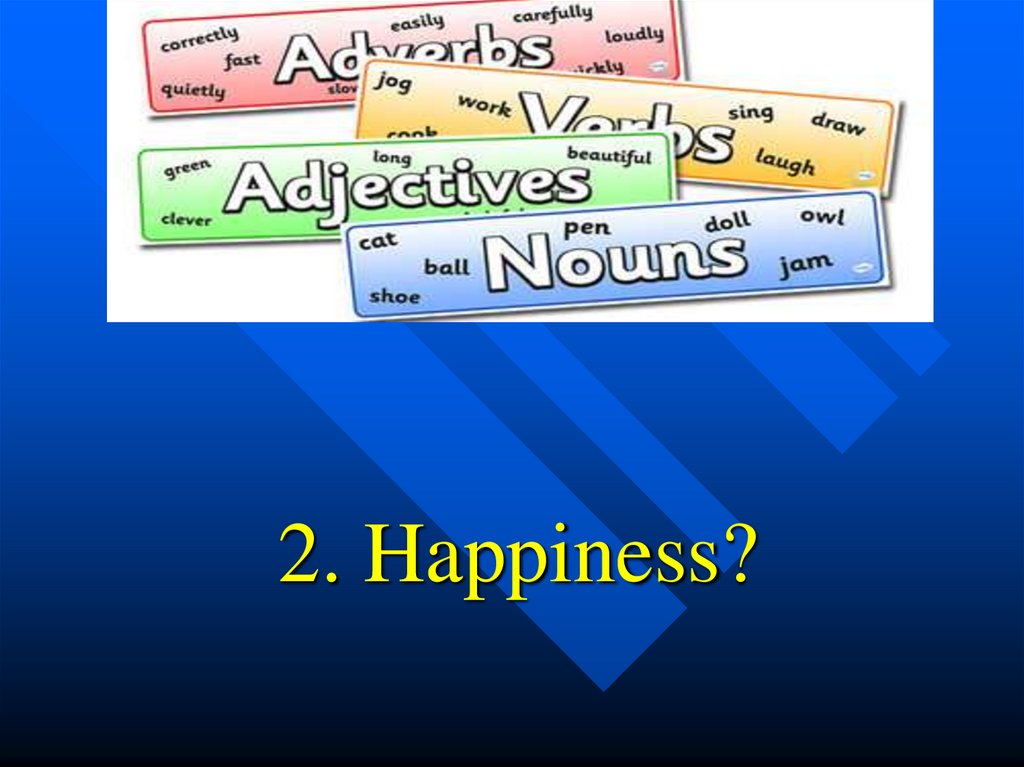
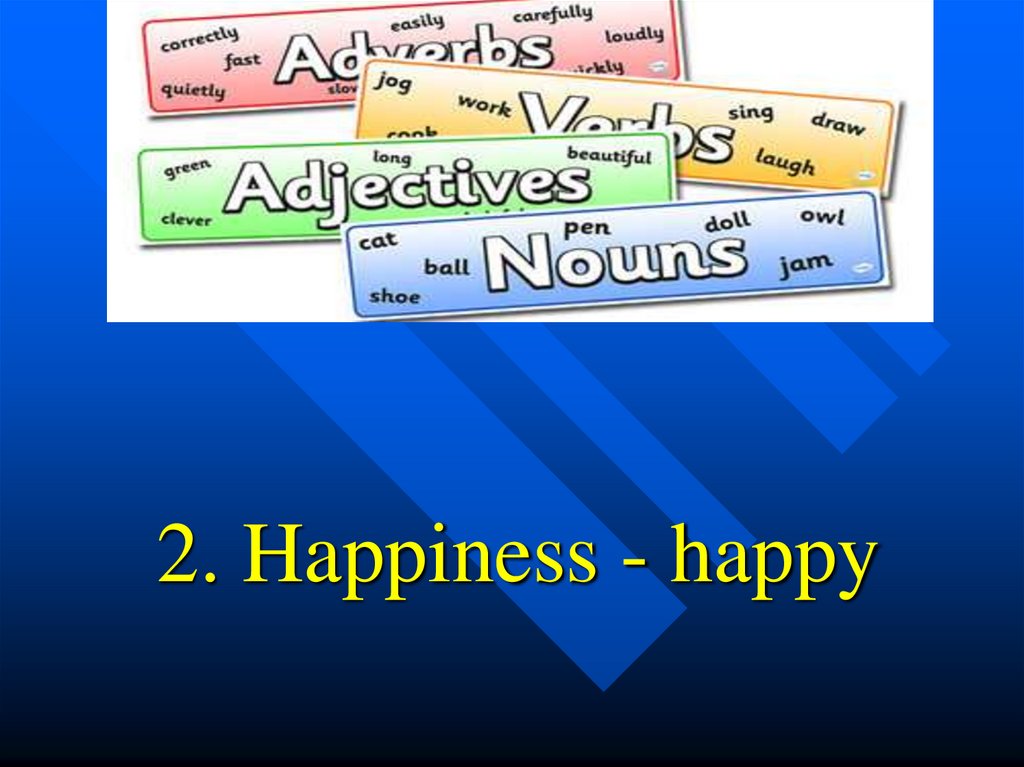
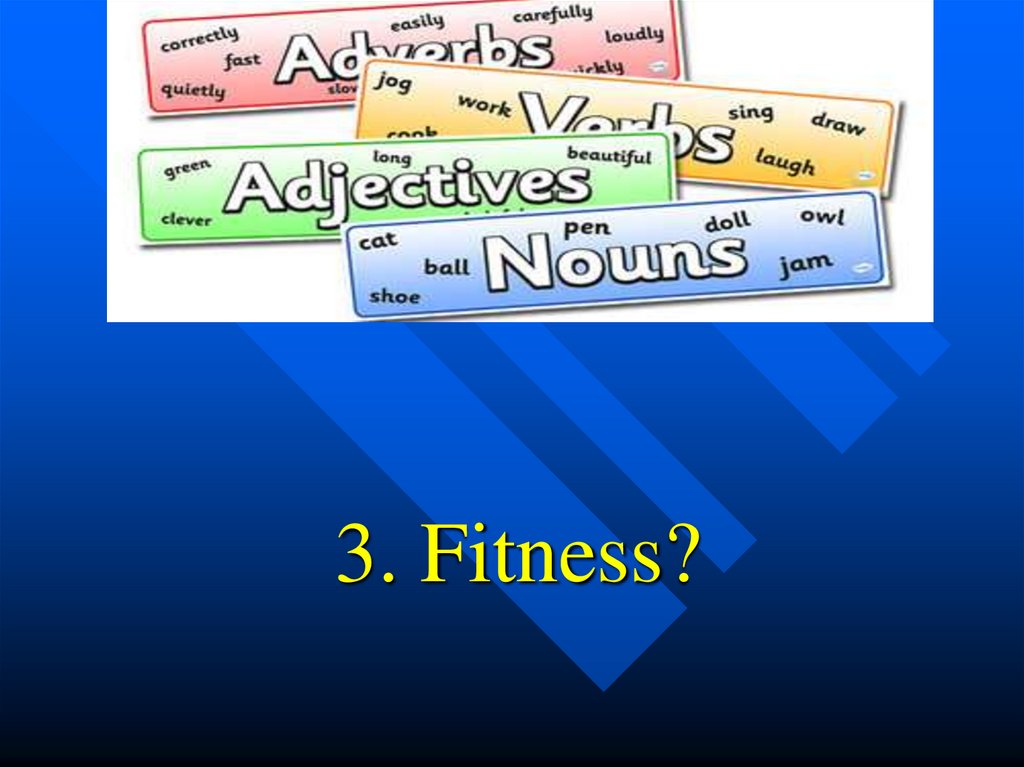
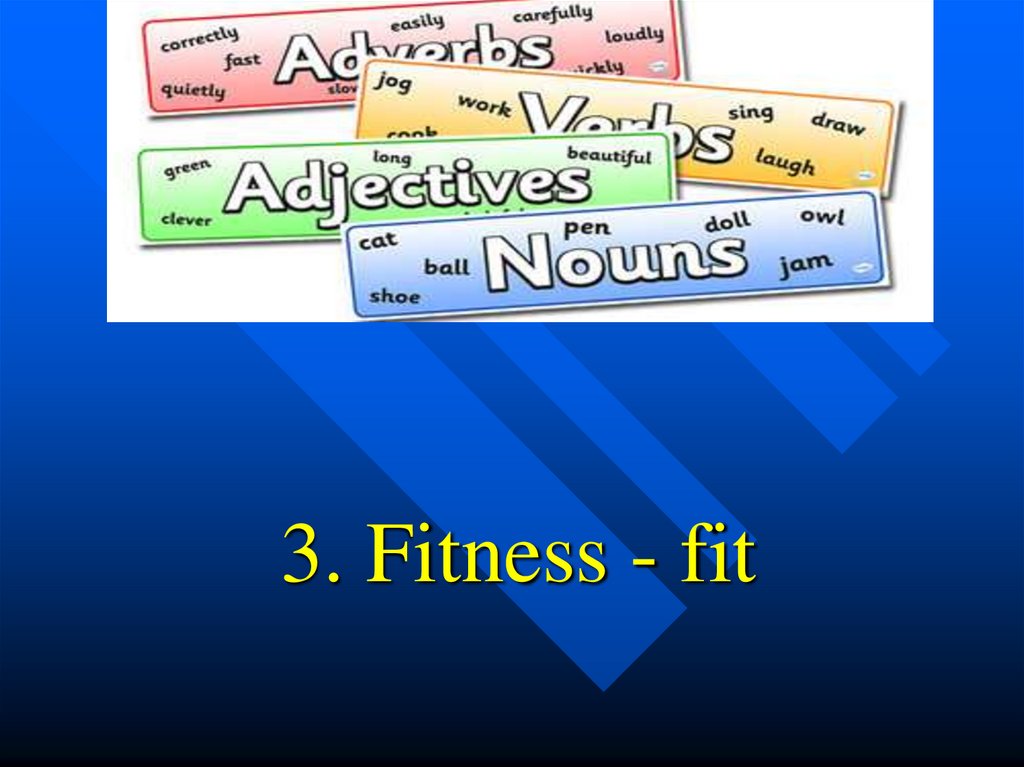
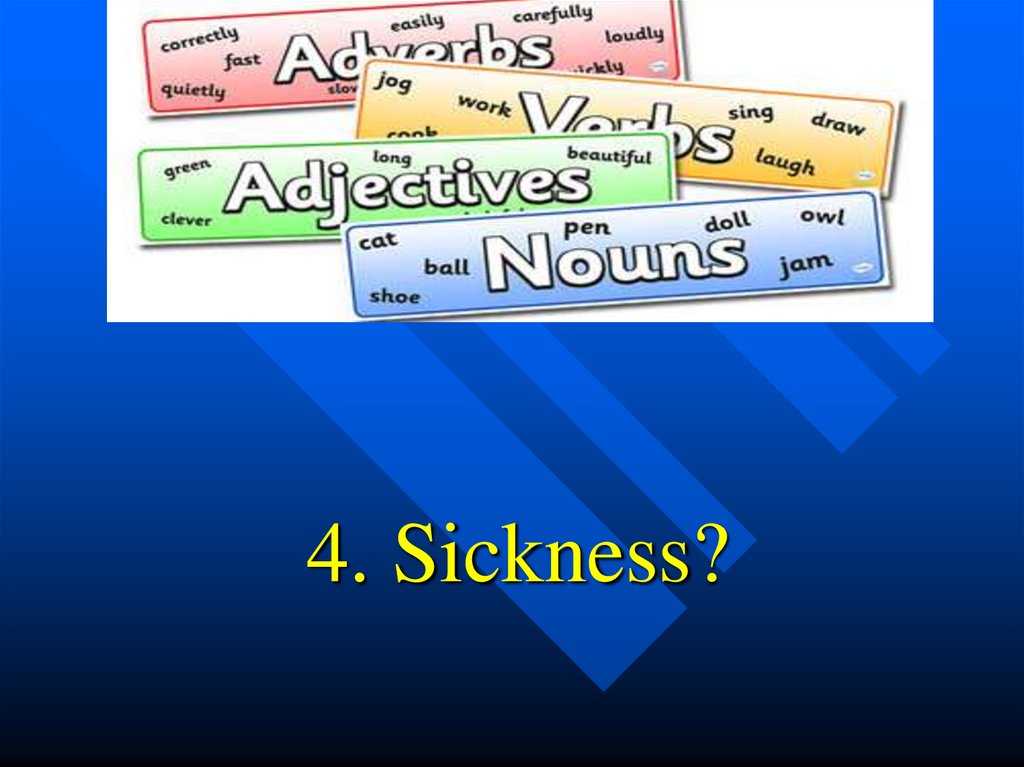
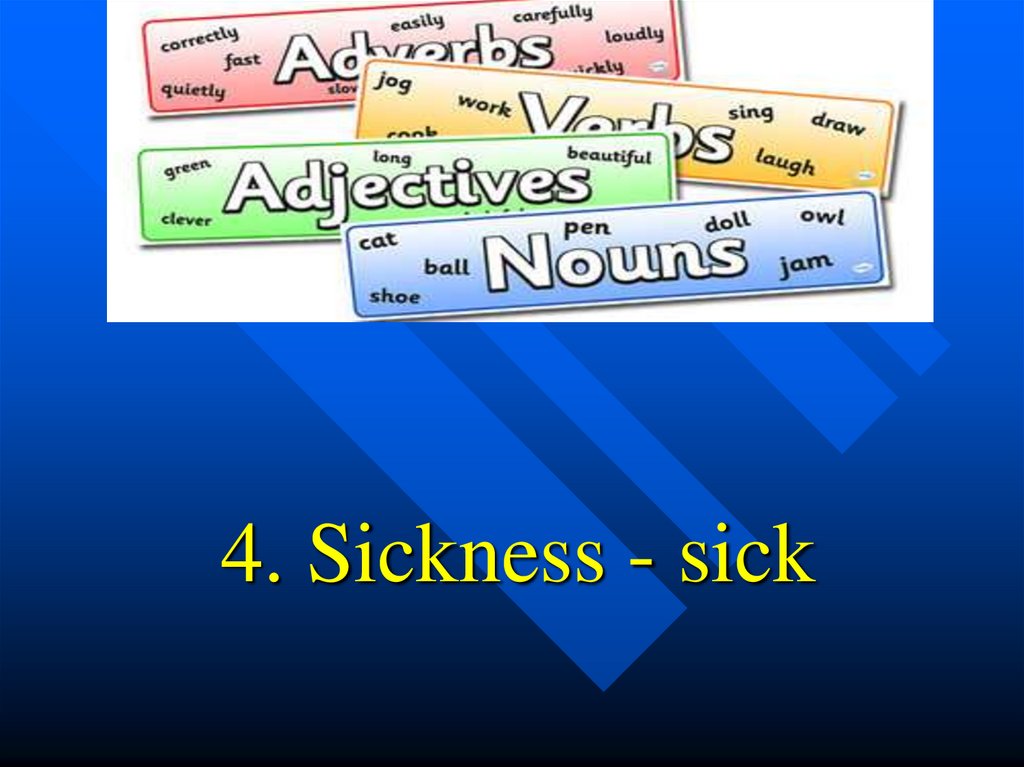
![5. Baldness [bo:ldnəs]? 5. Baldness [bo:ldnəs]?](https://cf4.ppt-online.org/files4/slide/n/N9c4AZ3XDLzFPBa1iyJ2QdGoqS7mI8gfw5rREC/slide-178.jpg)
![5. Baldness [bo:ldnəs] – bald (лысый) 5. Baldness [bo:ldnəs] – bald (лысый)](https://cf4.ppt-online.org/files4/slide/n/N9c4AZ3XDLzFPBa1iyJ2QdGoqS7mI8gfw5rREC/slide-179.jpg)
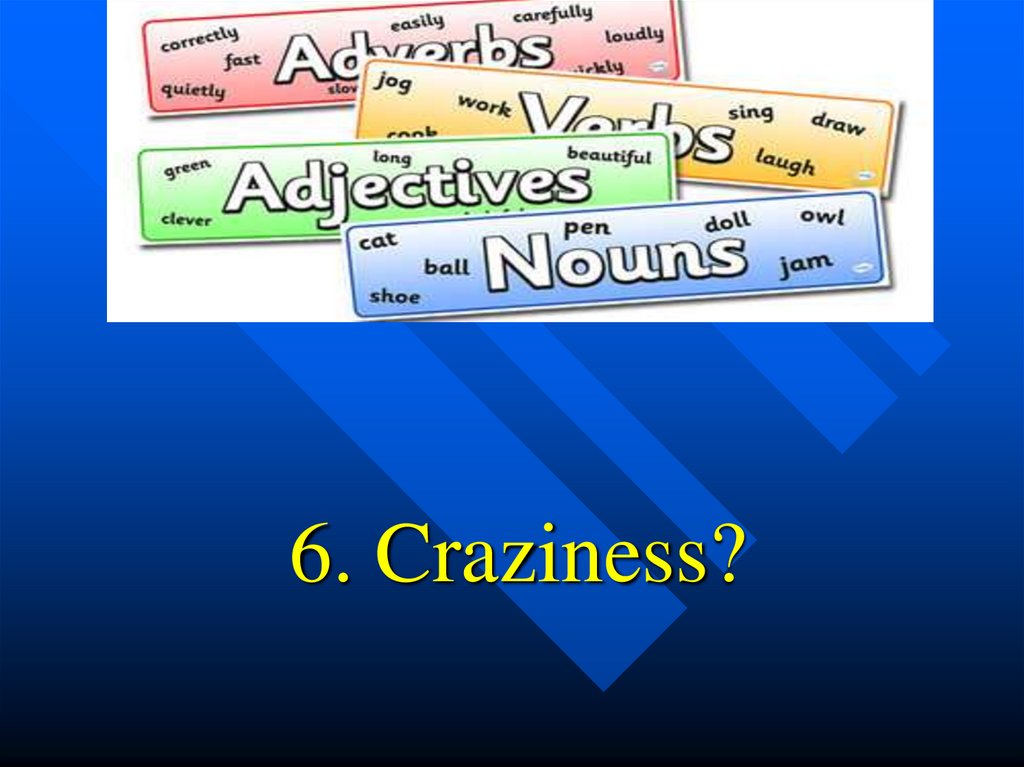


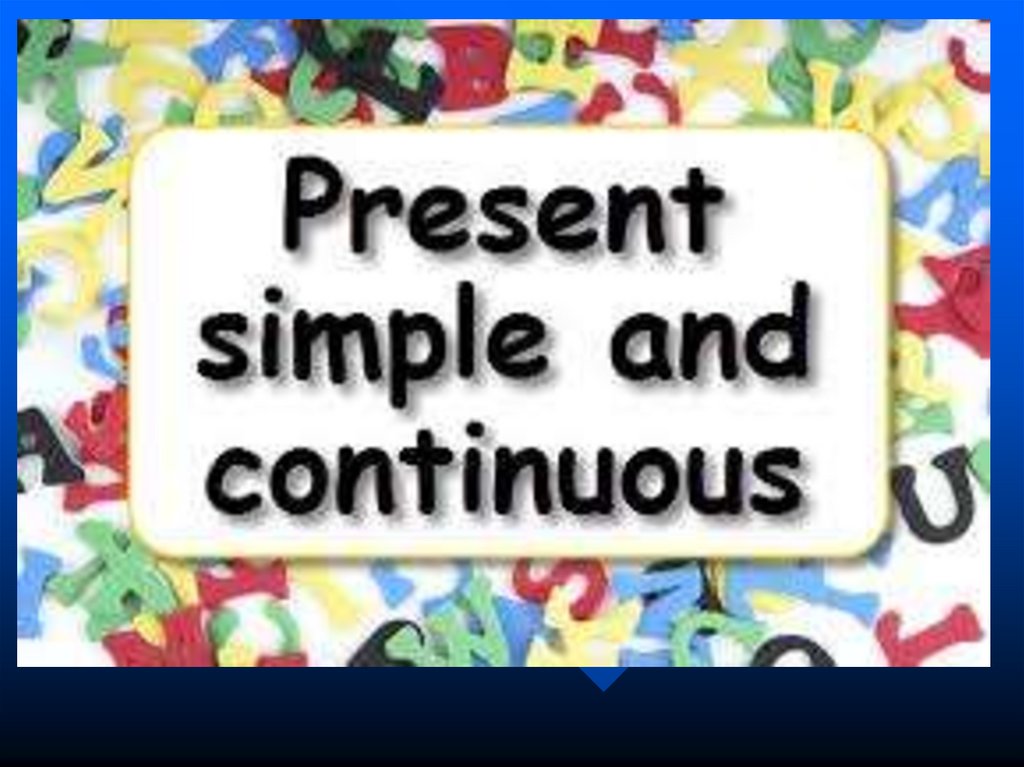
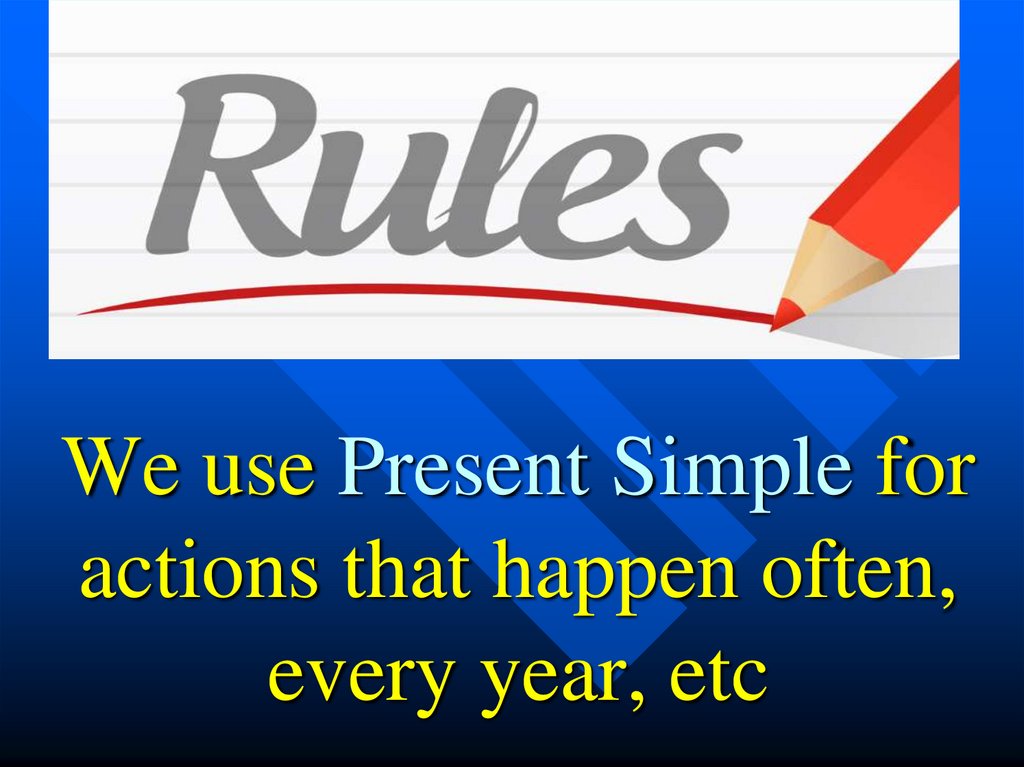

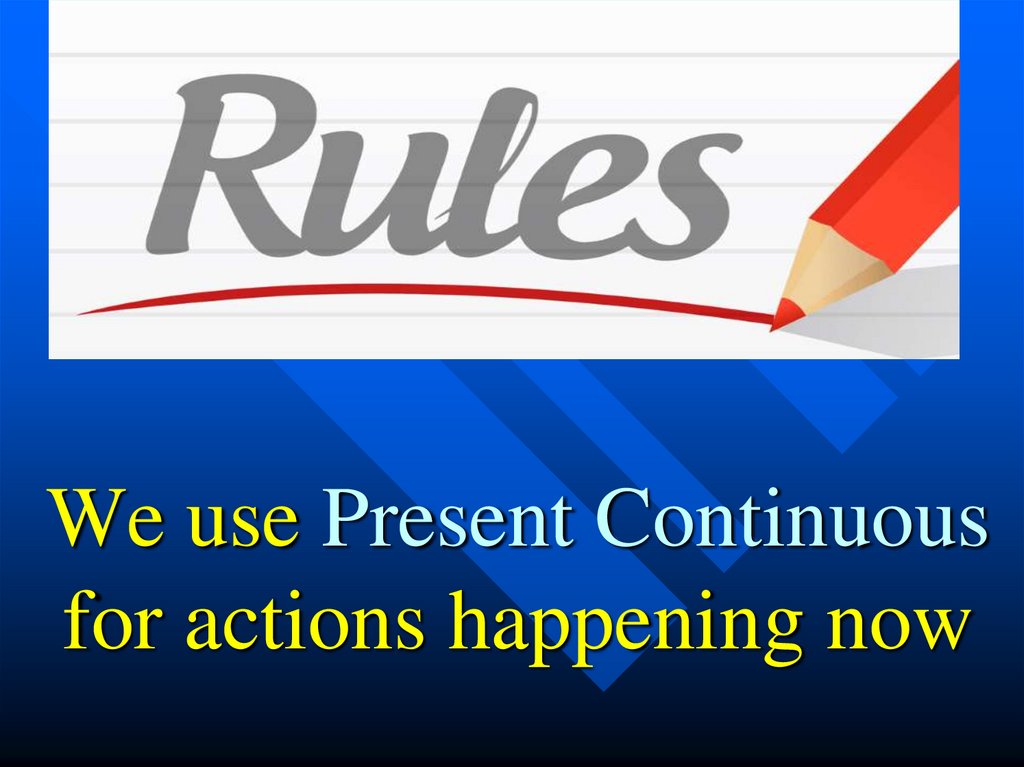

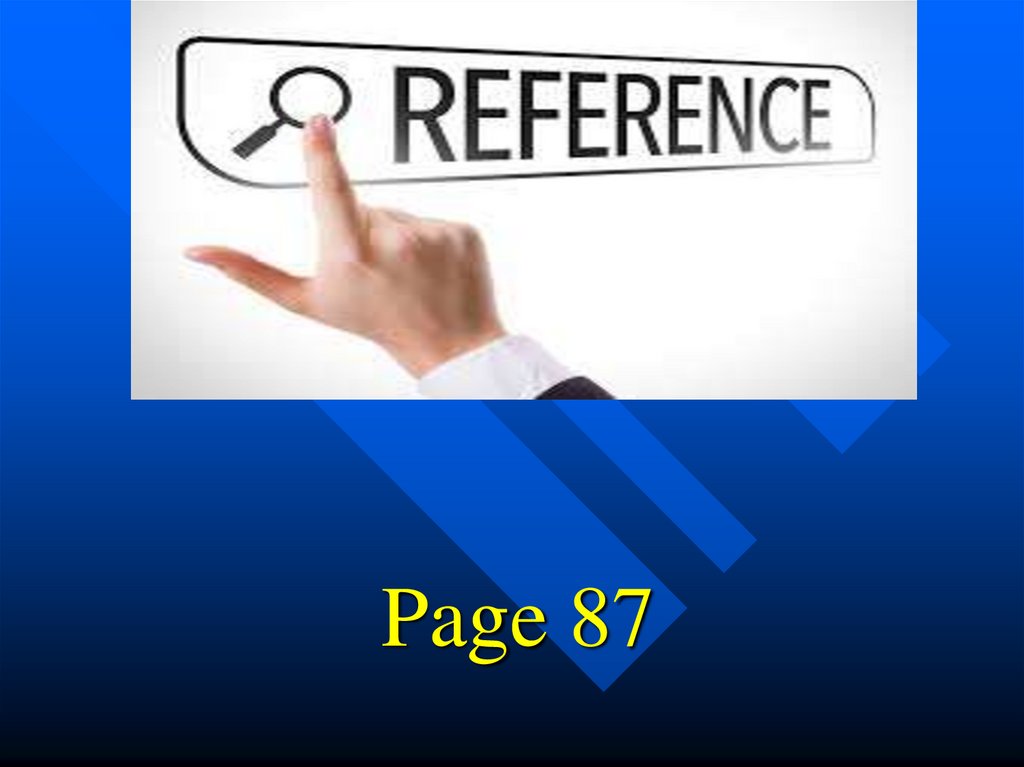
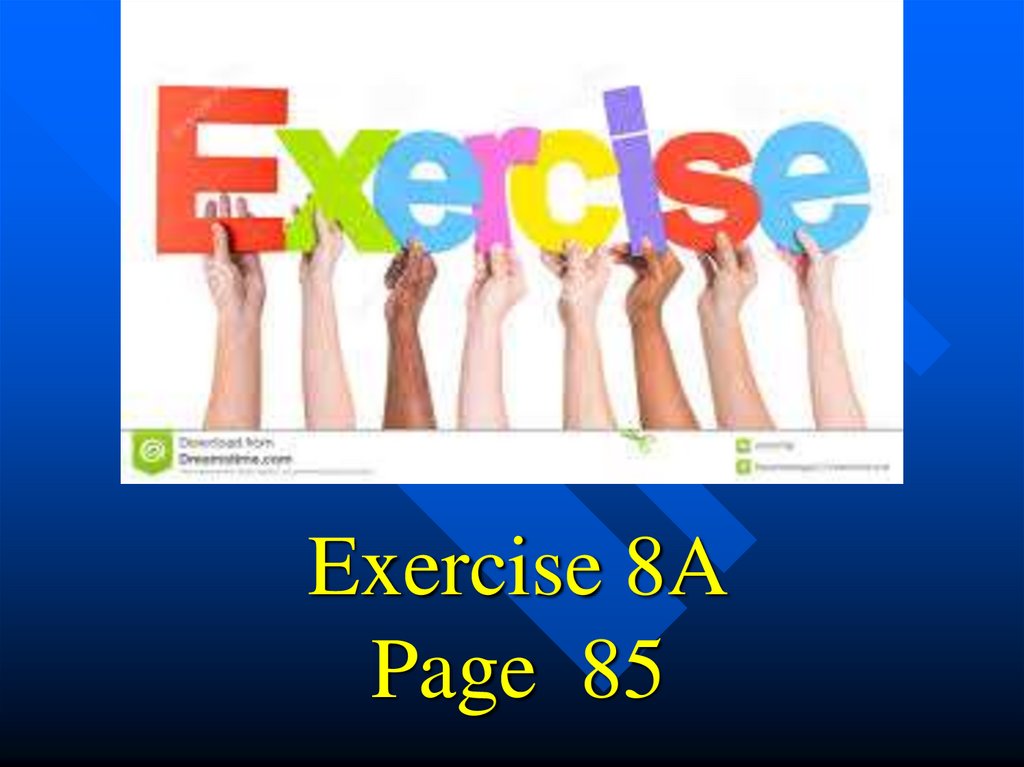

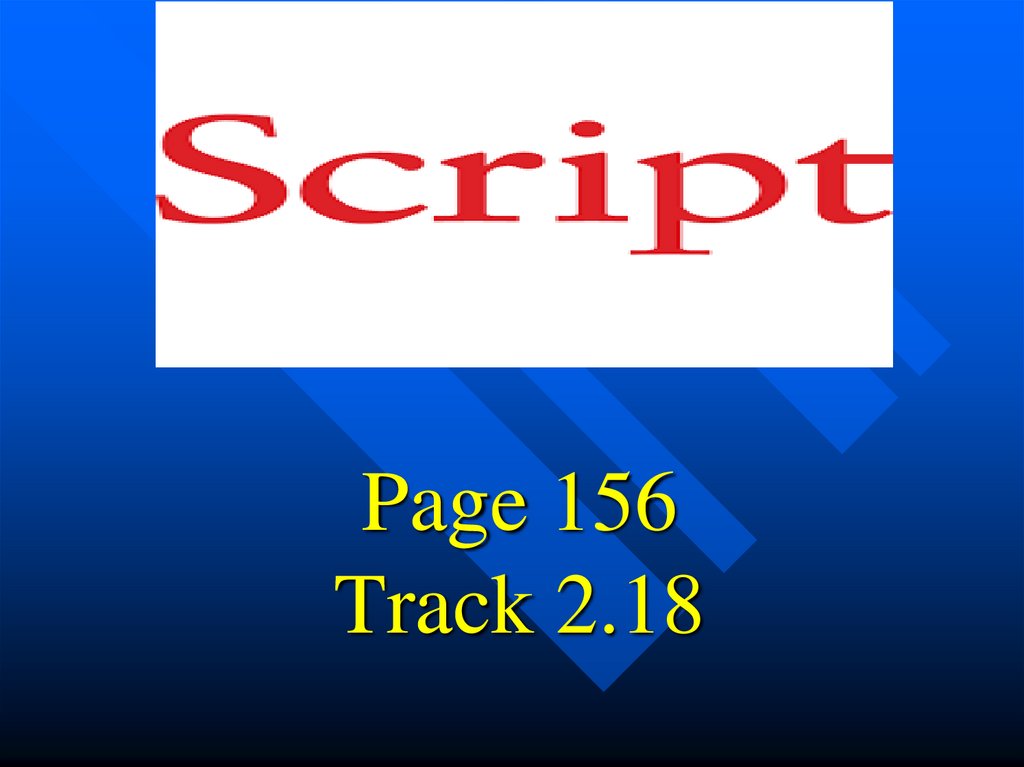

![Hardly ever [evə] – почти нет Hardly ever [evə] – почти нет](https://cf4.ppt-online.org/files4/slide/n/N9c4AZ3XDLzFPBa1iyJ2QdGoqS7mI8gfw5rREC/slide-193.jpg)
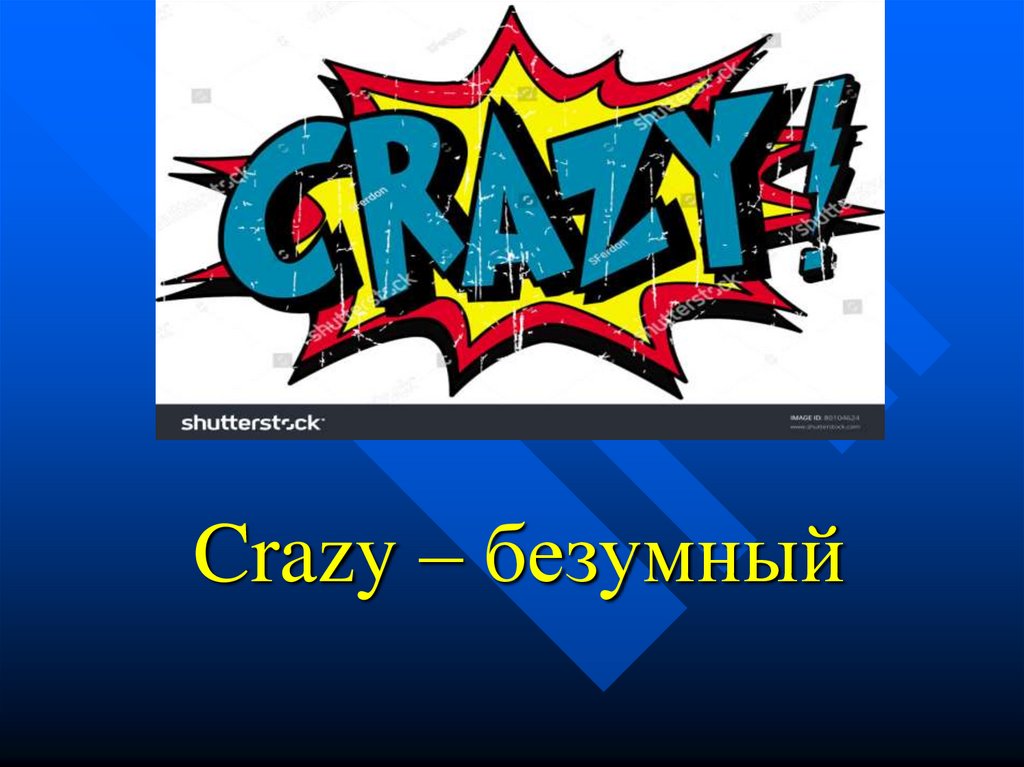
![At least [li:st] – по меньшей мере At least [li:st] – по меньшей мере](https://cf4.ppt-online.org/files4/slide/n/N9c4AZ3XDLzFPBa1iyJ2QdGoqS7mI8gfw5rREC/slide-195.jpg)
![Depressed [di’prest] – в депрессии Depressed [di’prest] – в депрессии](https://cf4.ppt-online.org/files4/slide/n/N9c4AZ3XDLzFPBa1iyJ2QdGoqS7mI8gfw5rREC/slide-196.jpg)
![I suppose [sə’pouz]– я думаю (считаю, полагаю) I suppose [sə’pouz]– я думаю (считаю, полагаю)](https://cf4.ppt-online.org/files4/slide/n/N9c4AZ3XDLzFPBa1iyJ2QdGoqS7mI8gfw5rREC/slide-197.jpg)
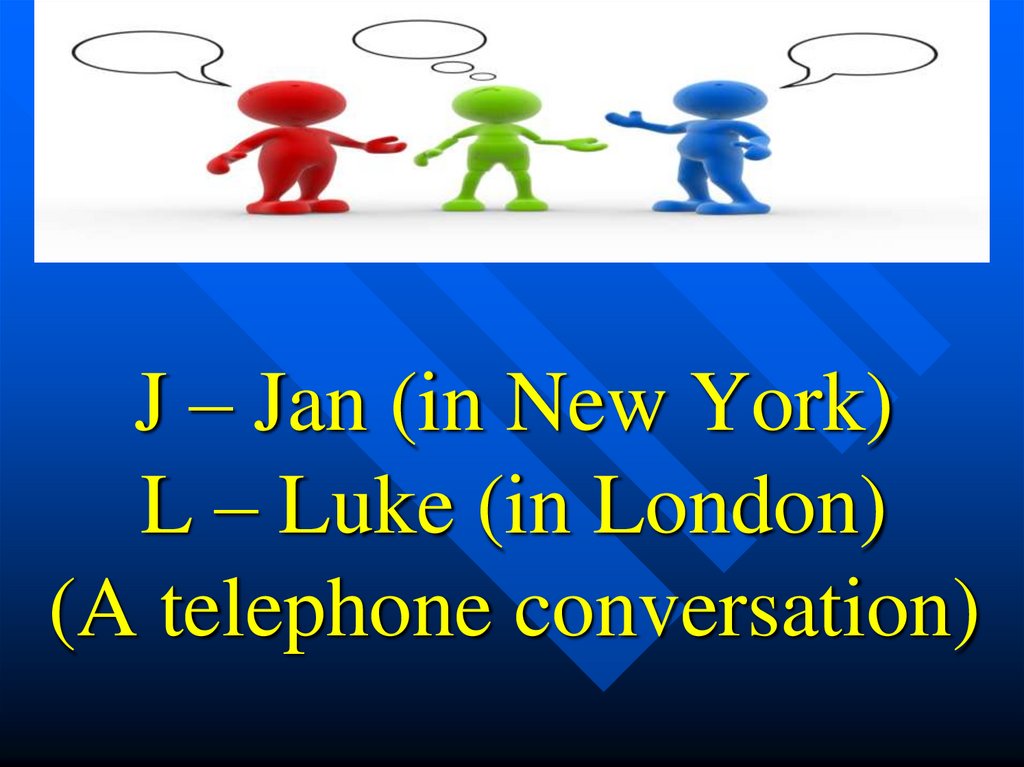
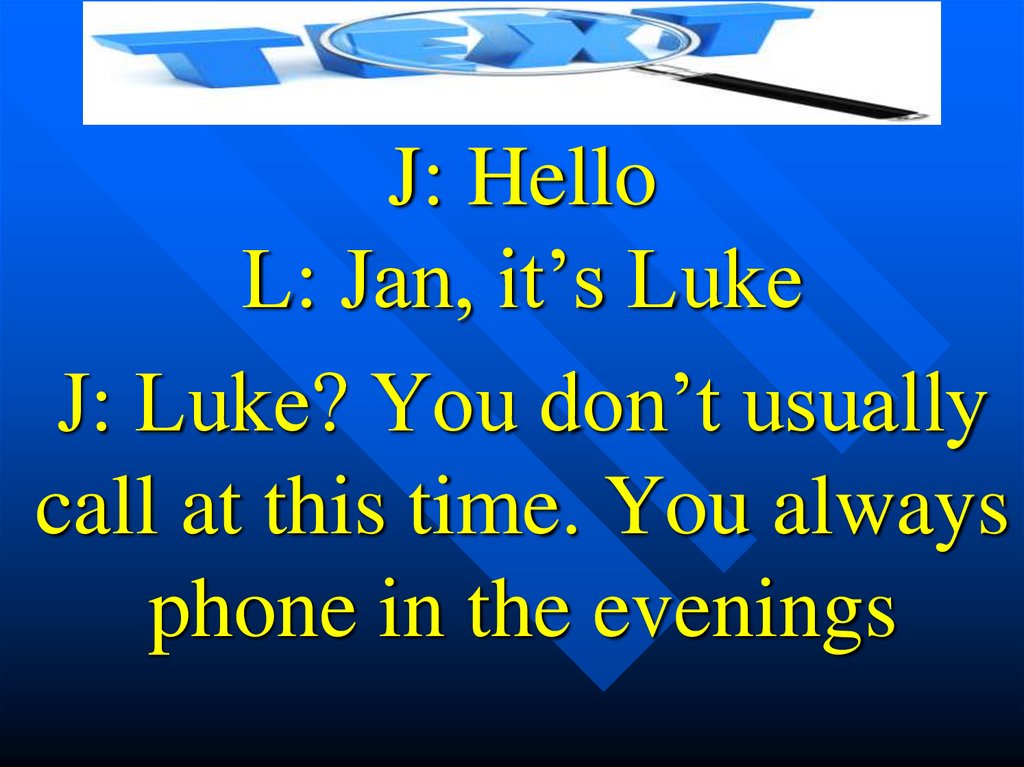
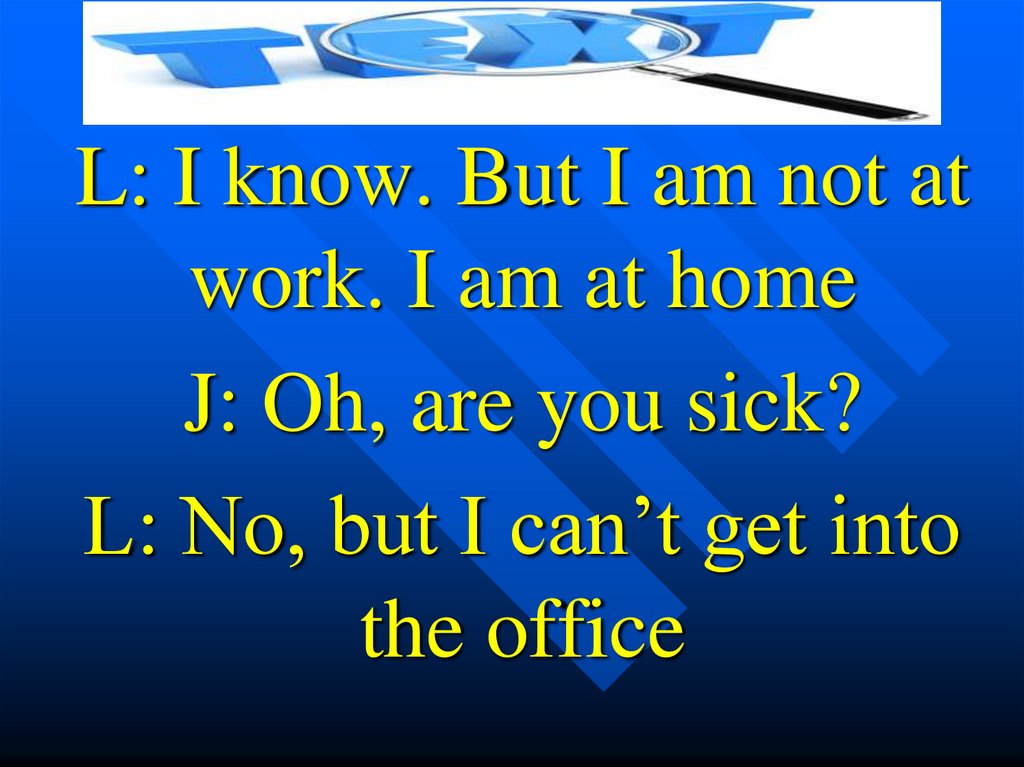
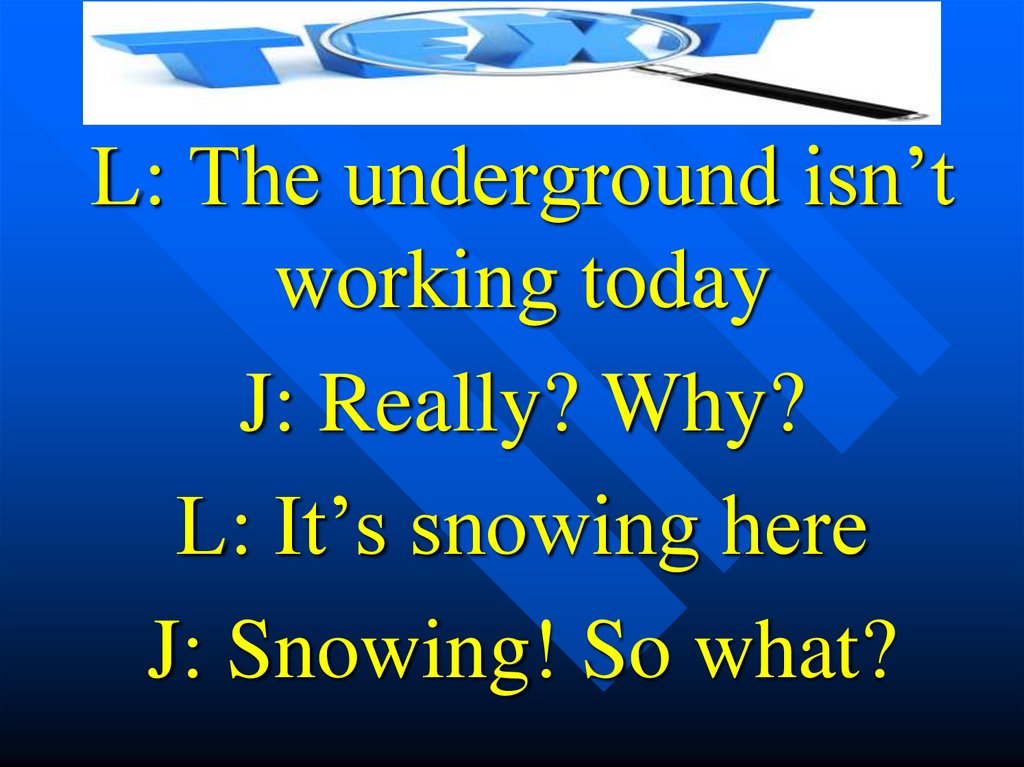
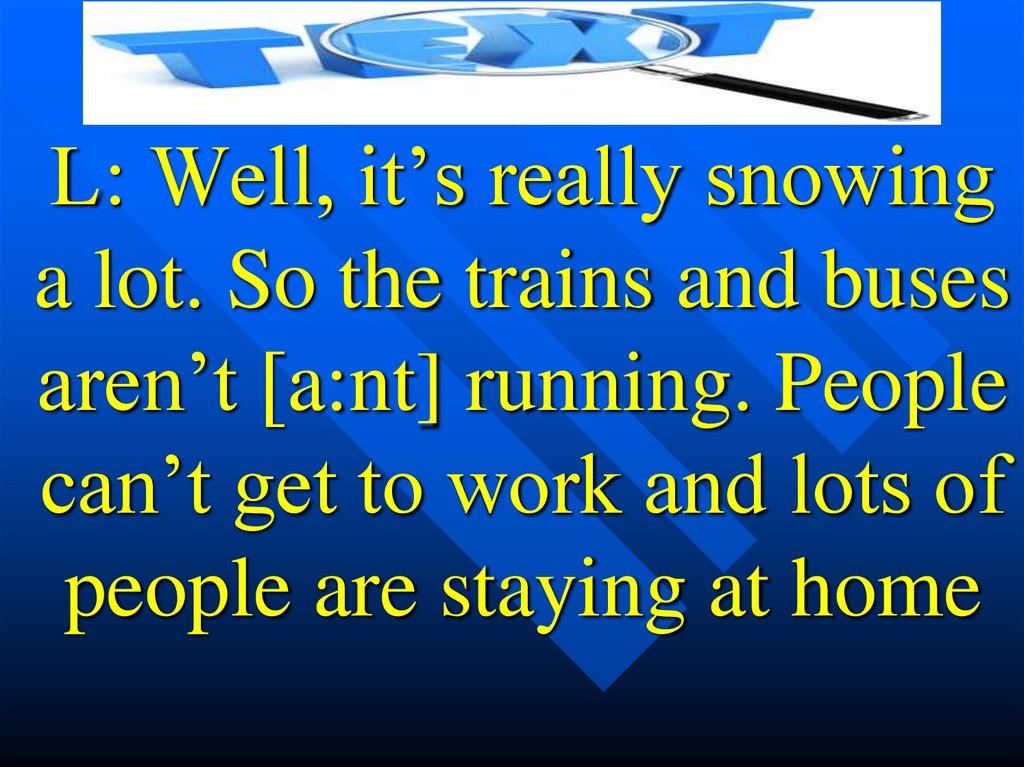
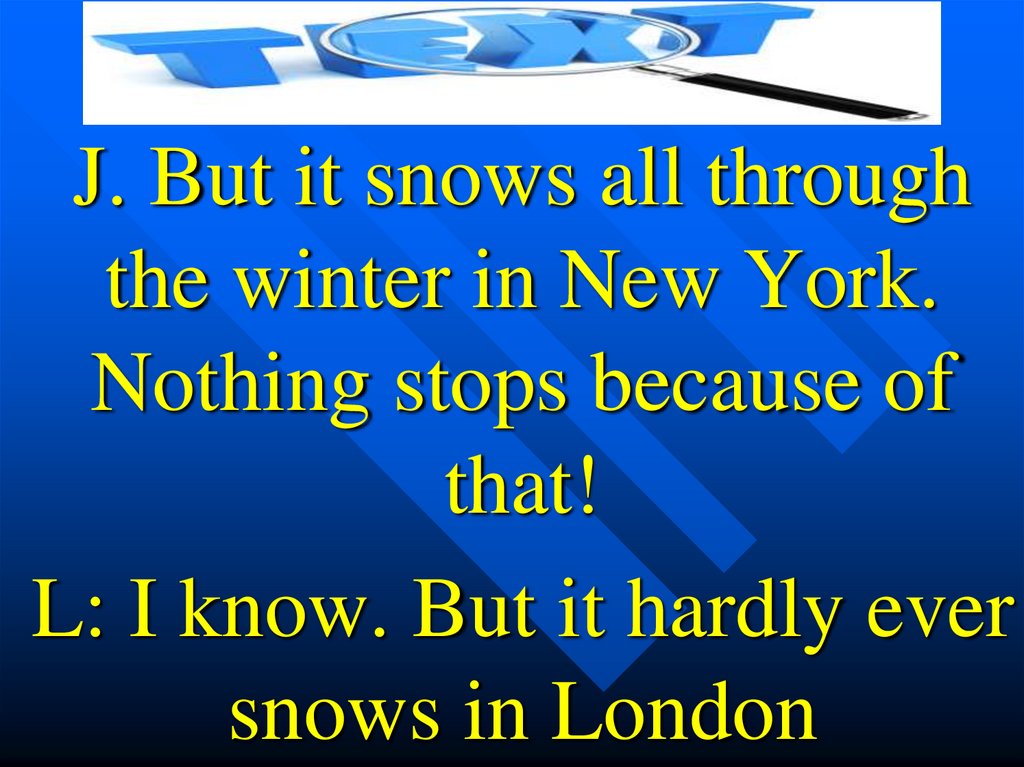
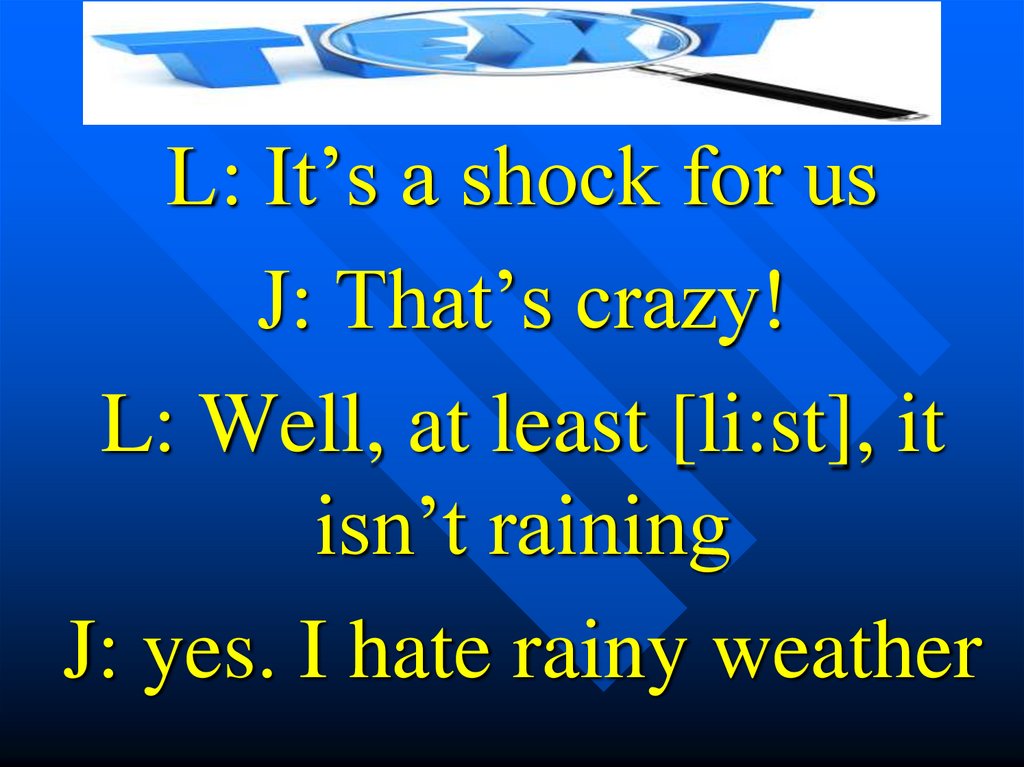
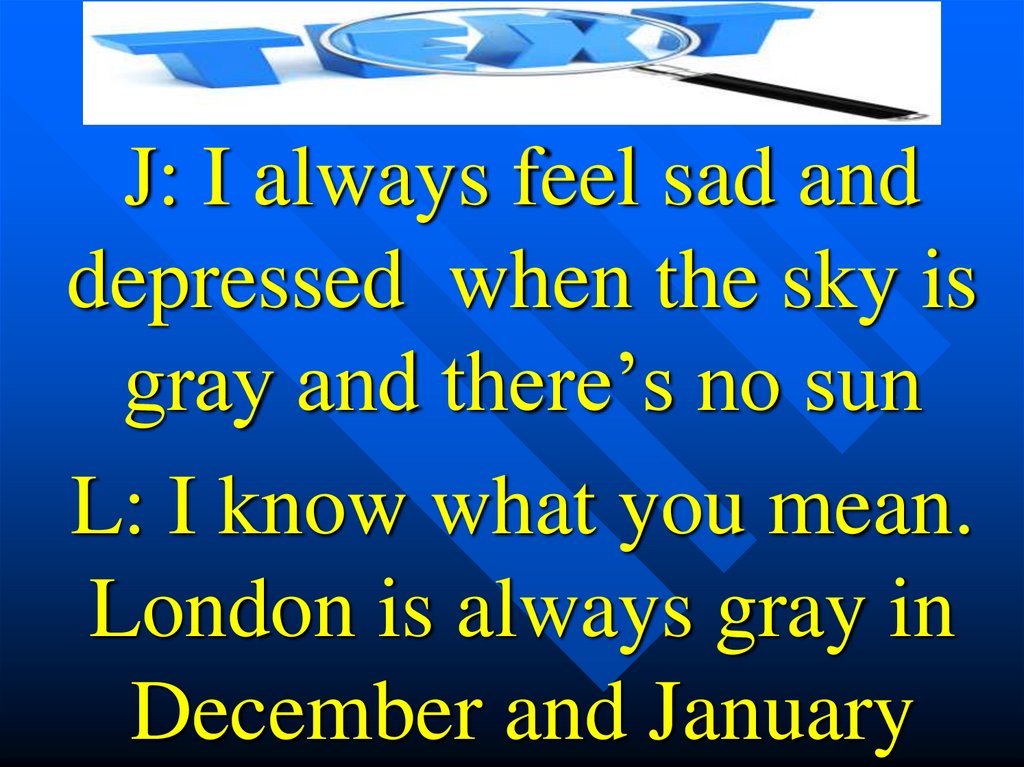
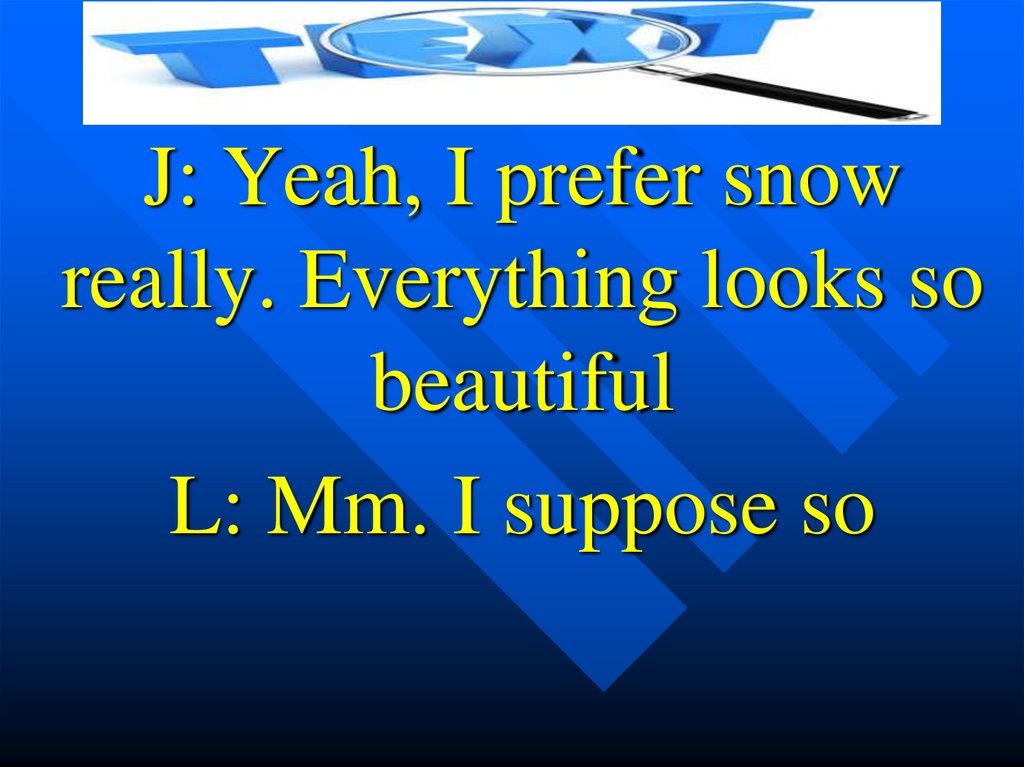
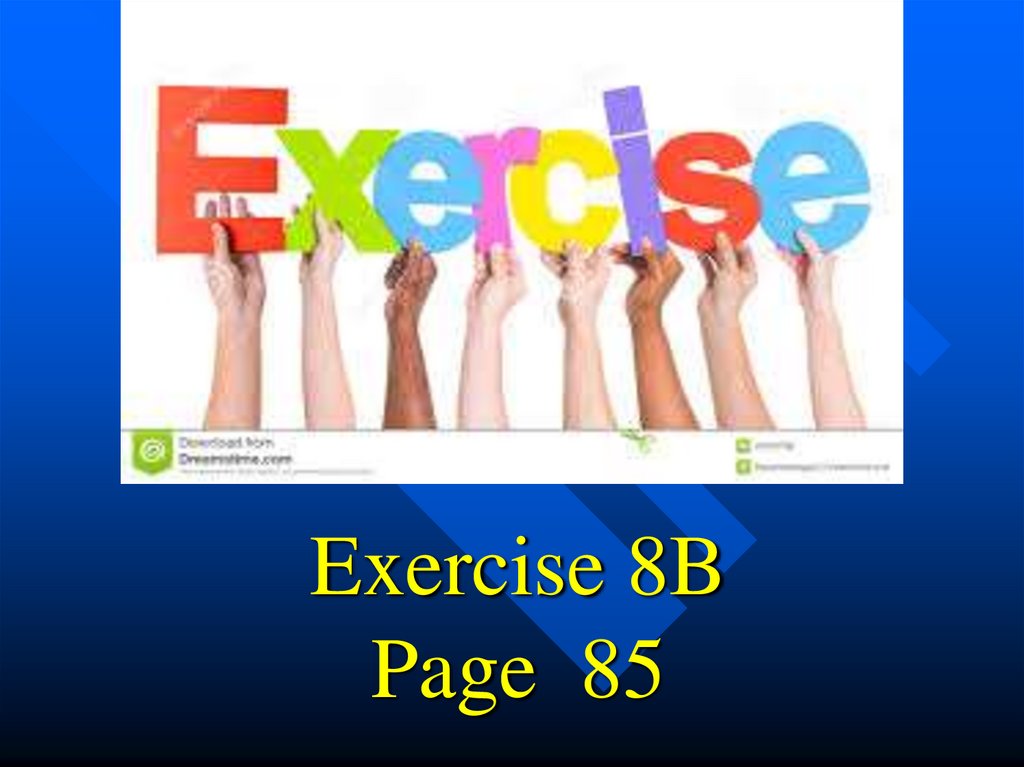

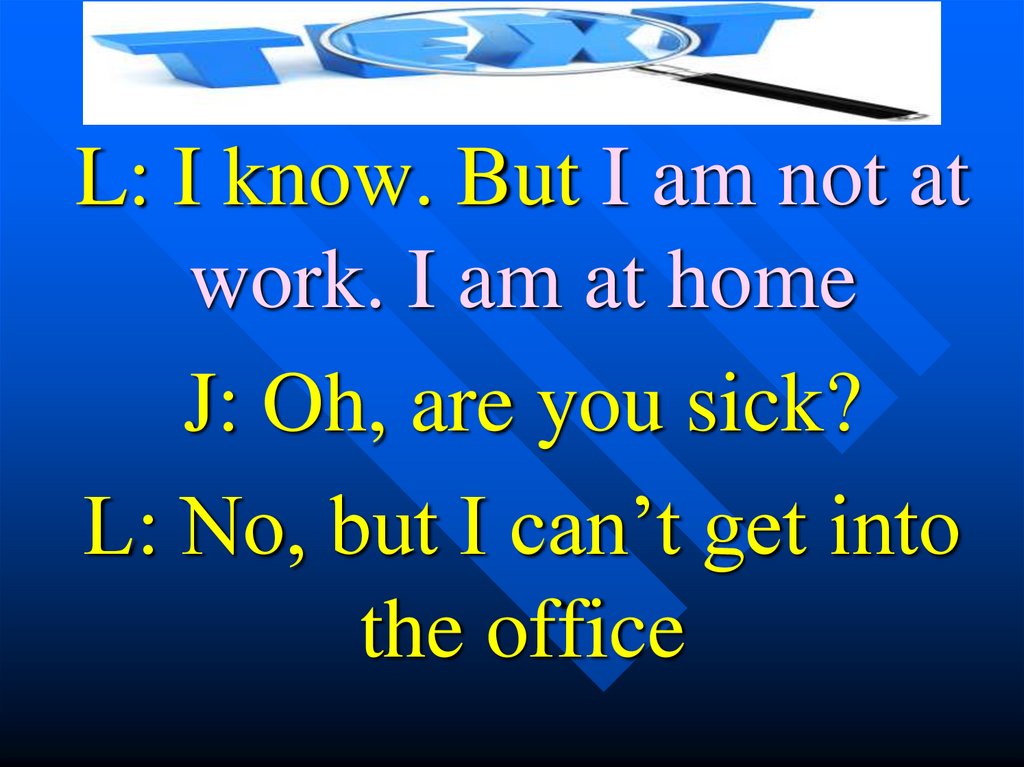






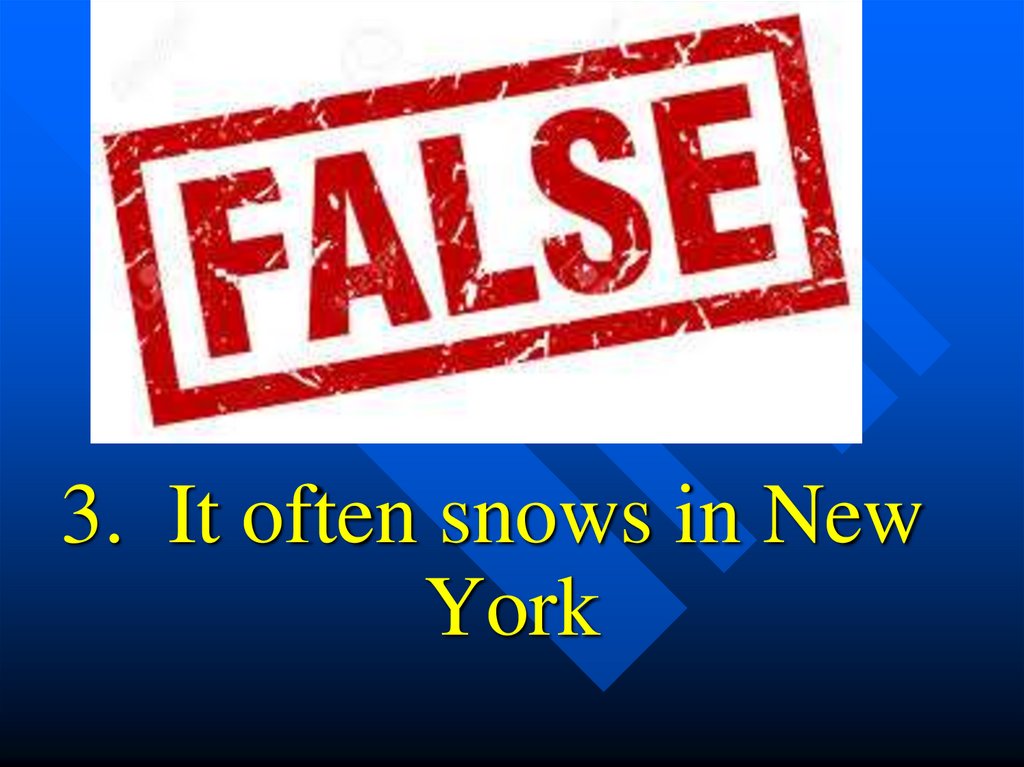

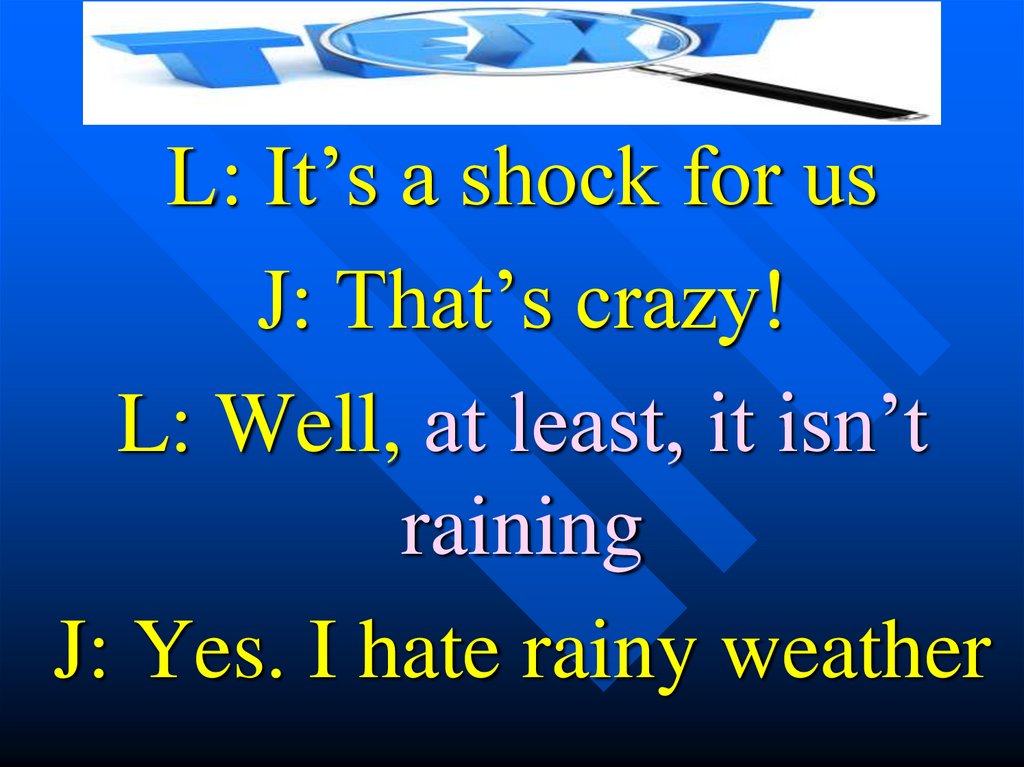

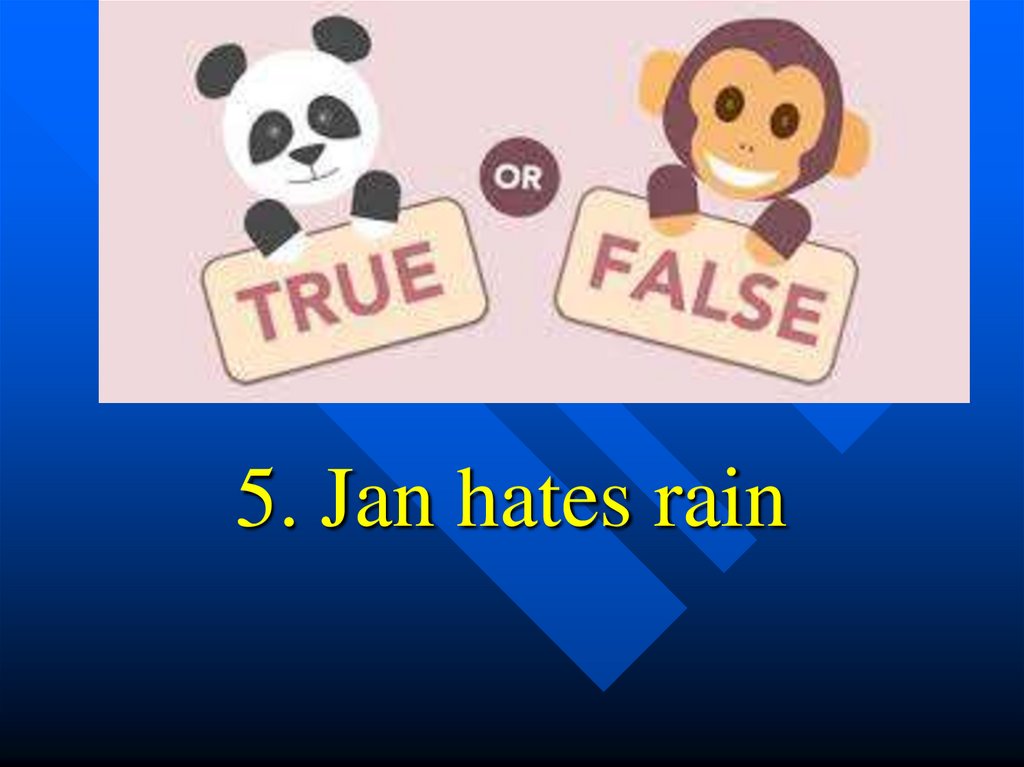
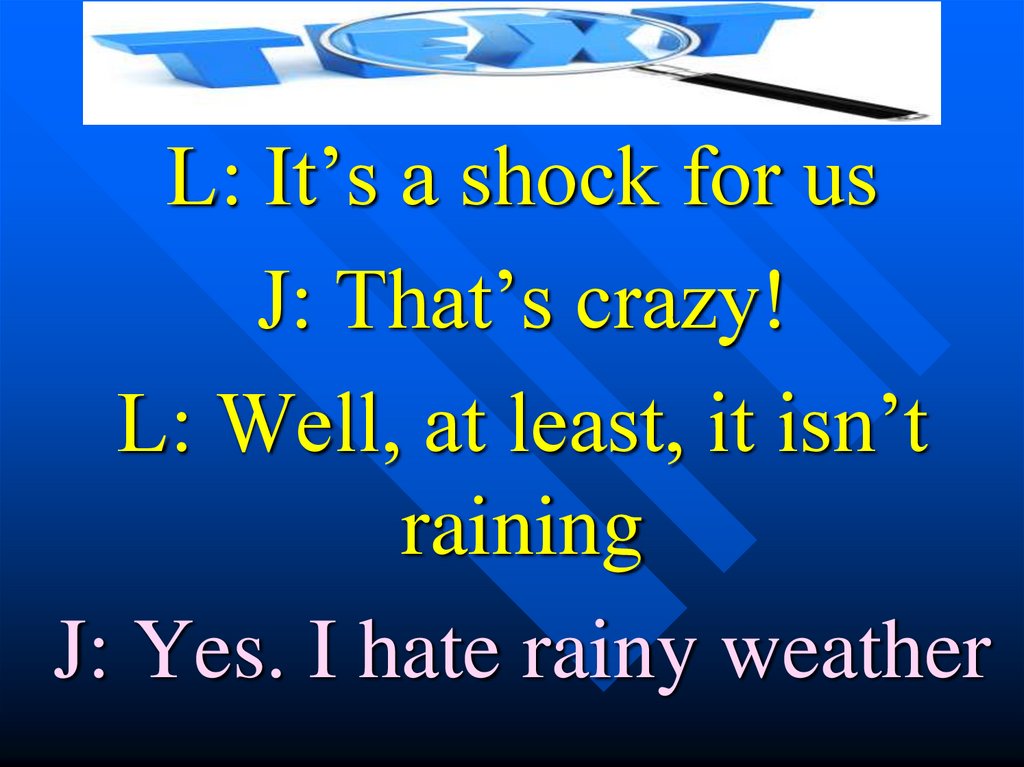
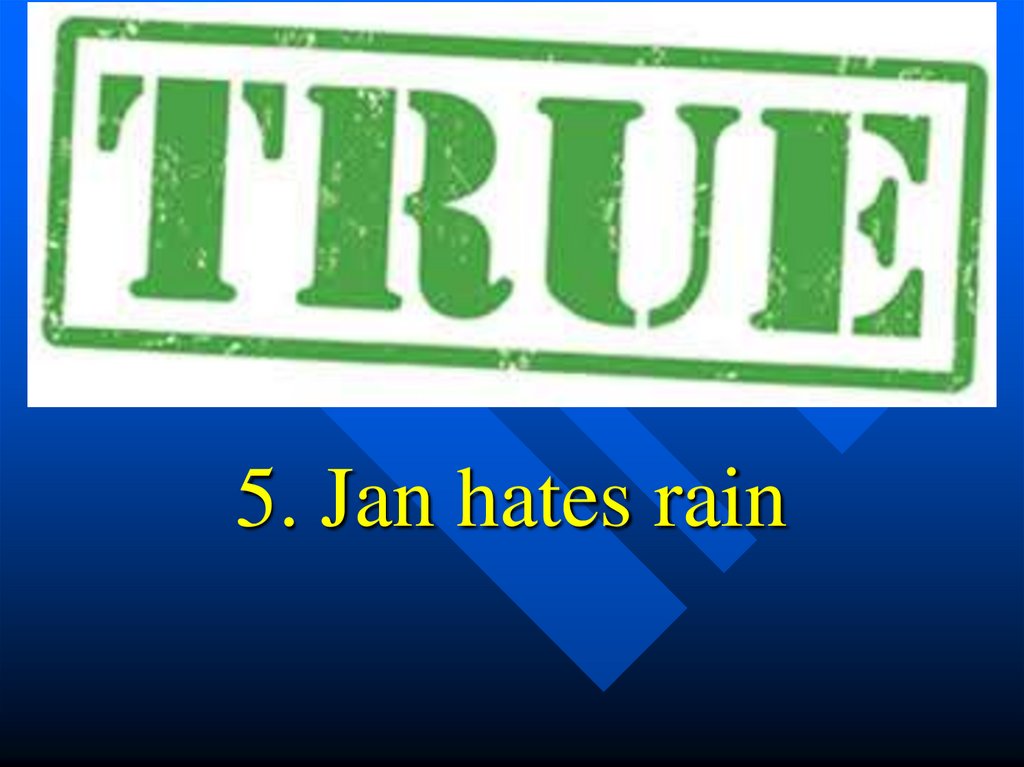
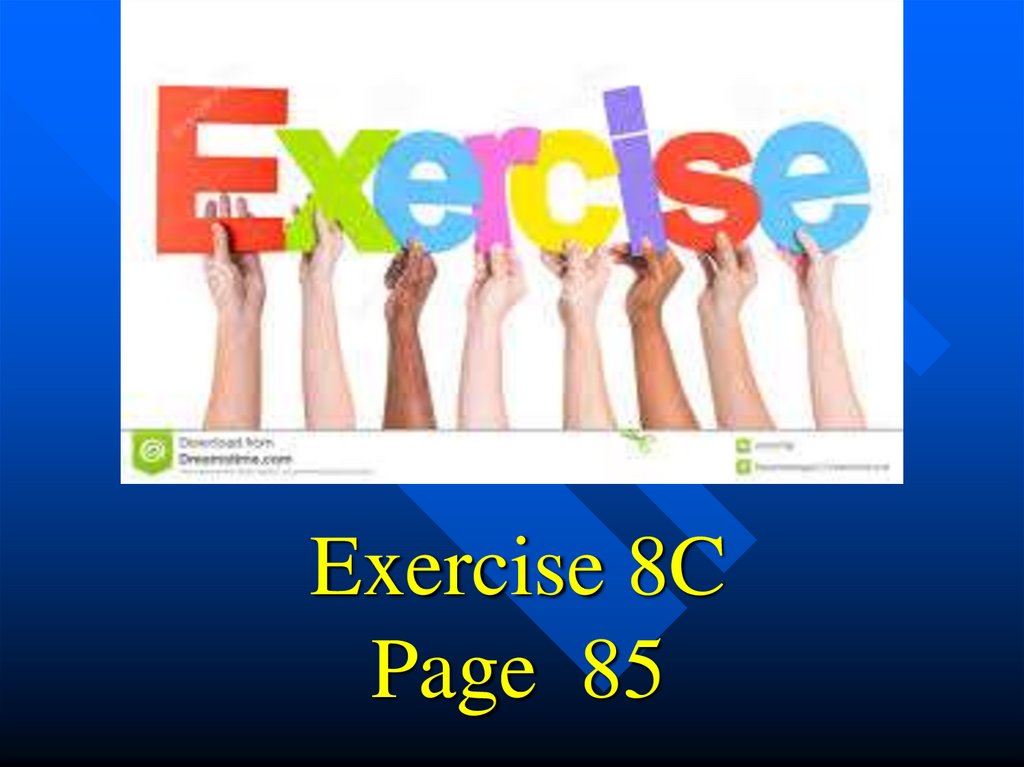
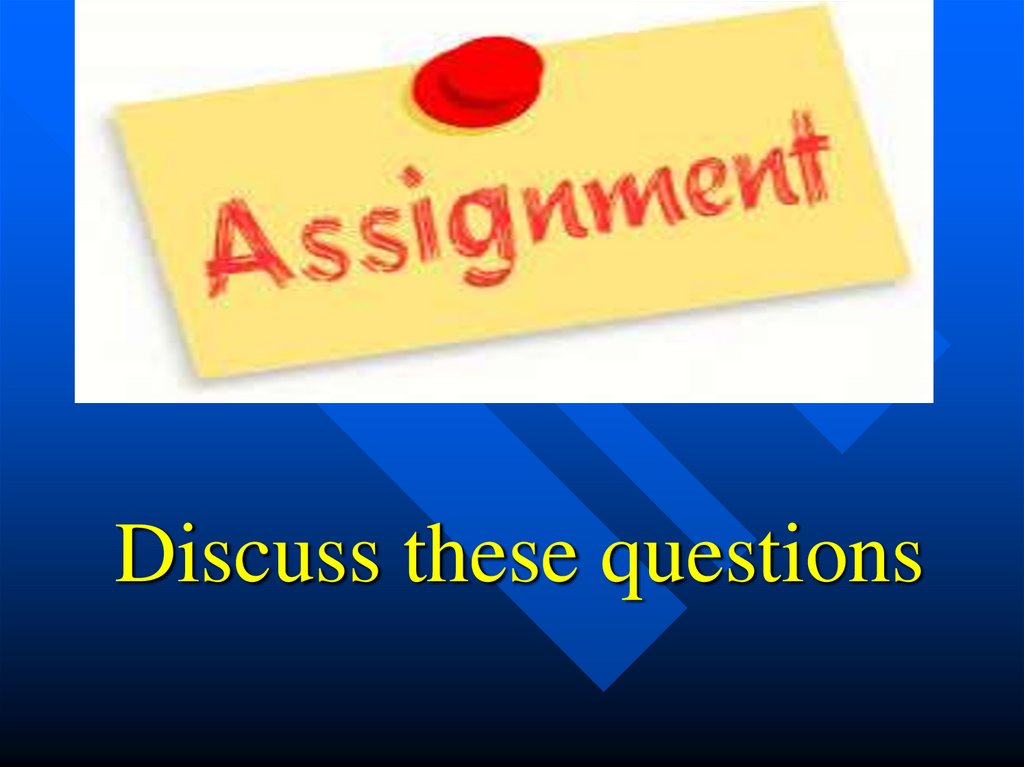


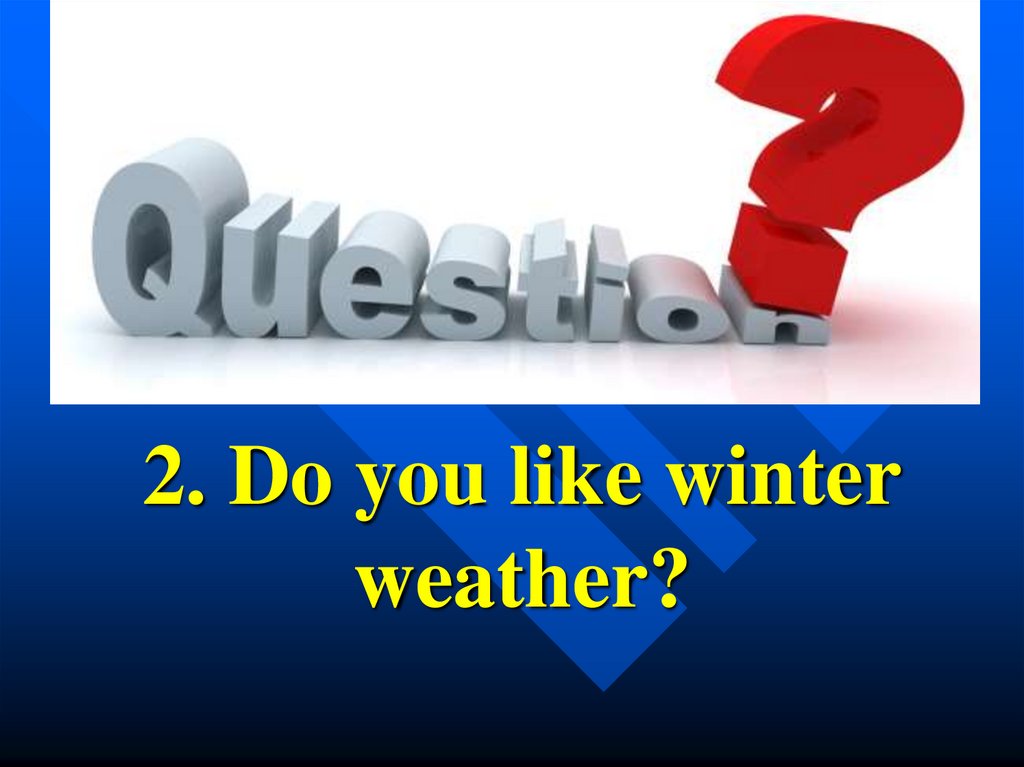
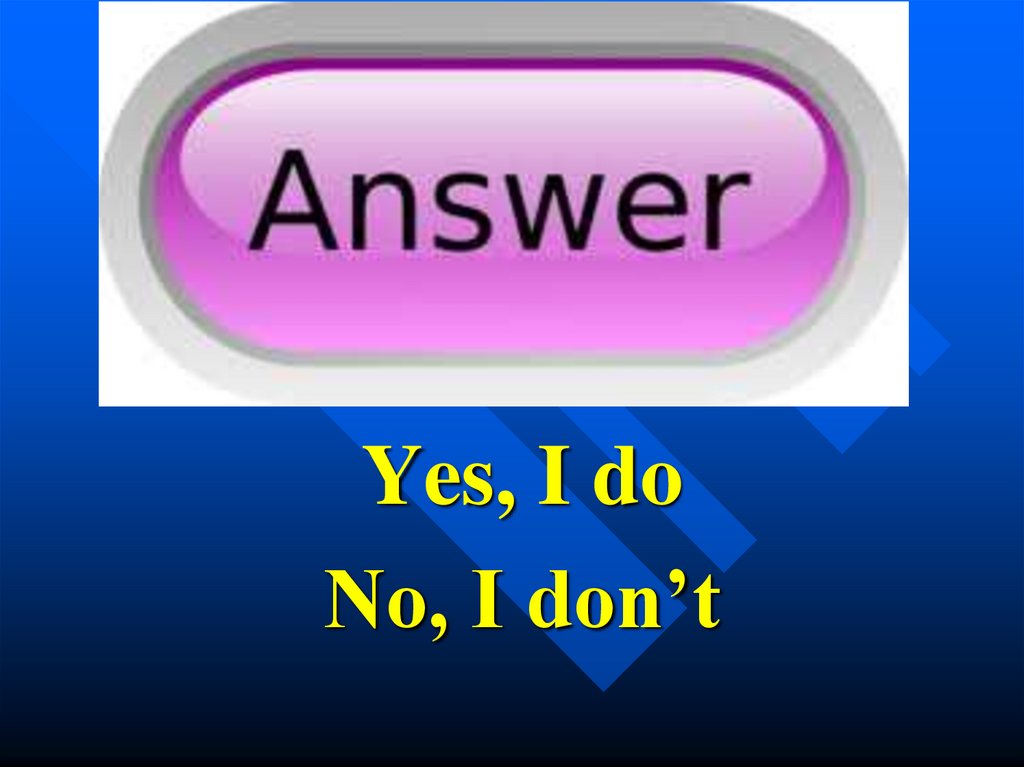
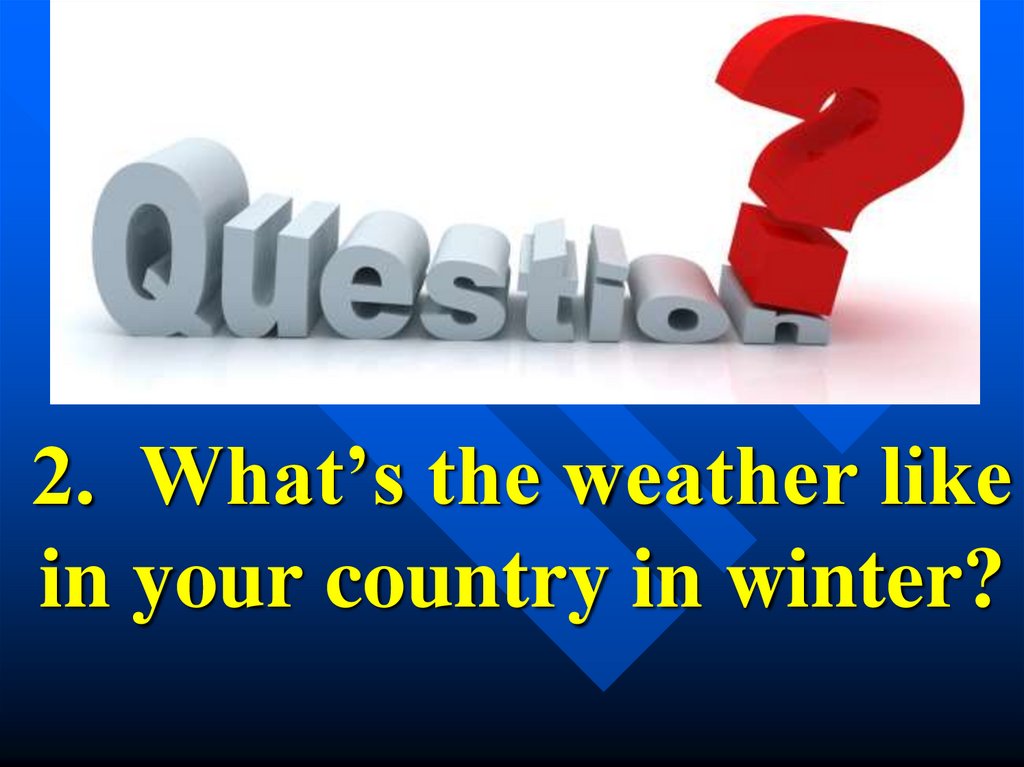
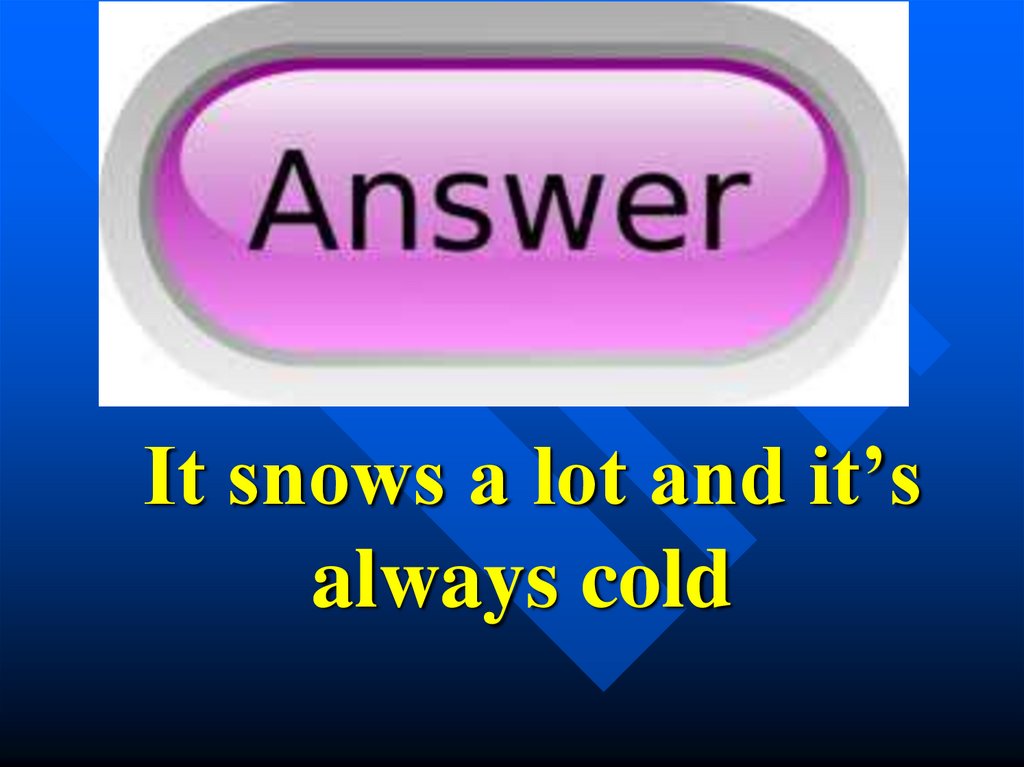
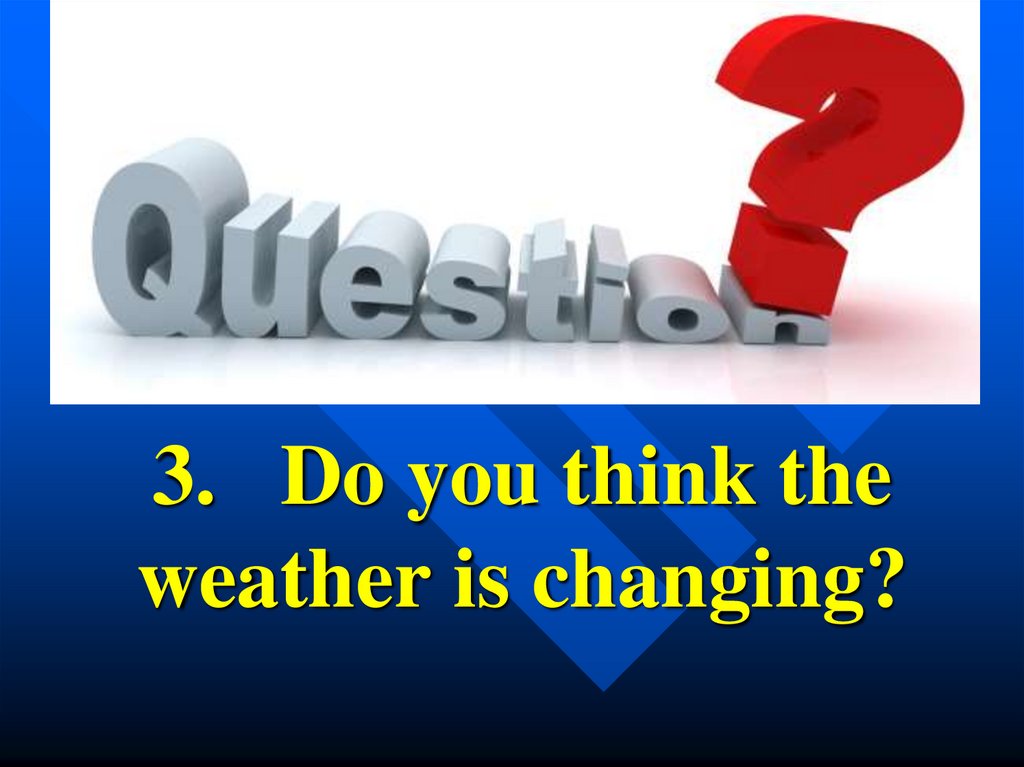
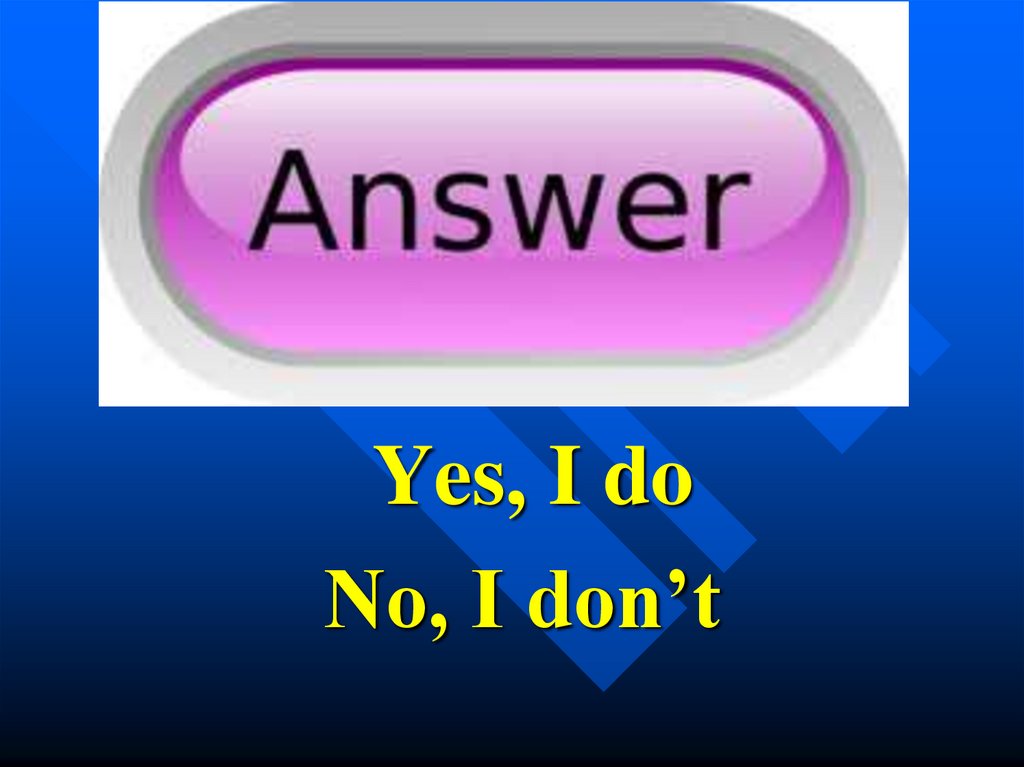
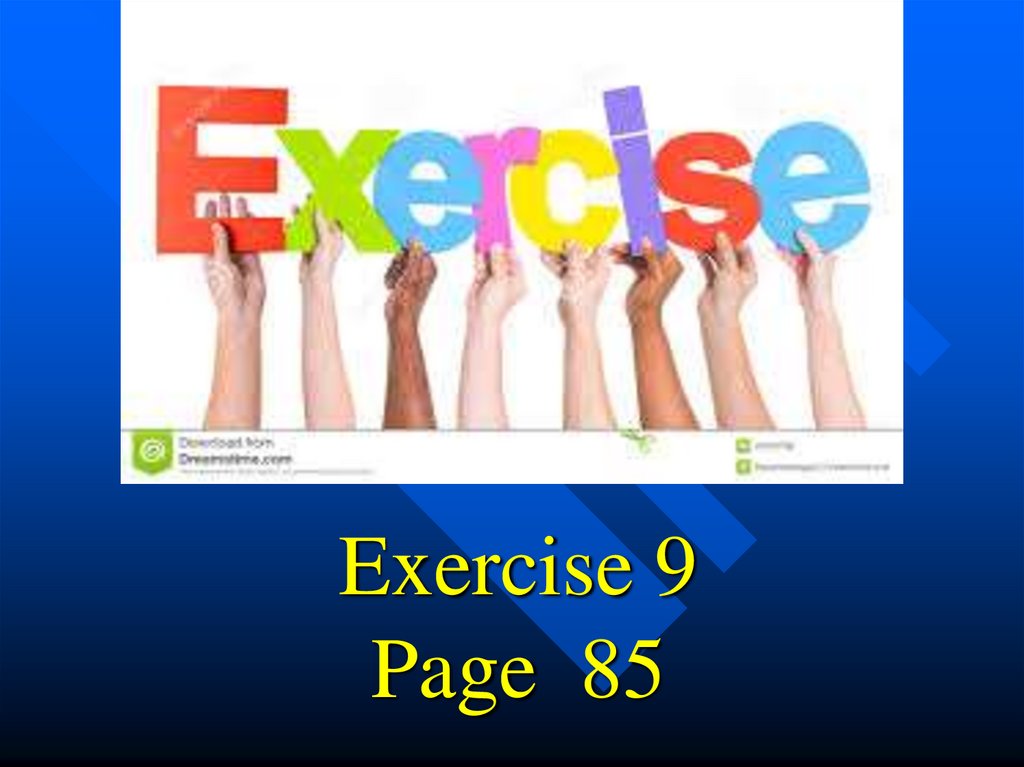


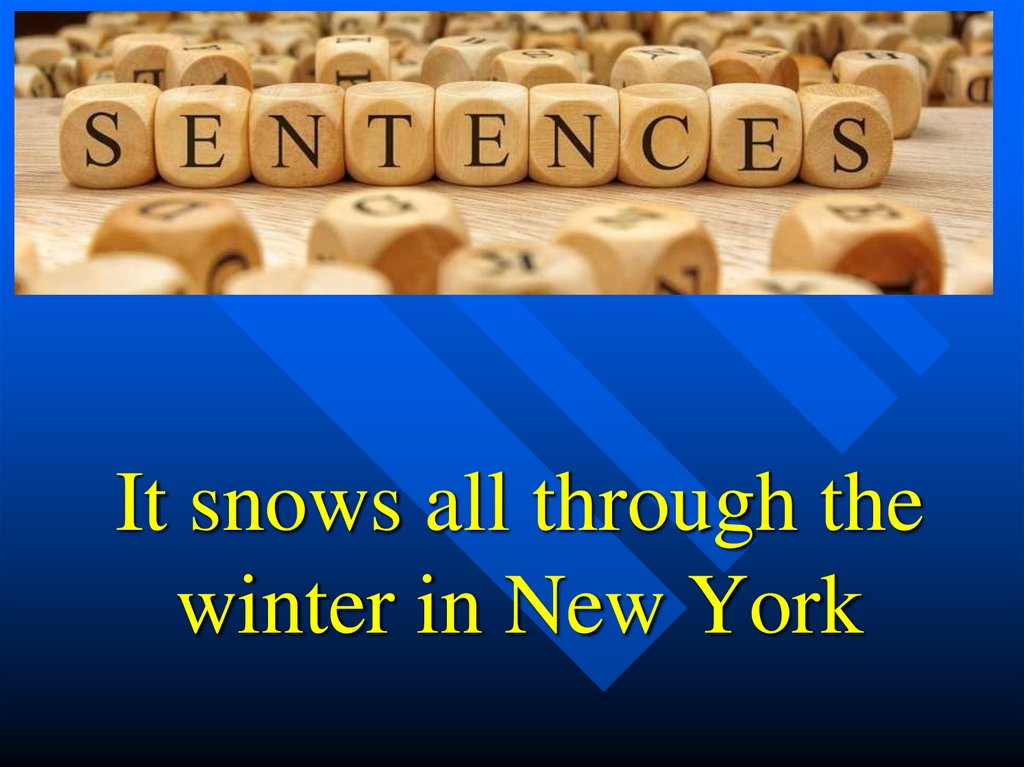
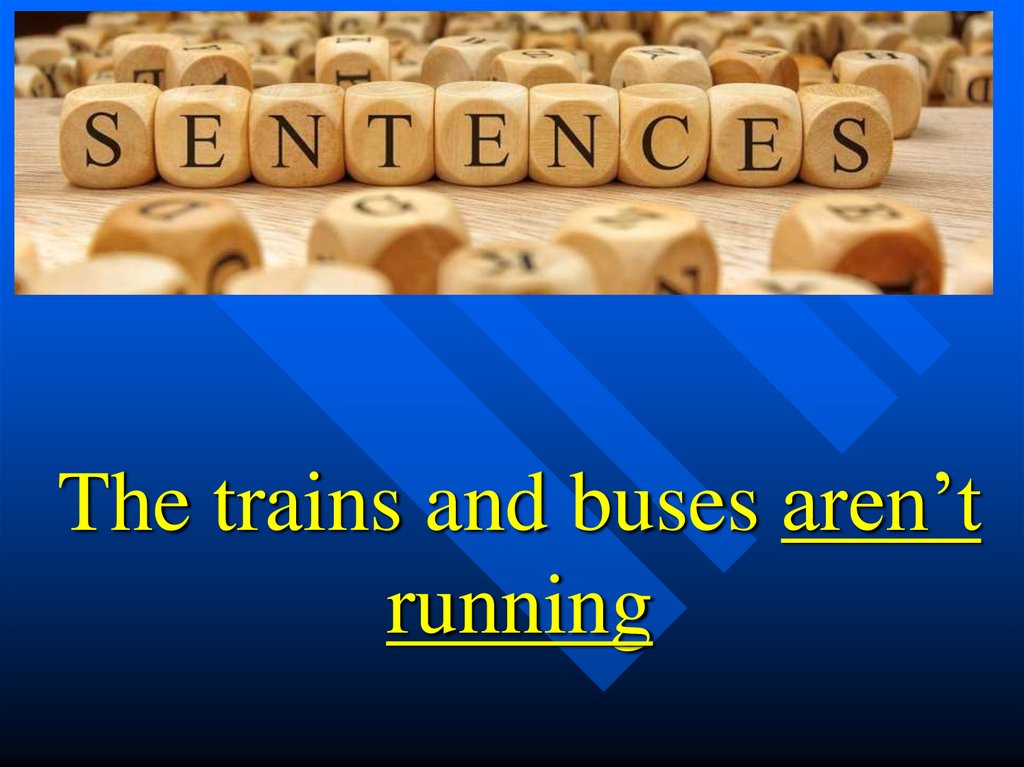
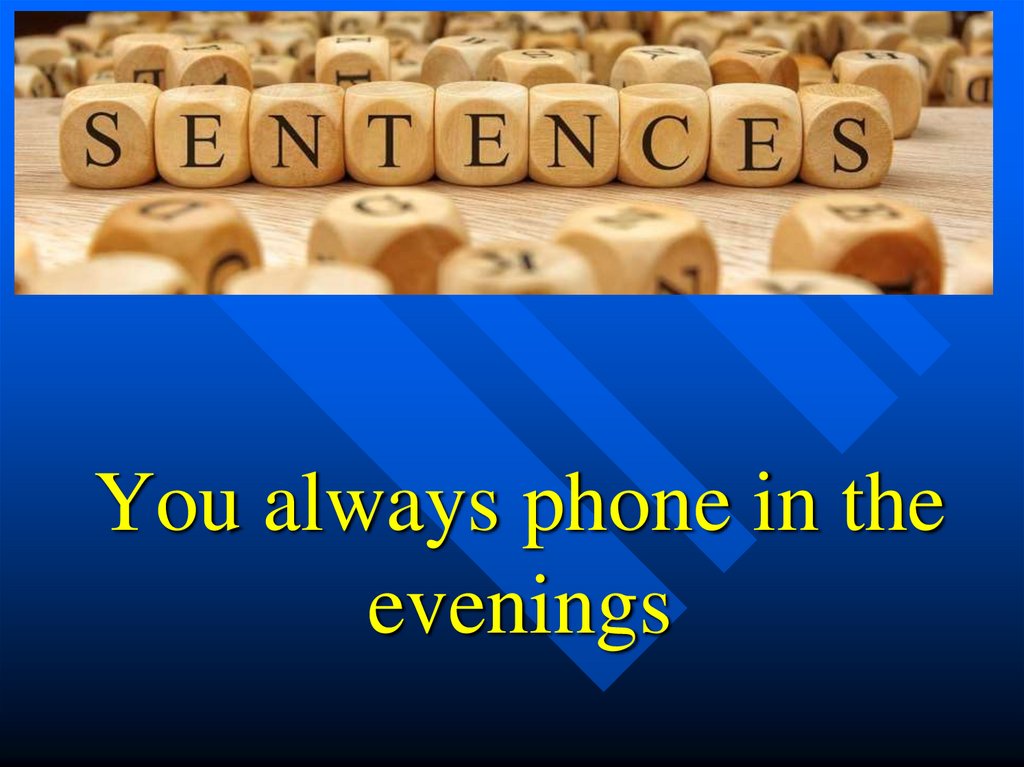
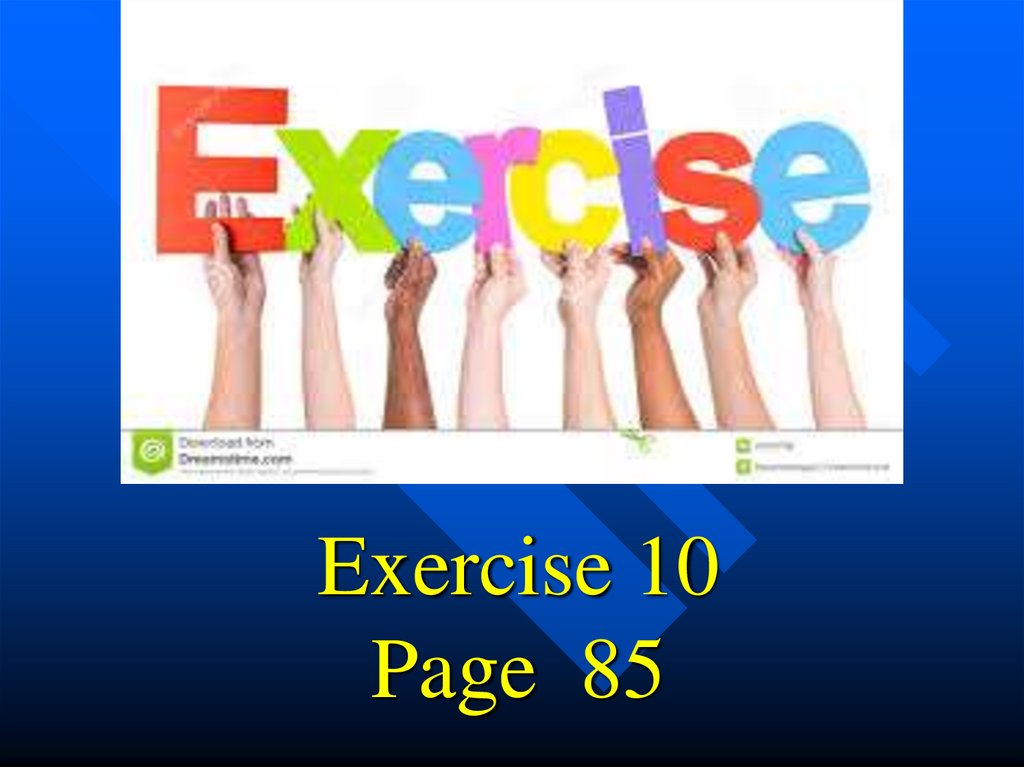
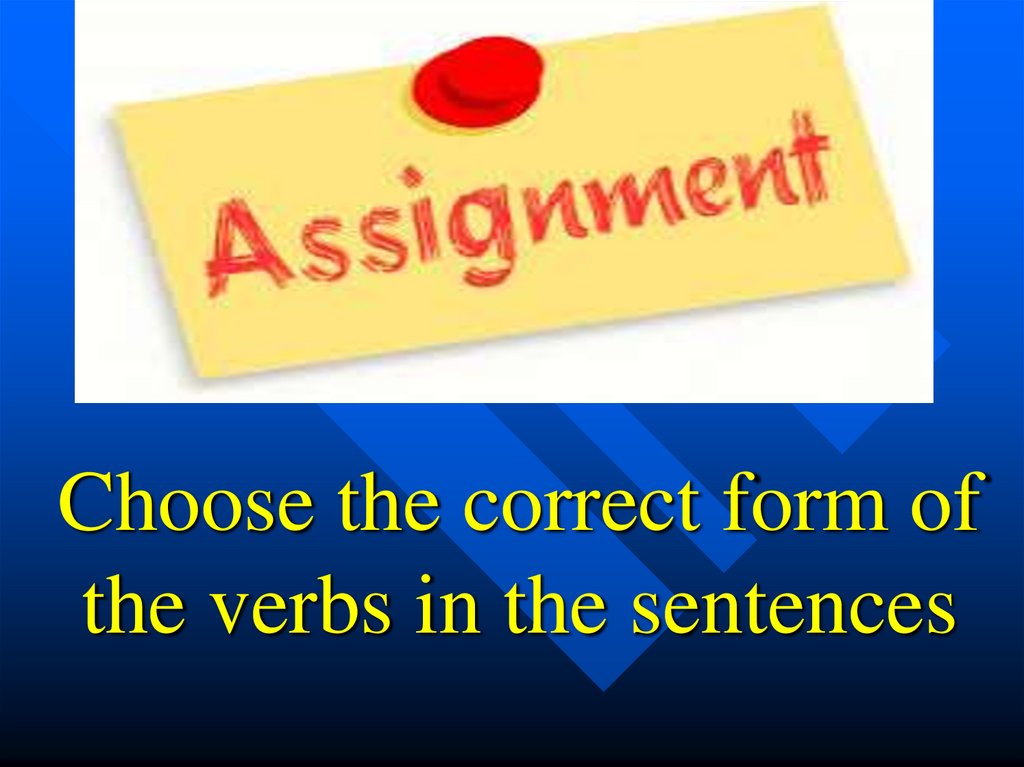
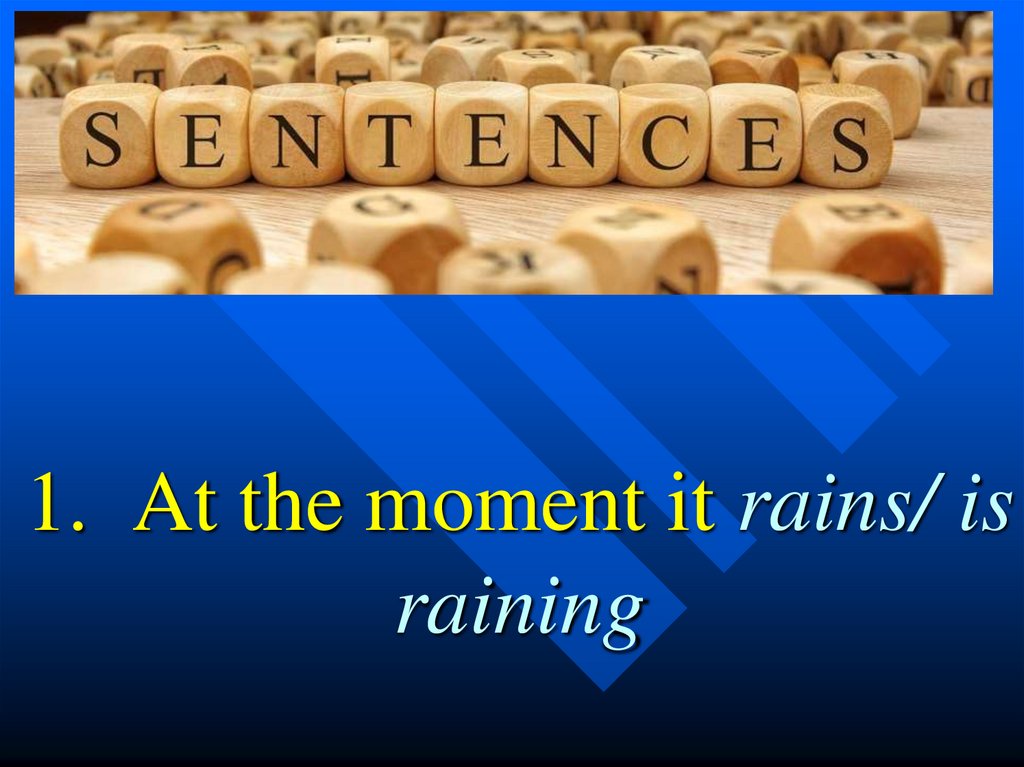

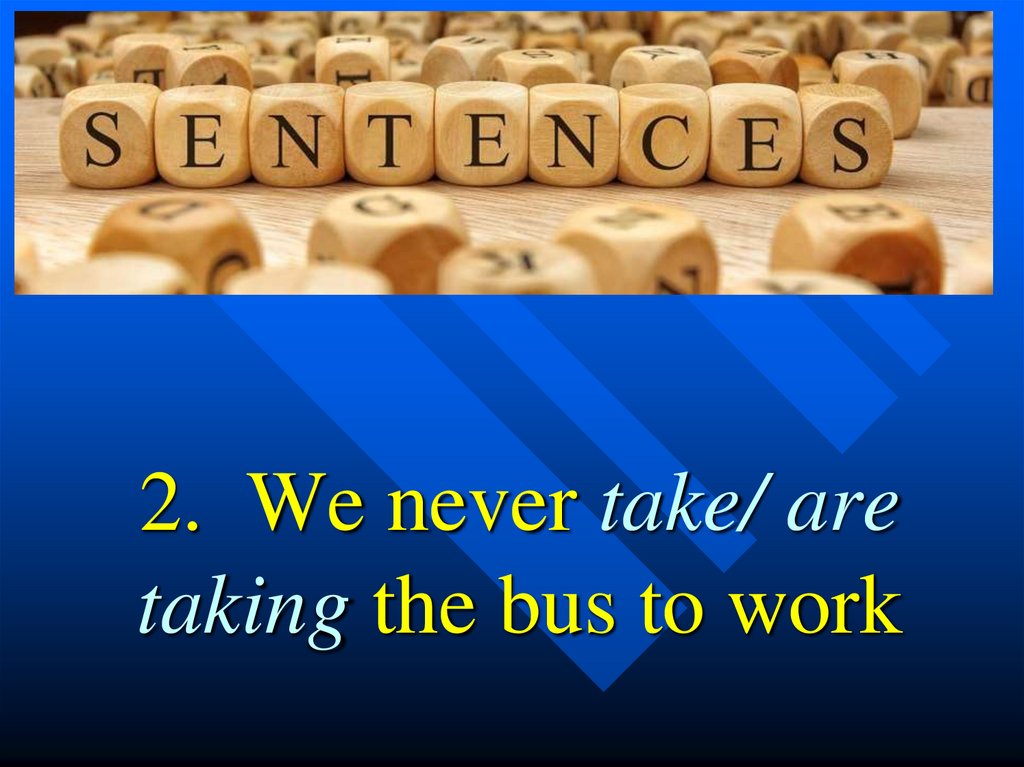


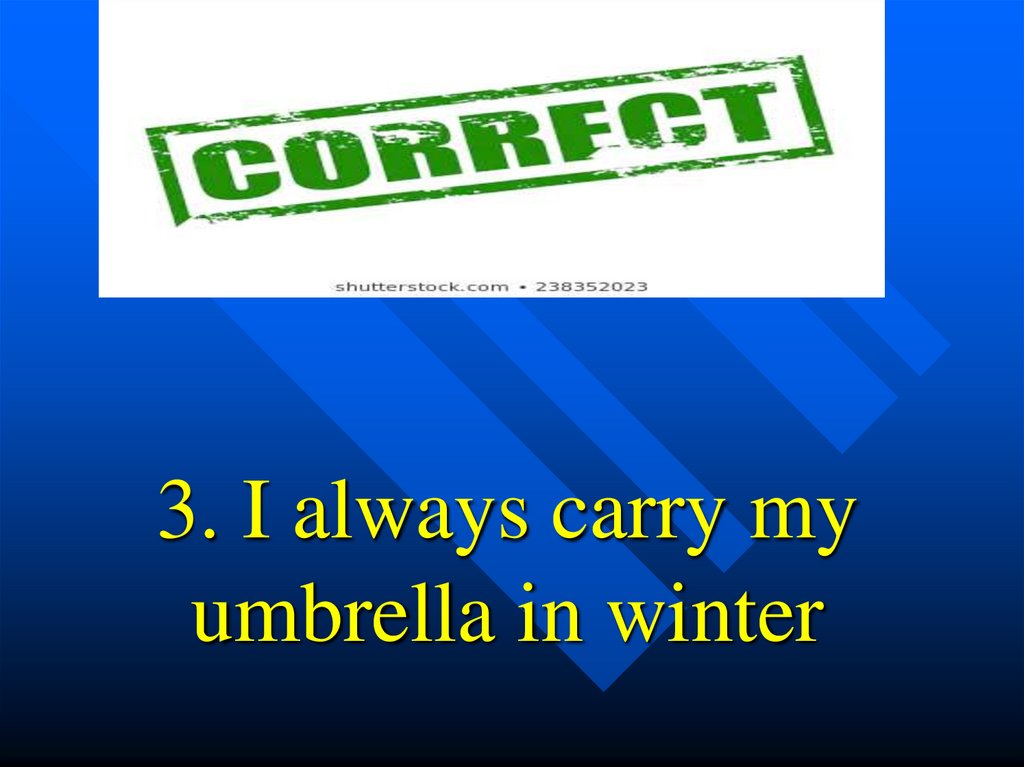
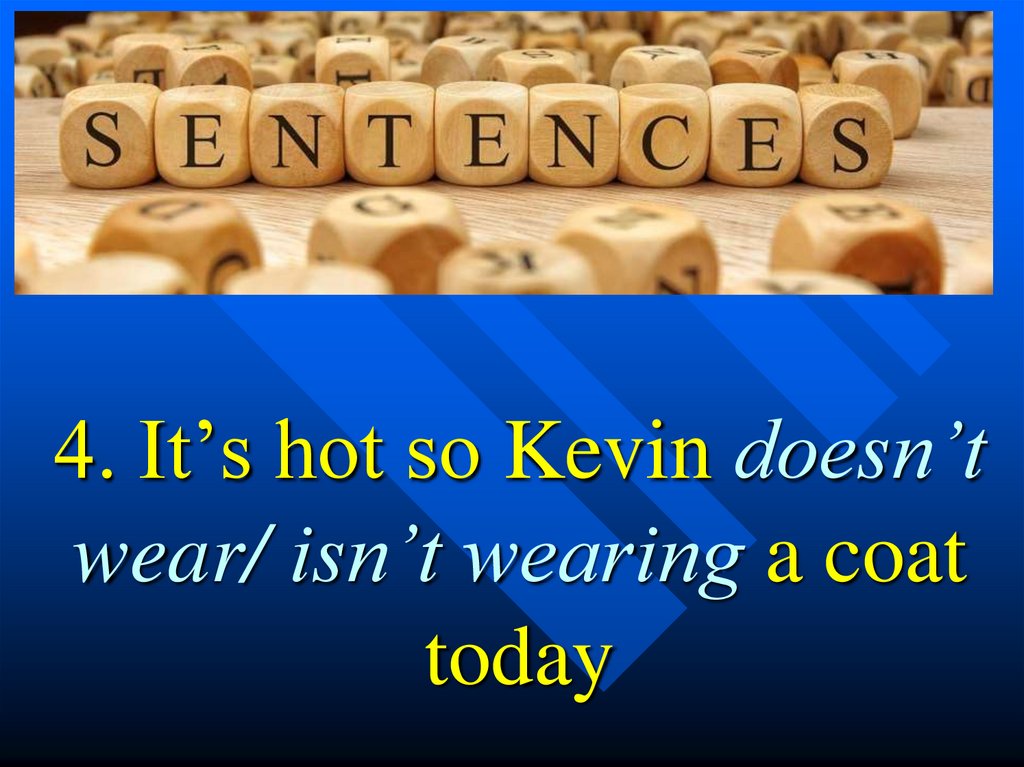

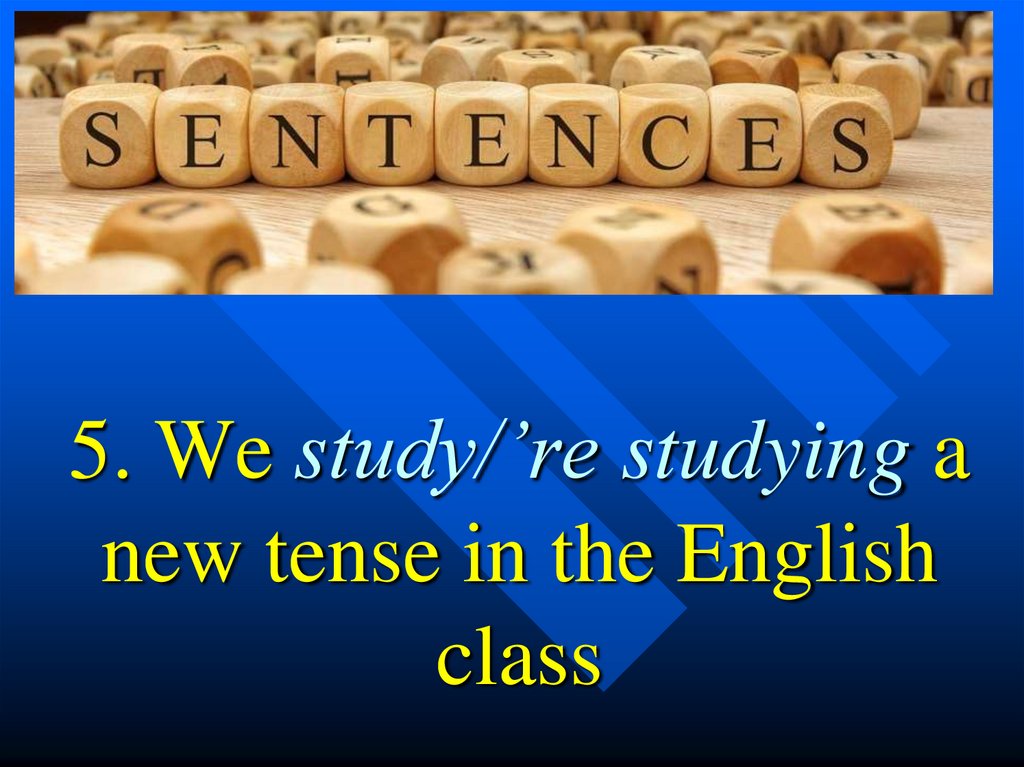

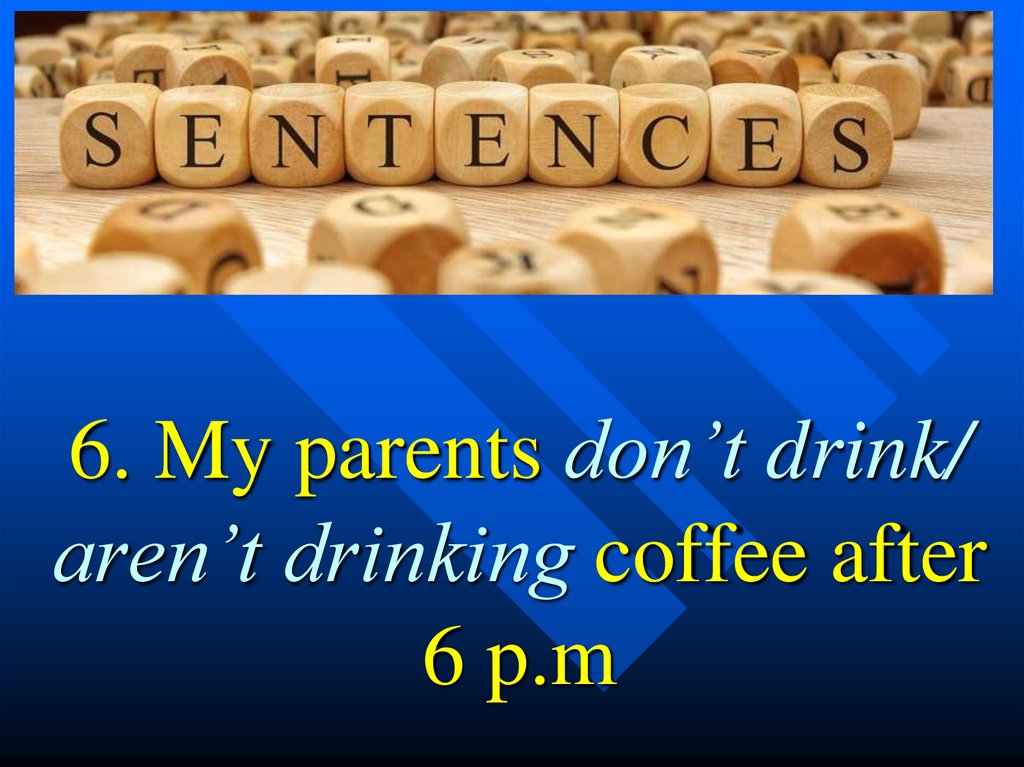

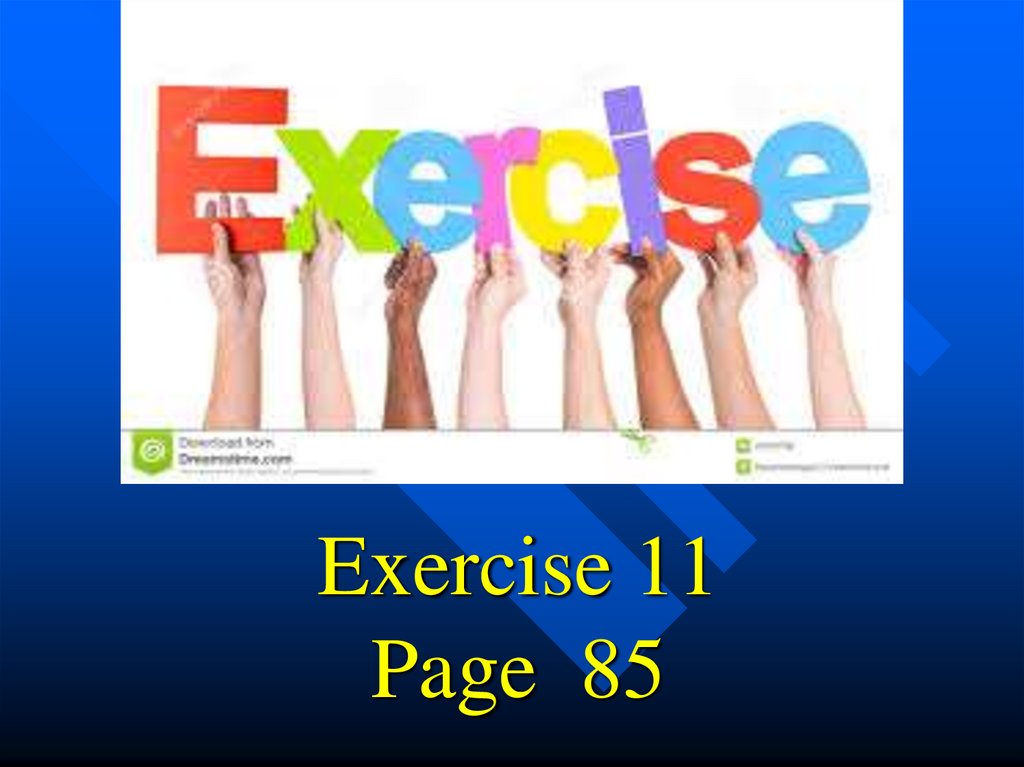
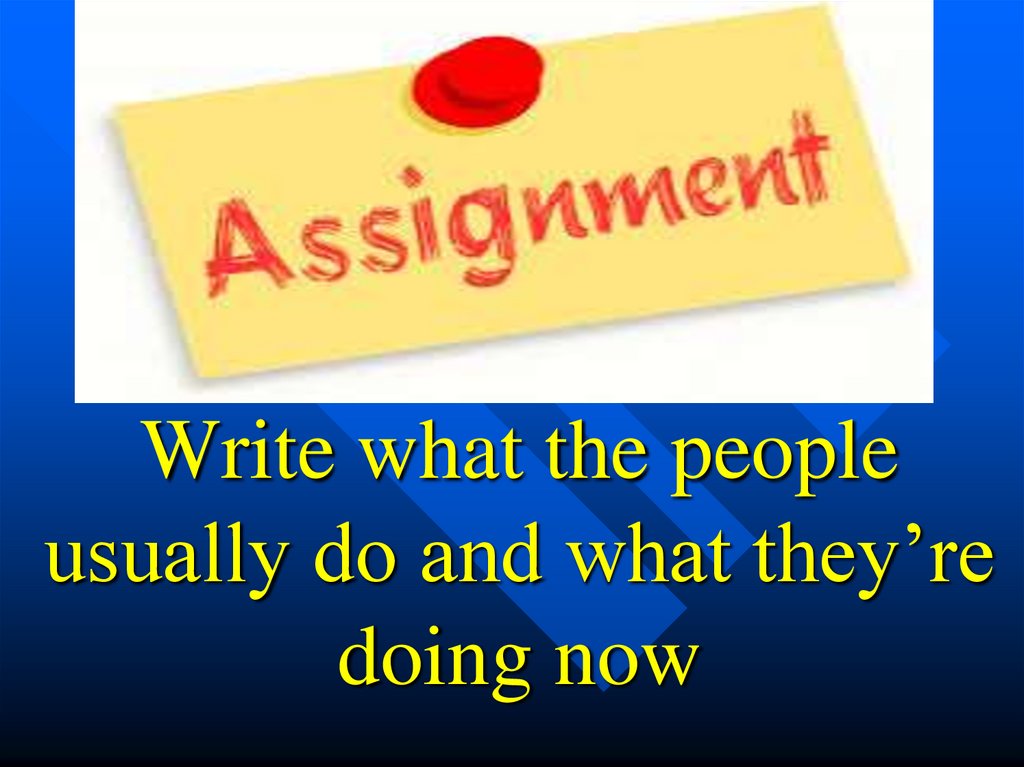
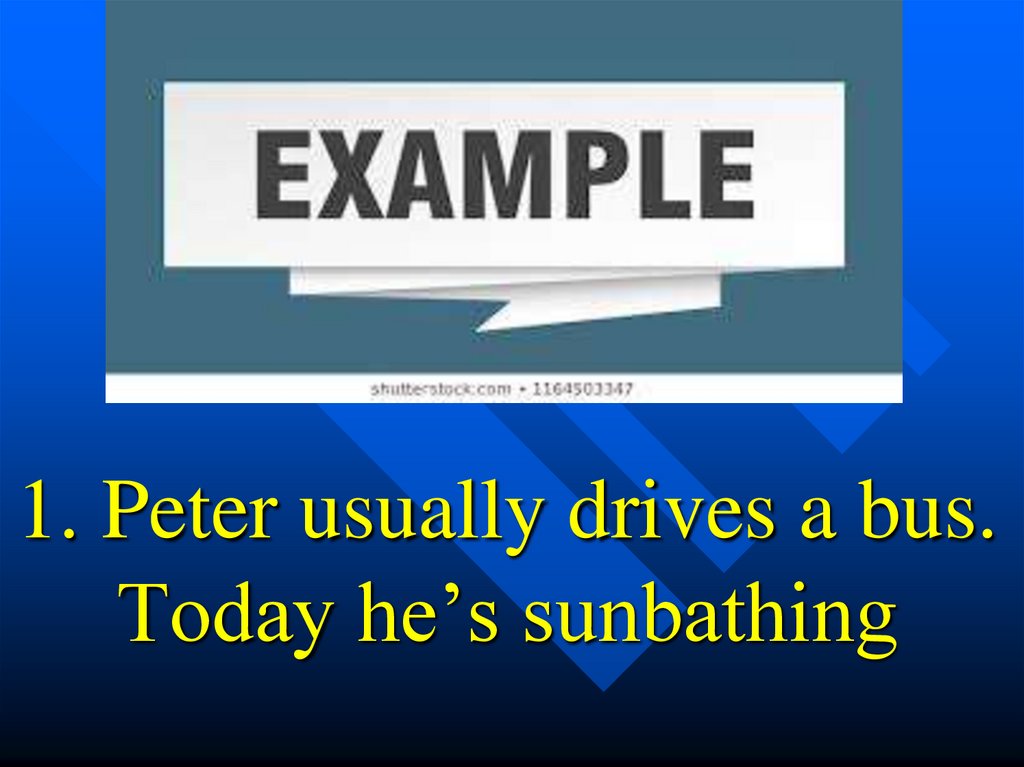
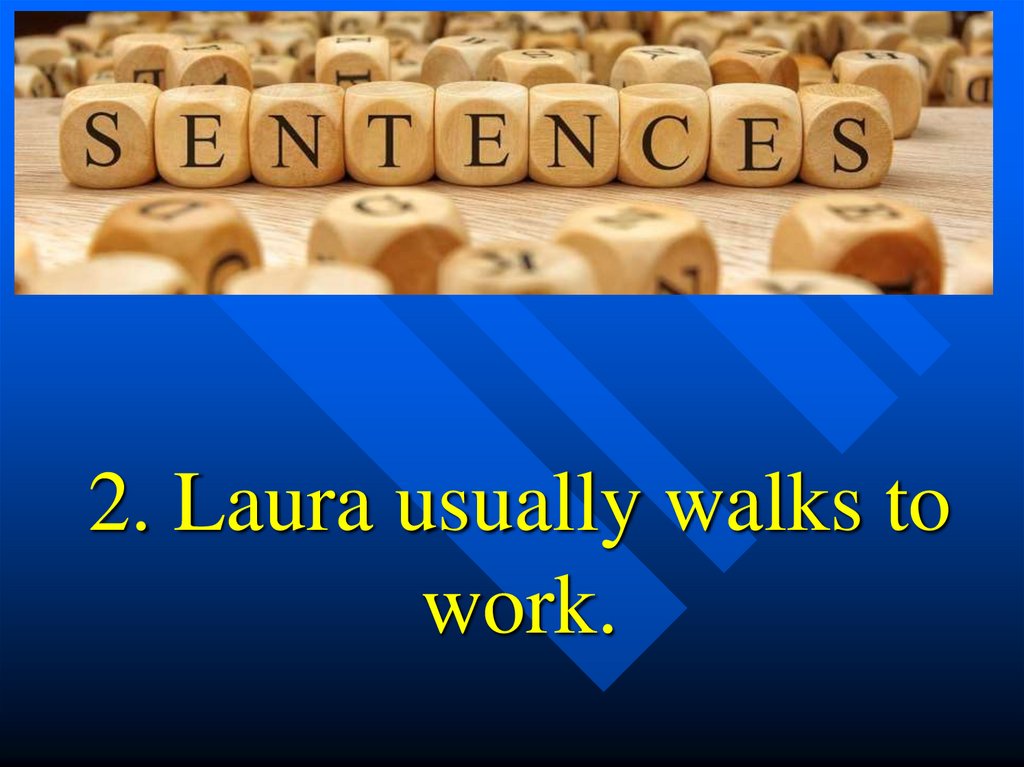


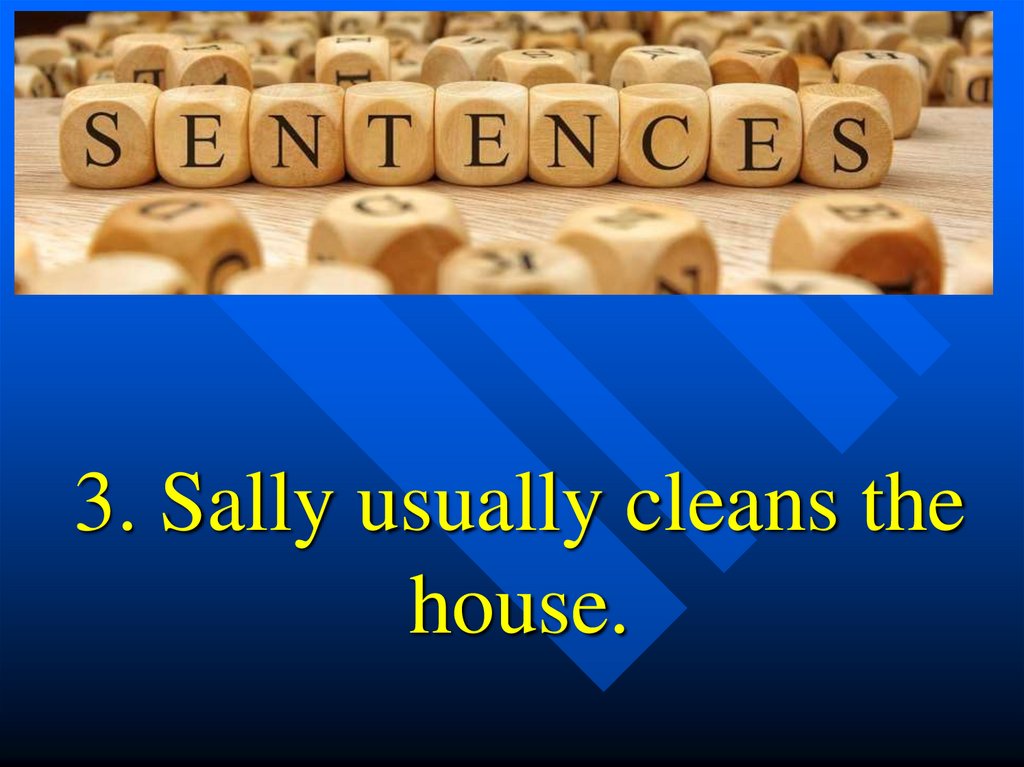

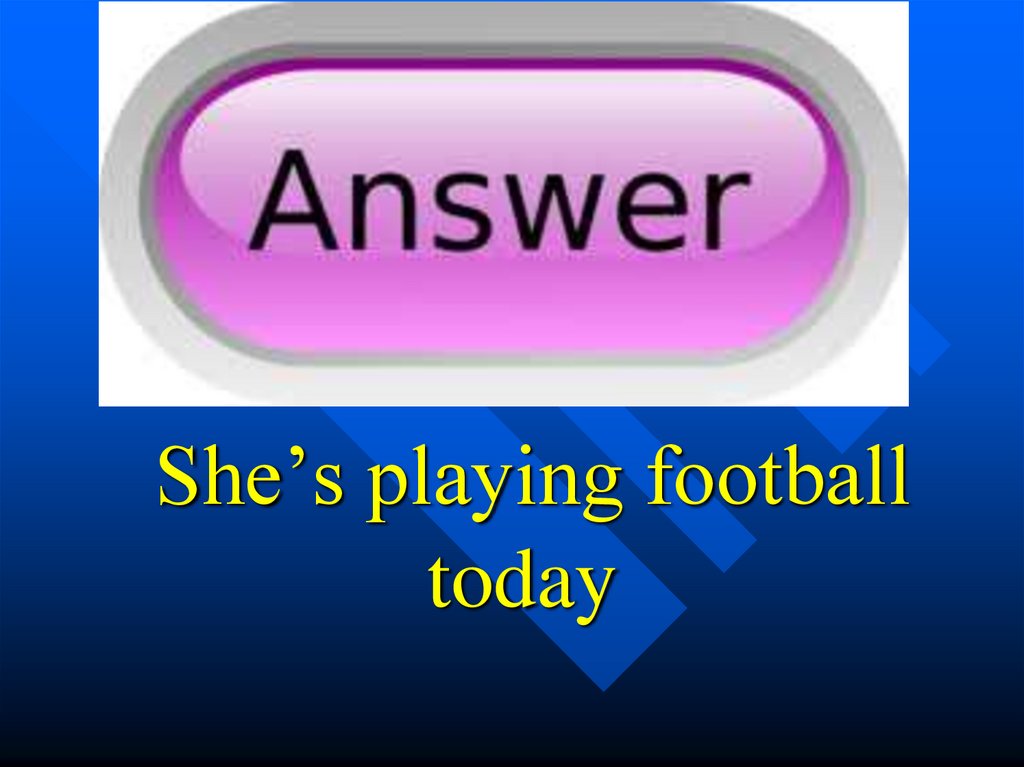
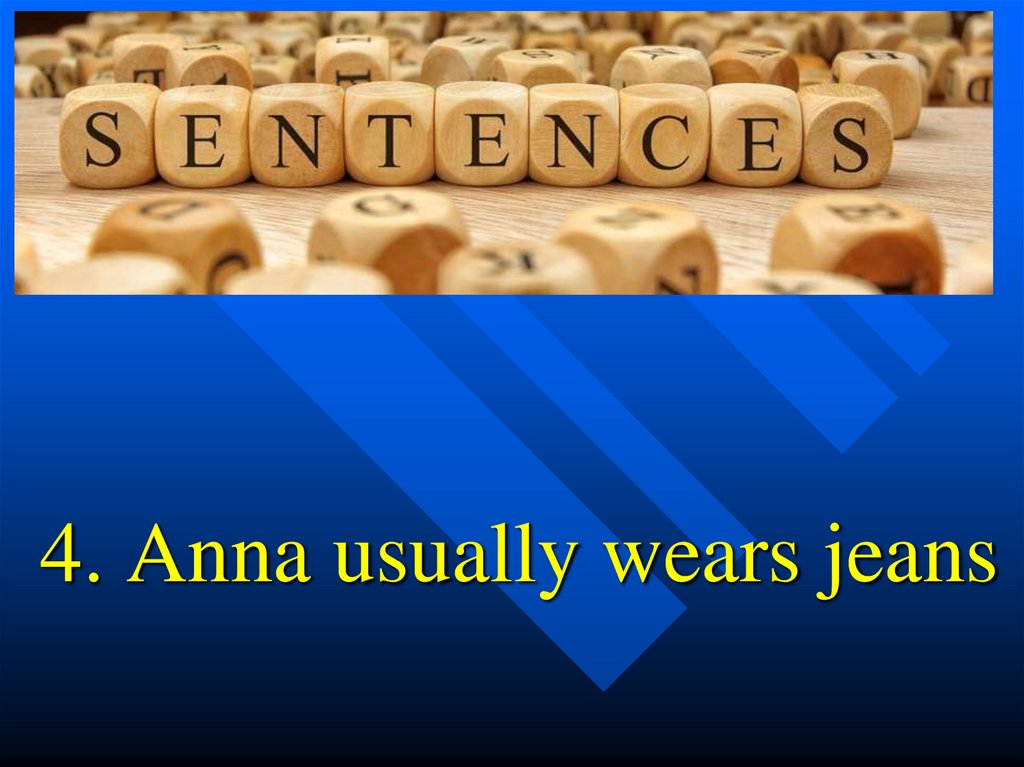


 english
english








